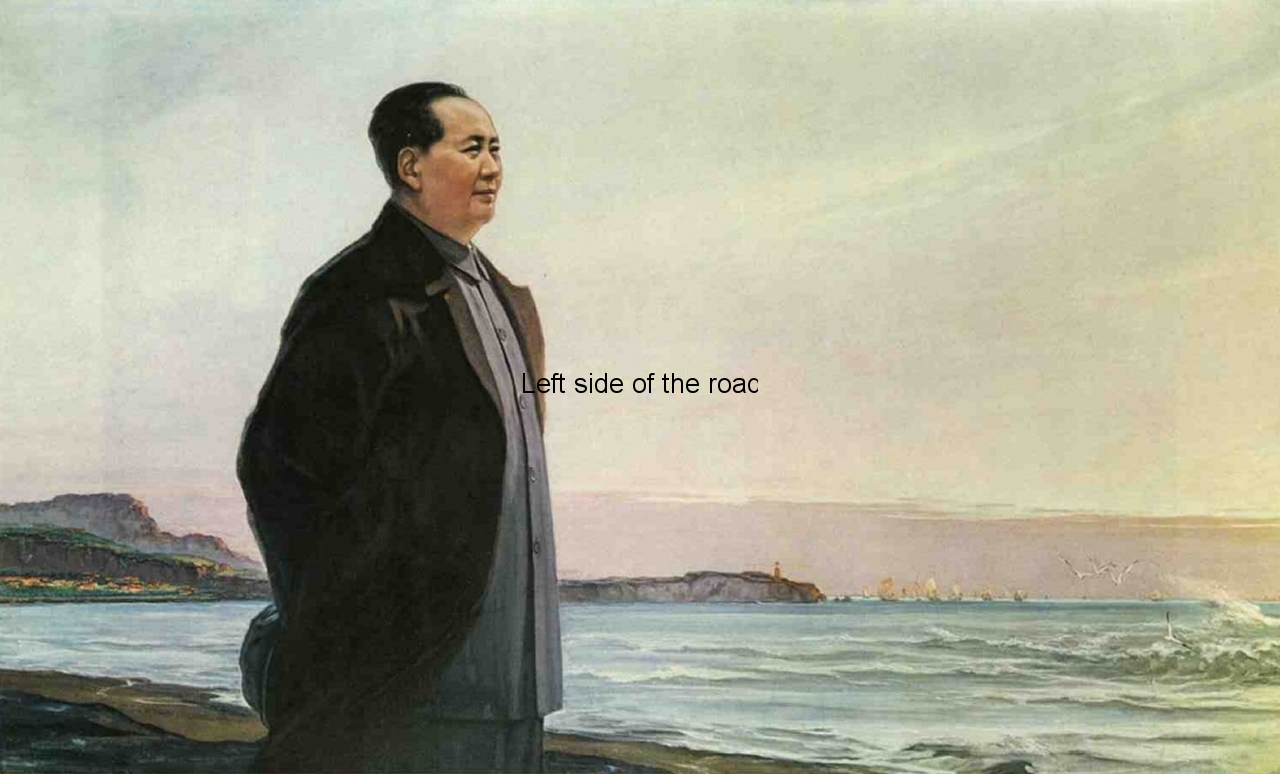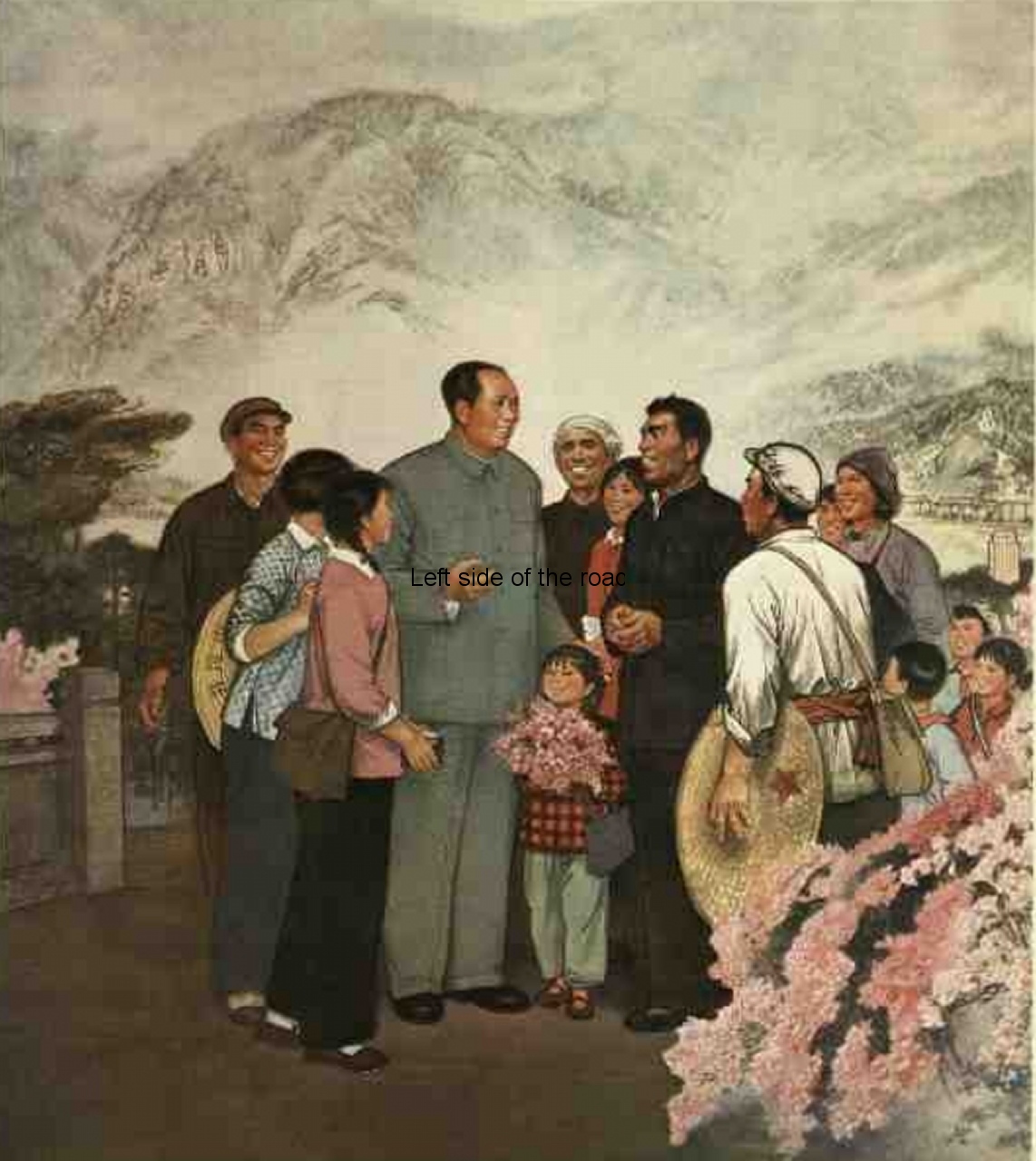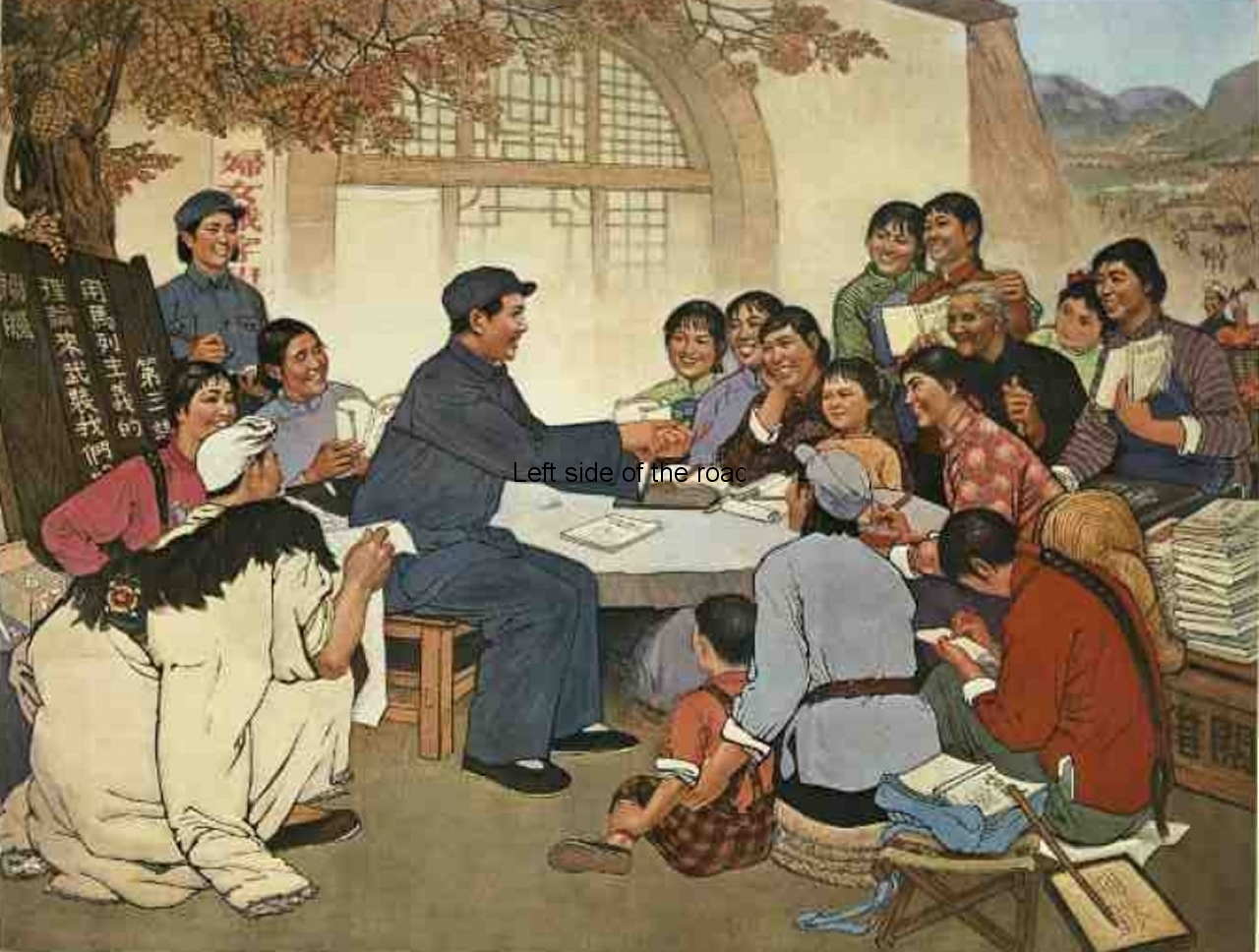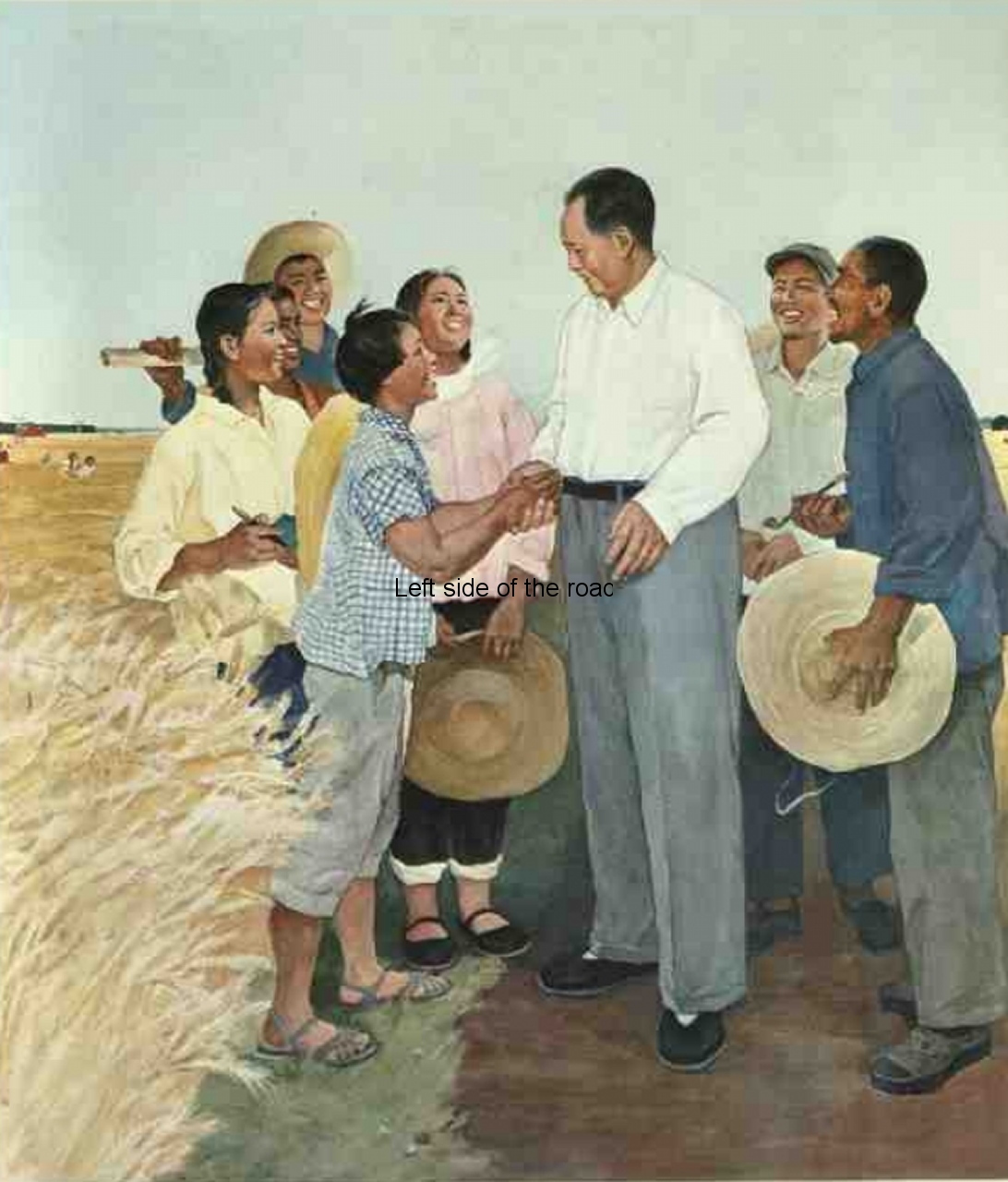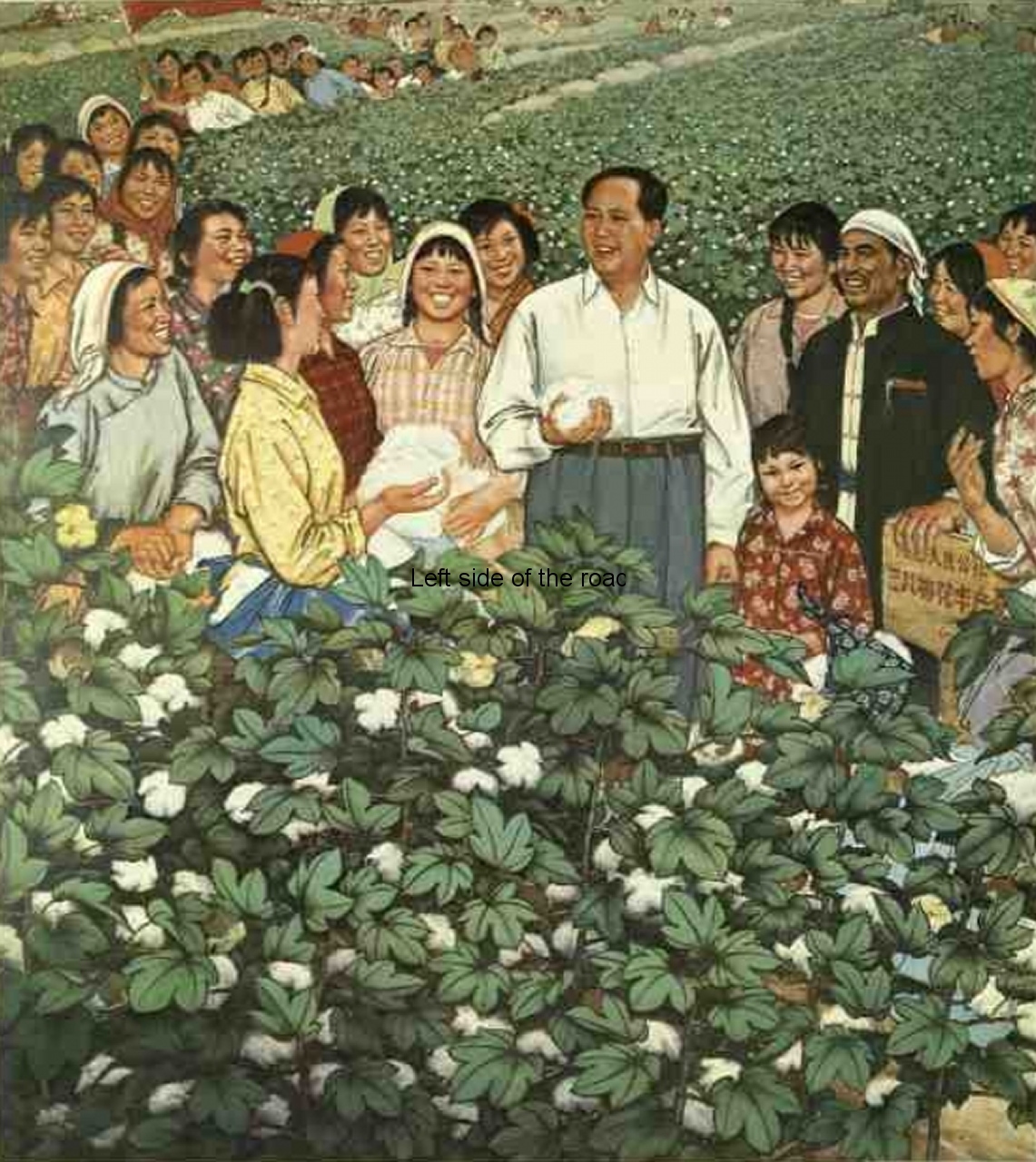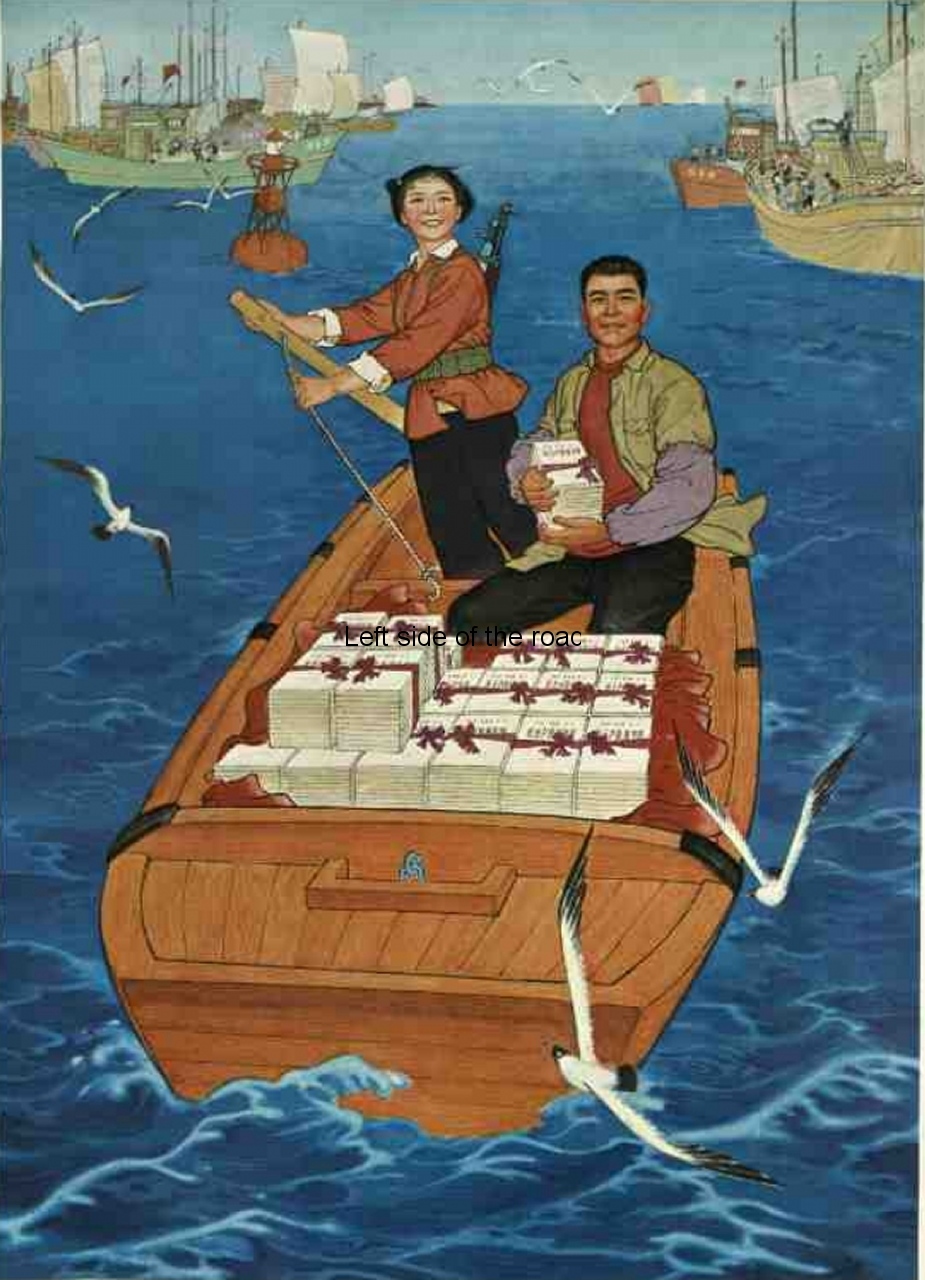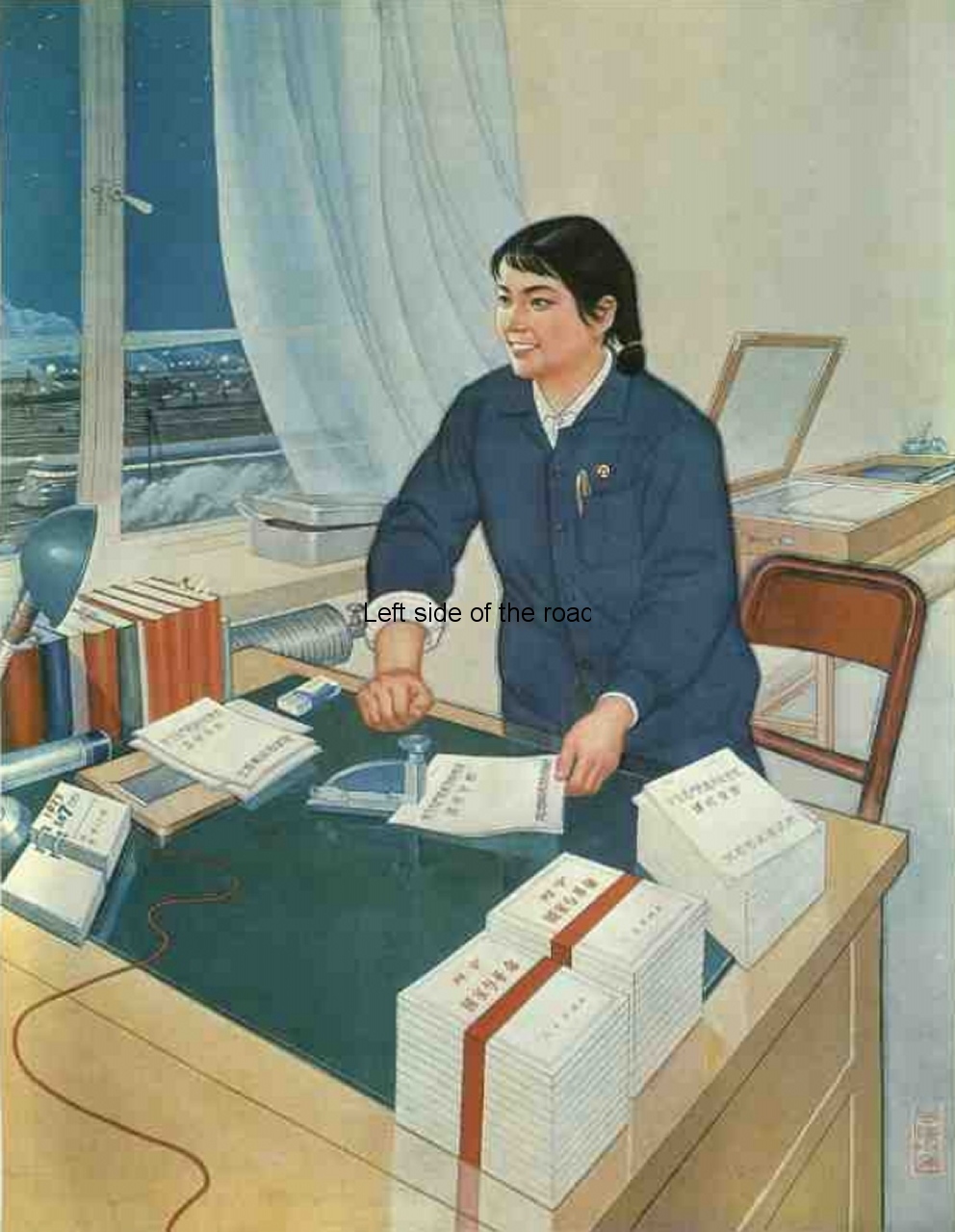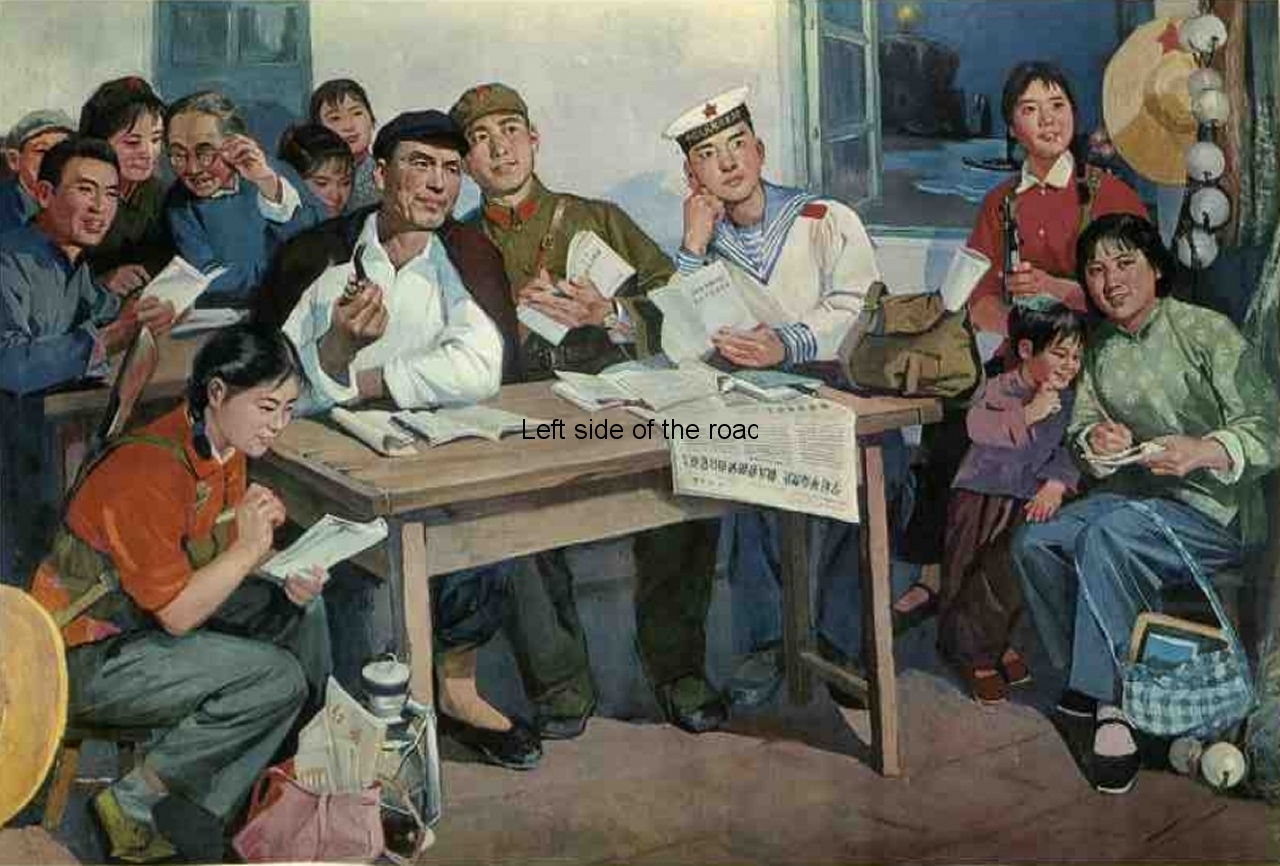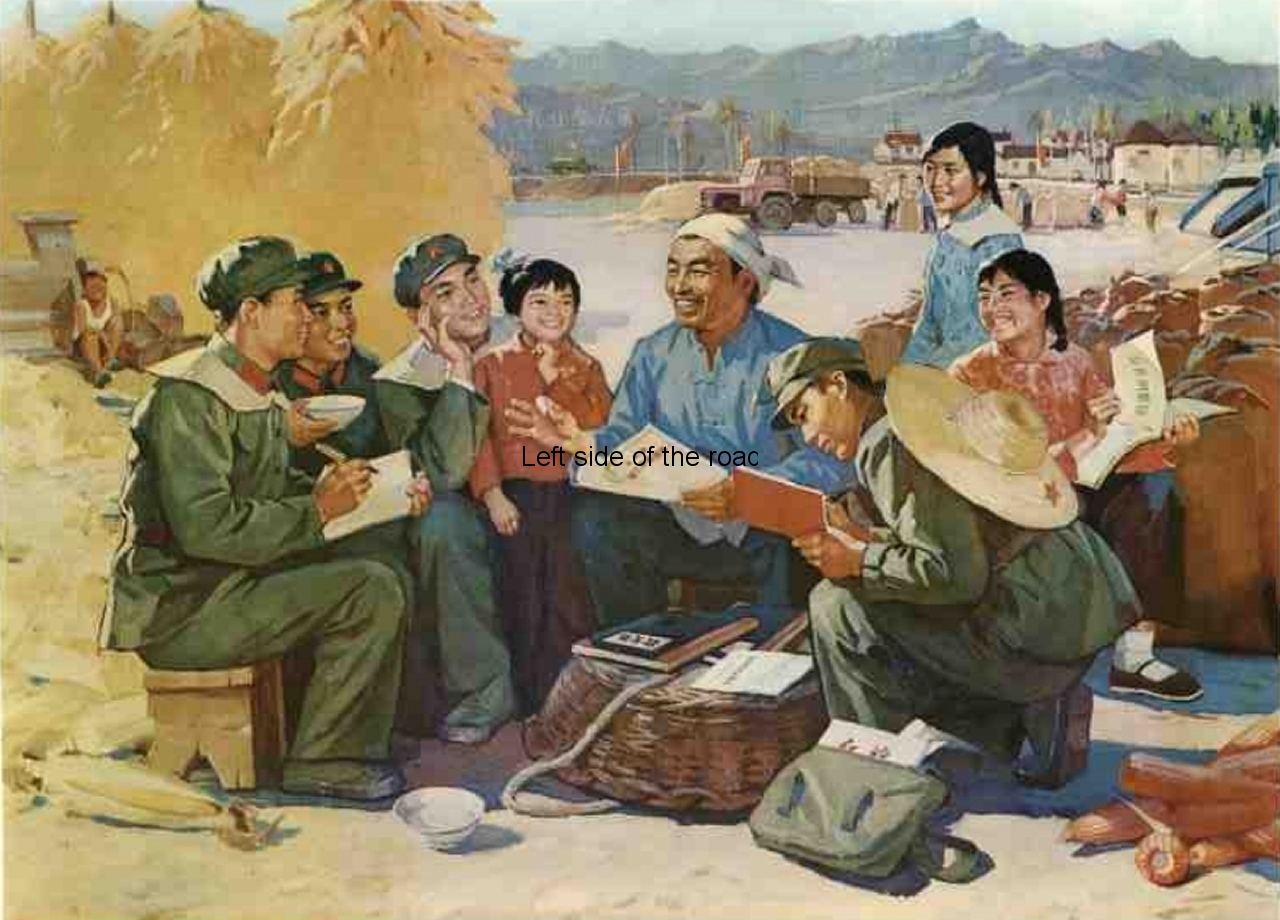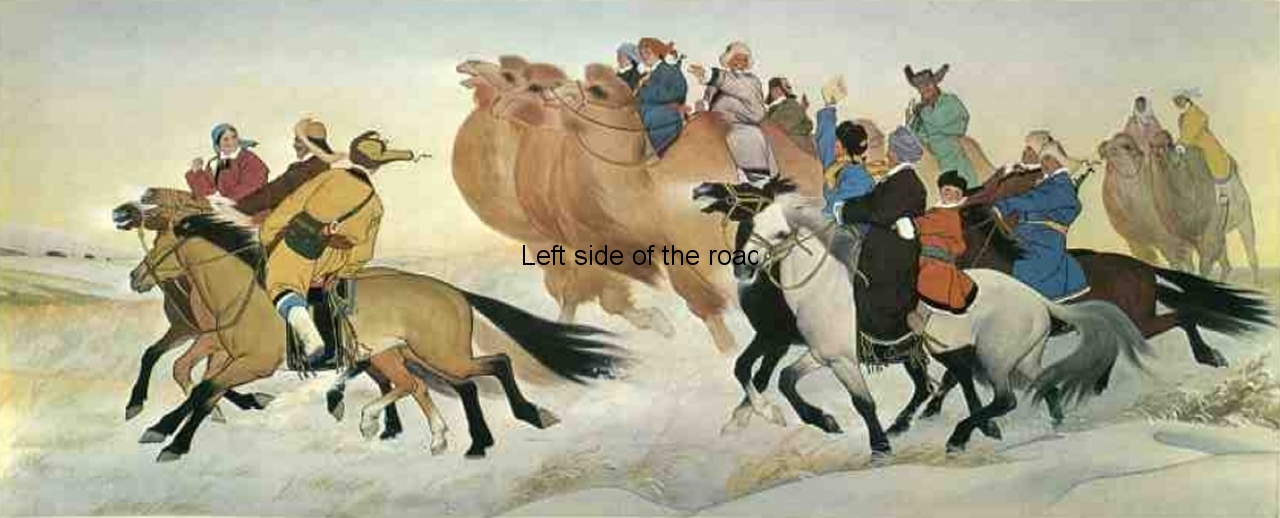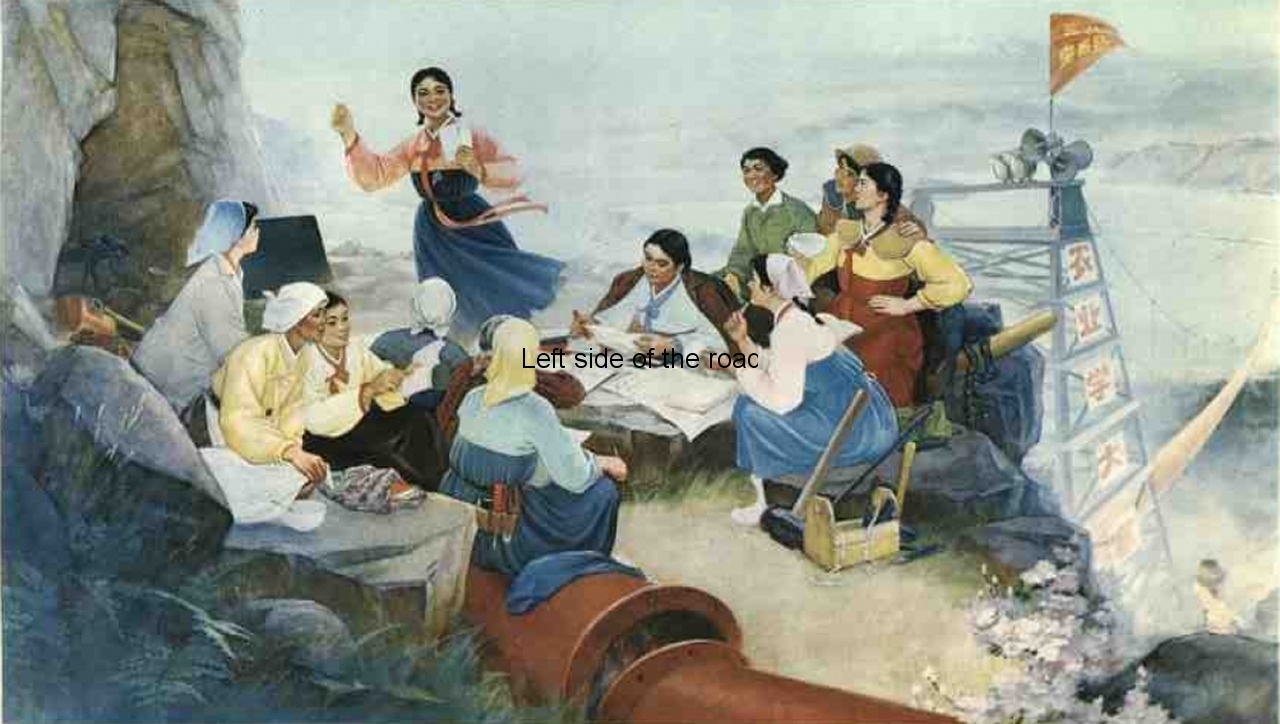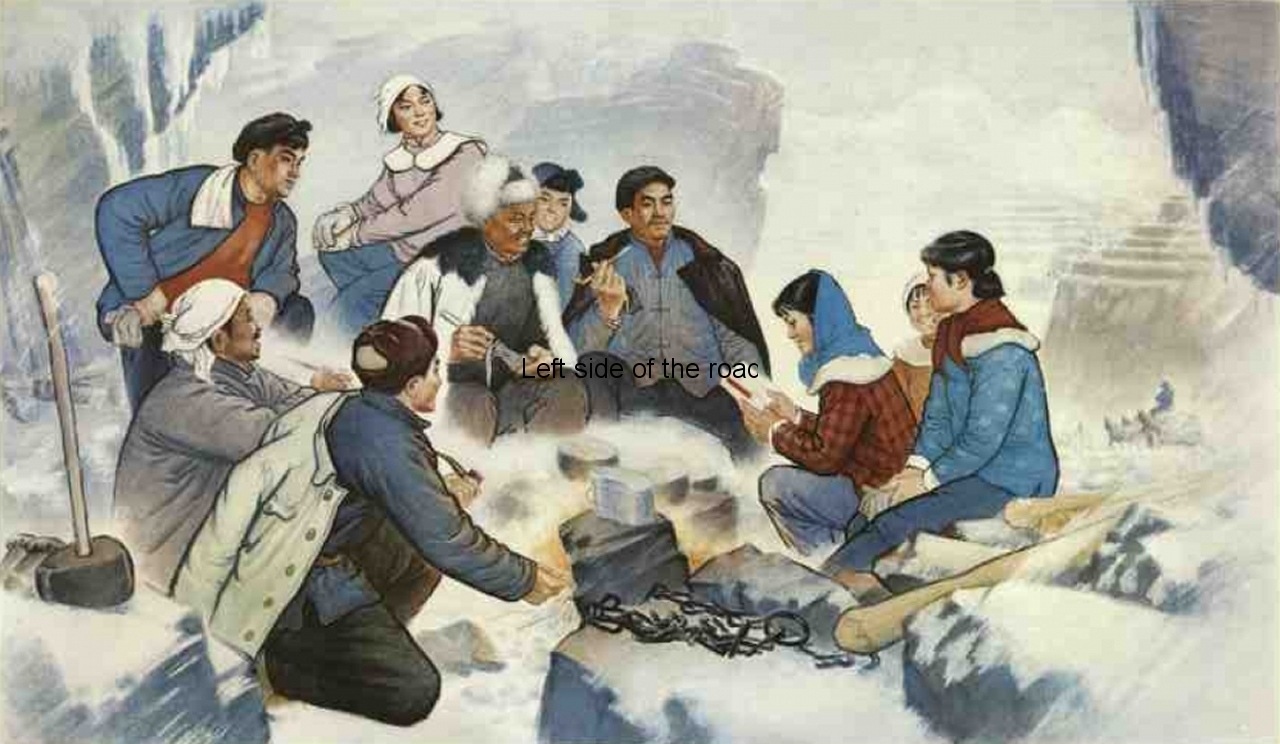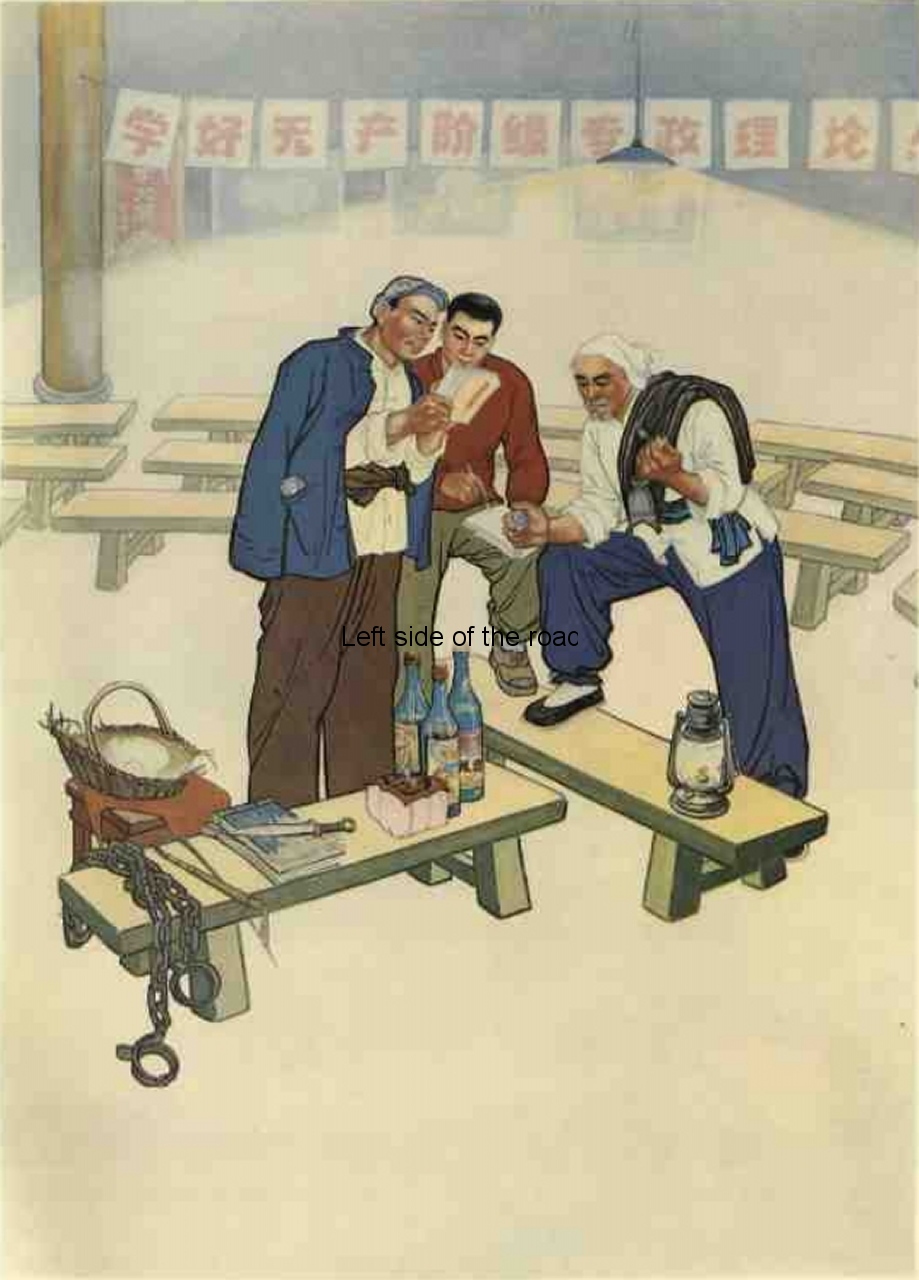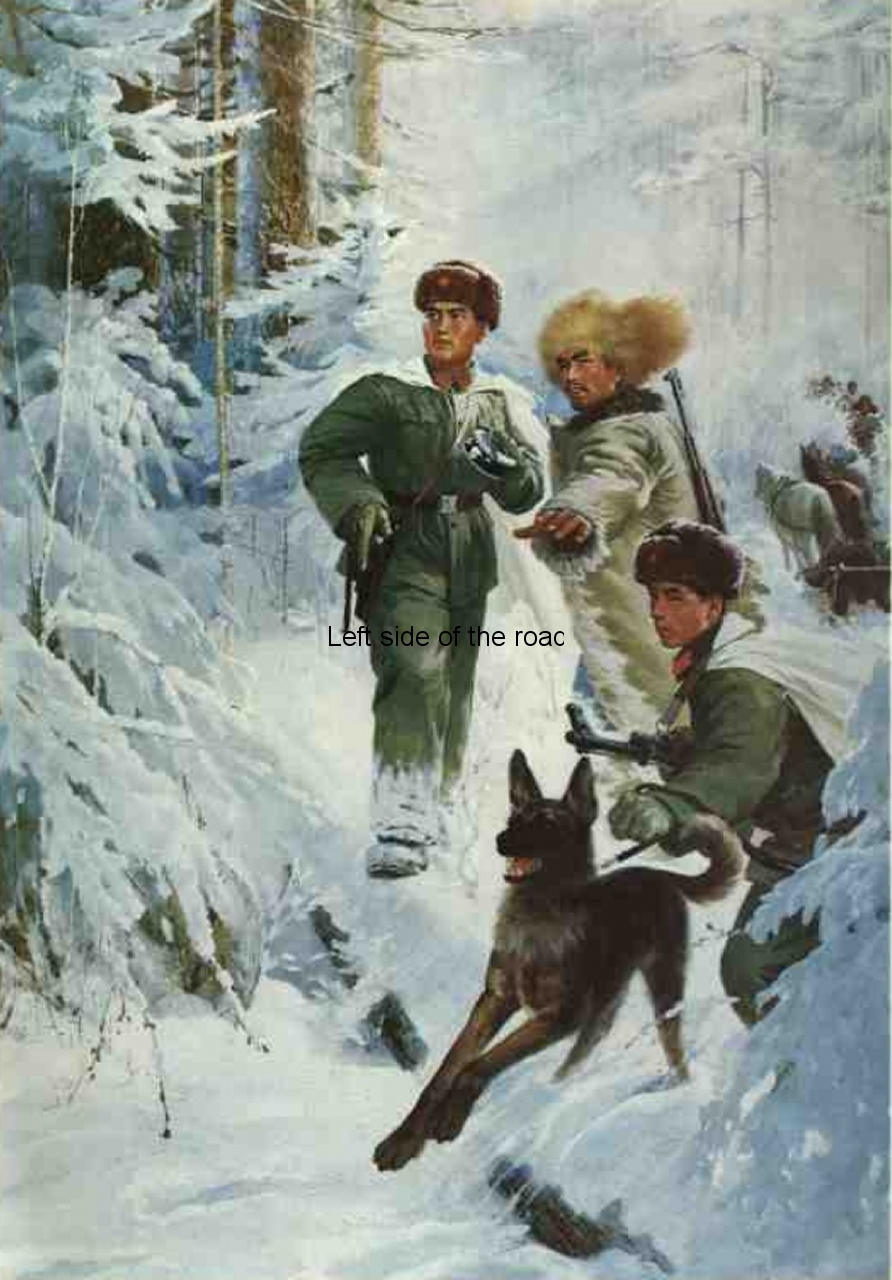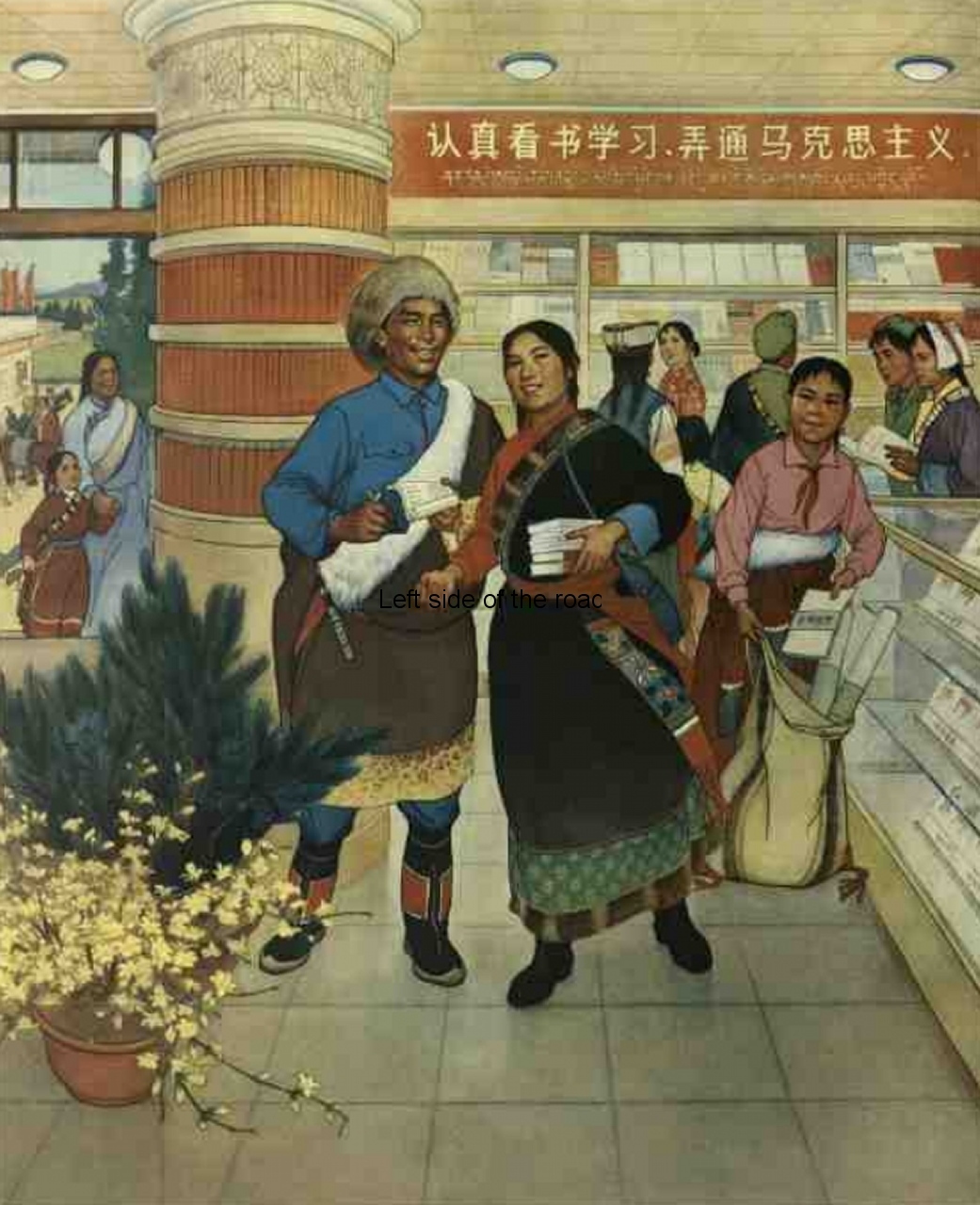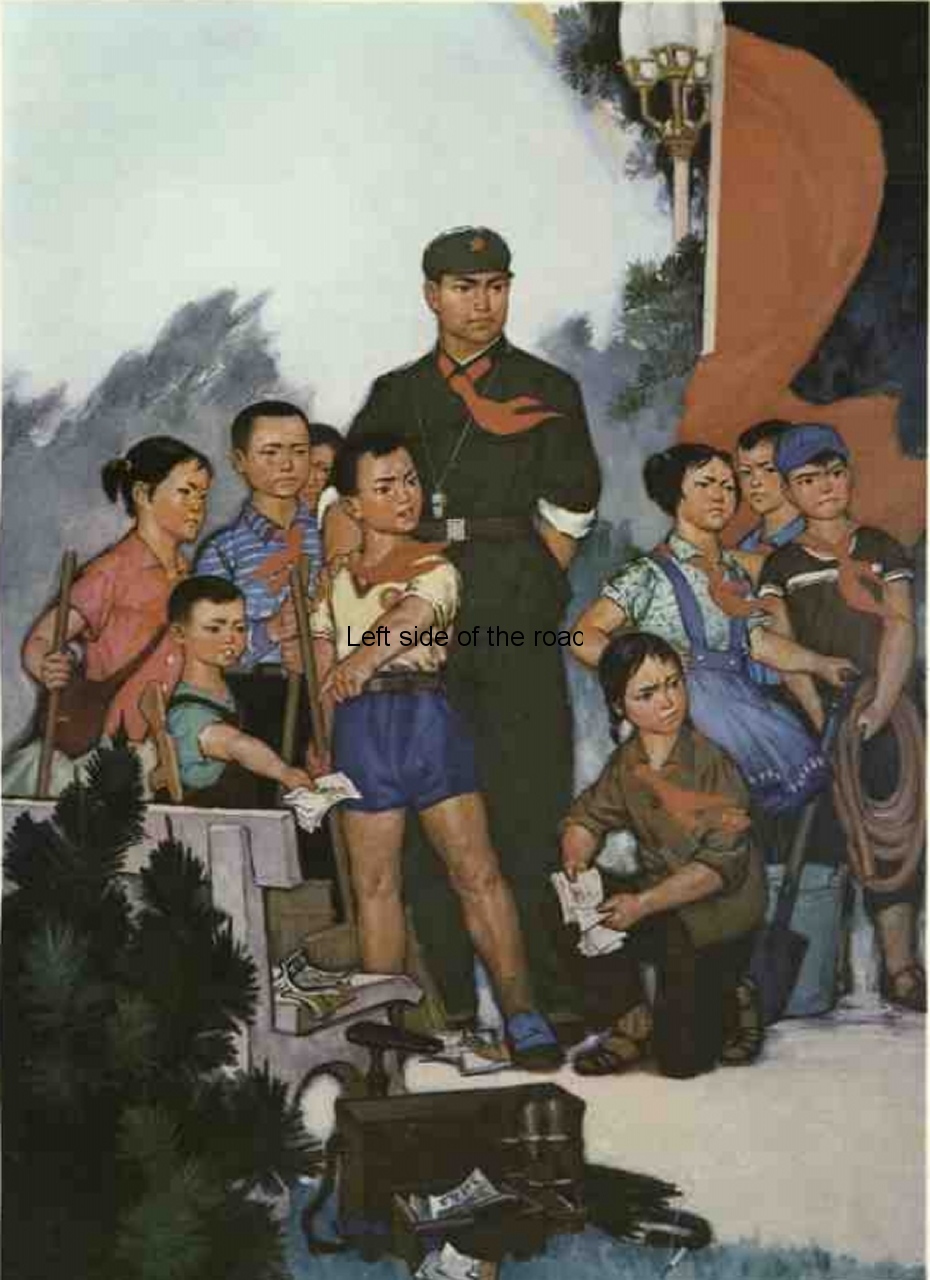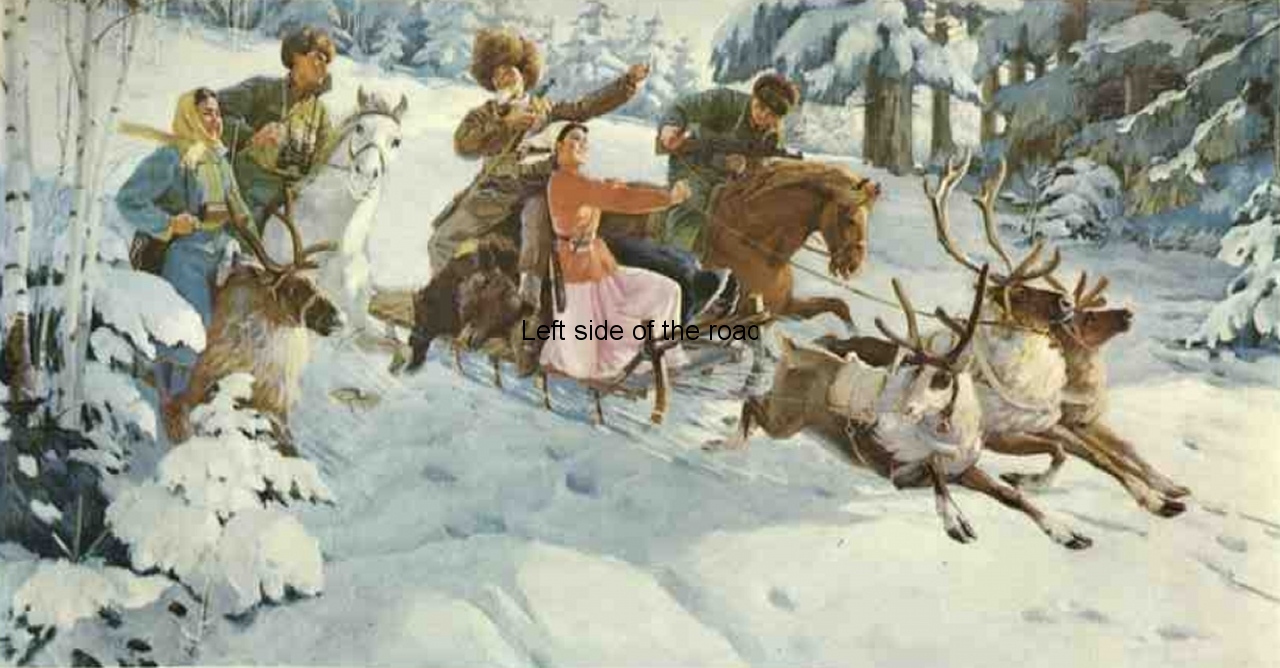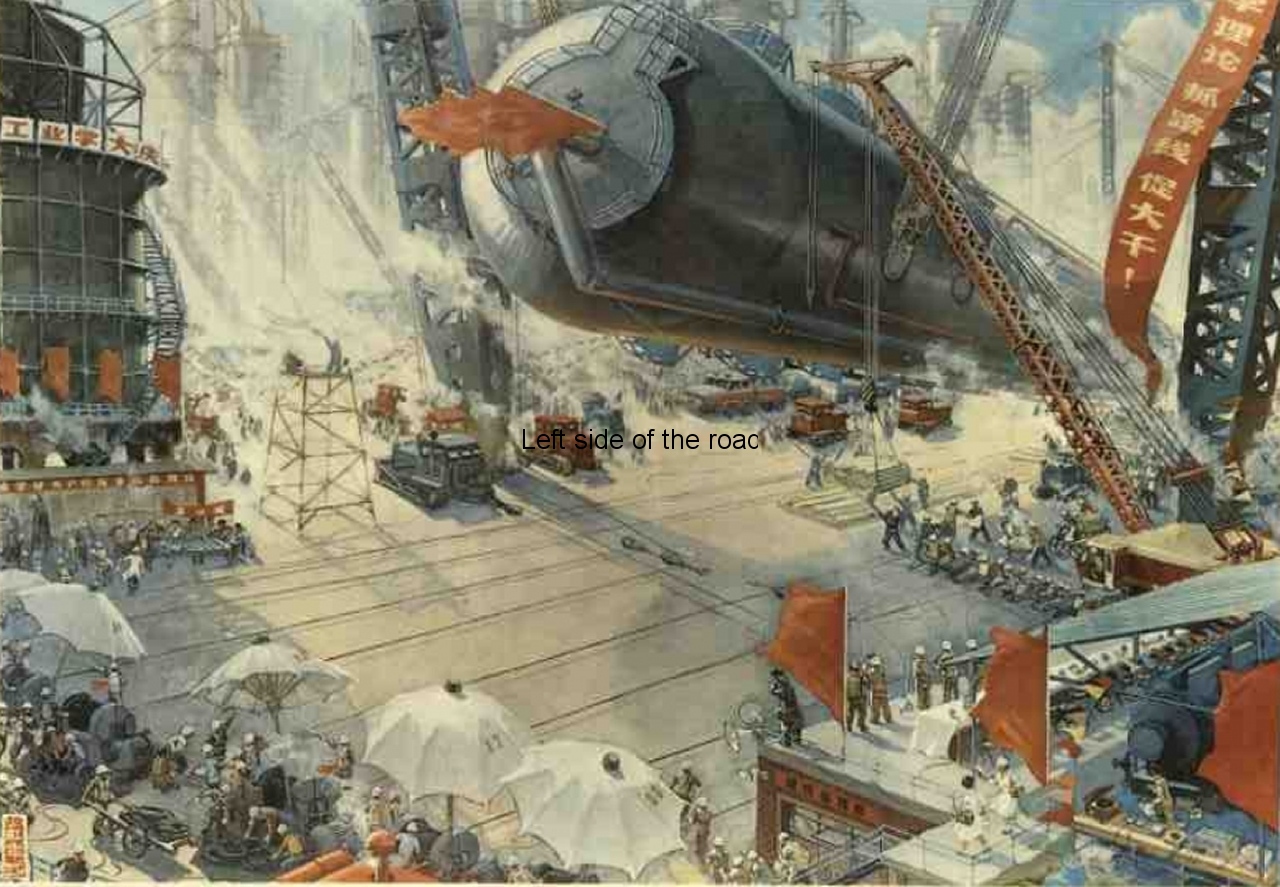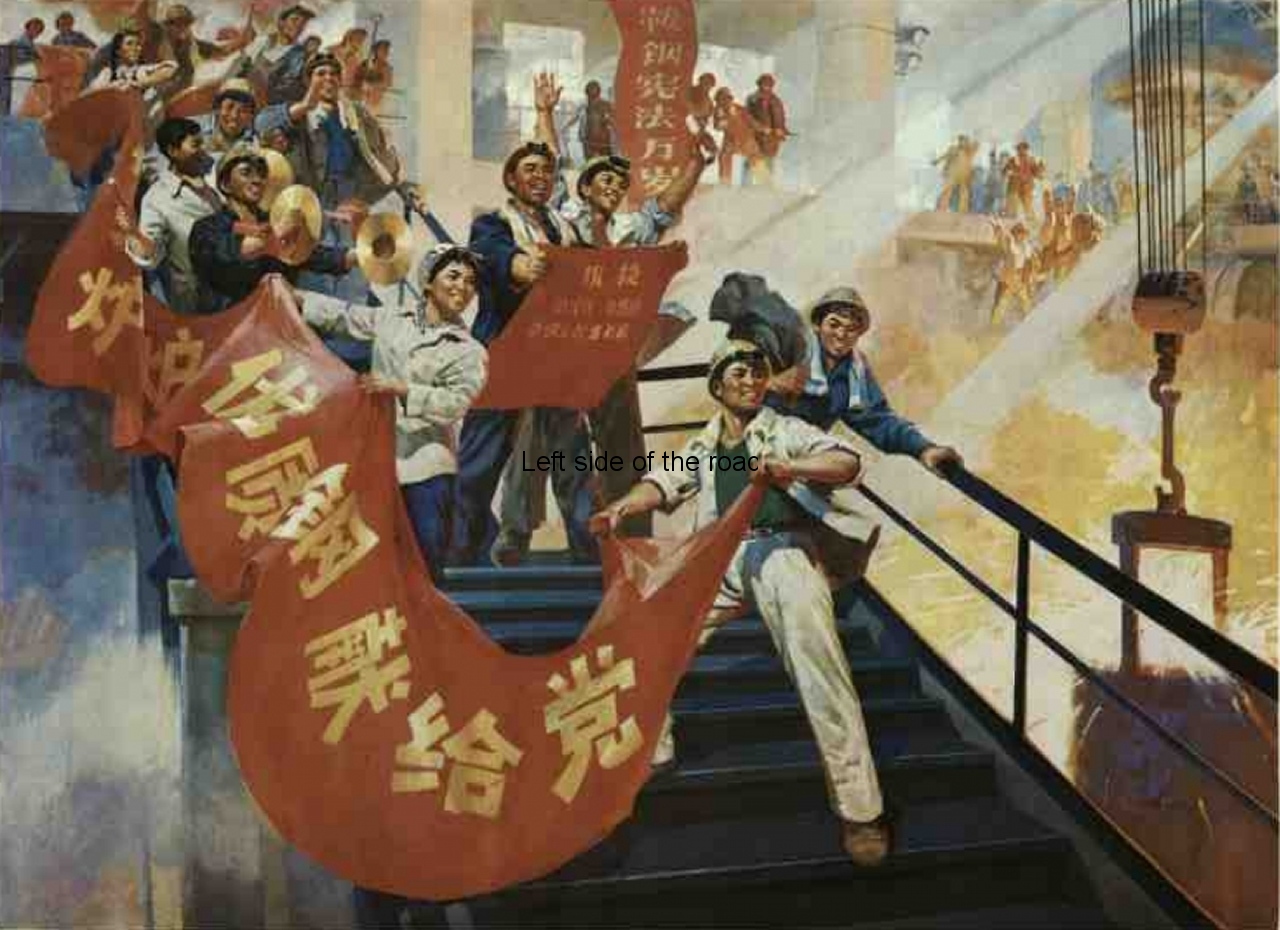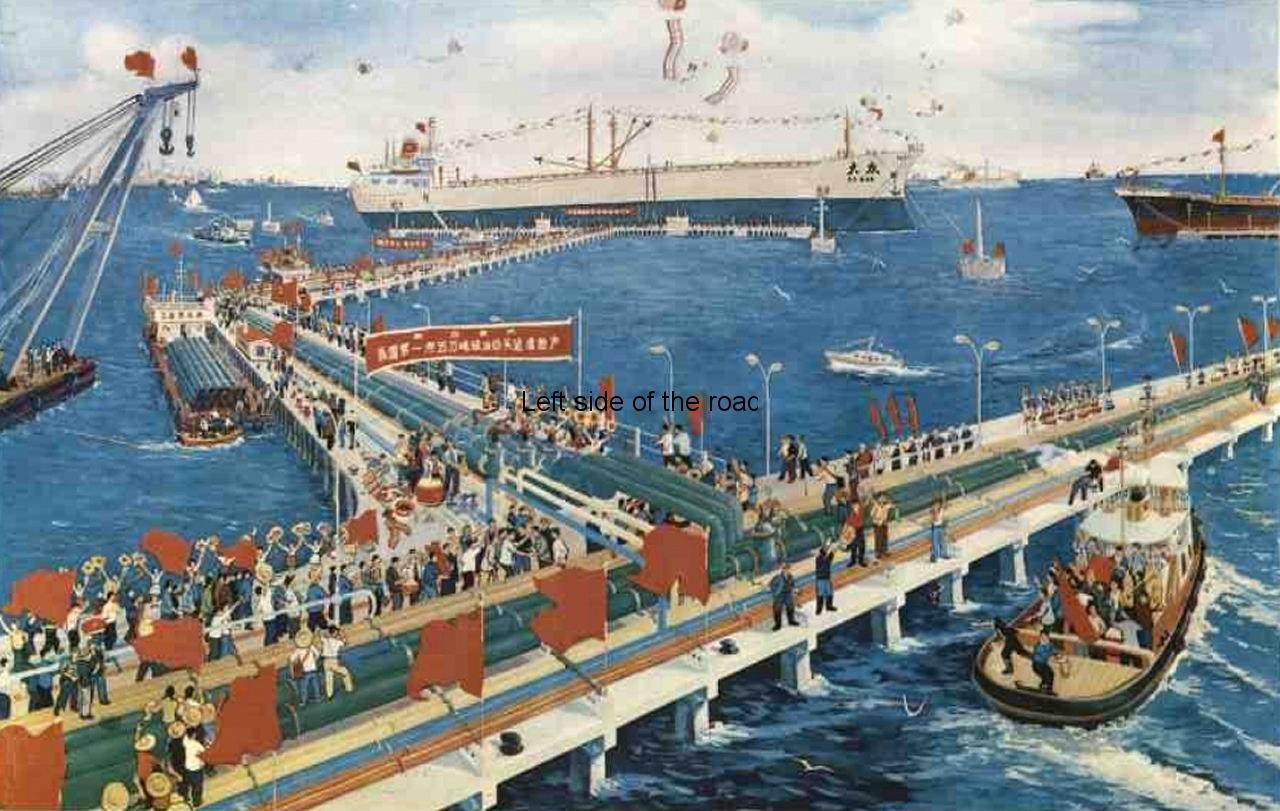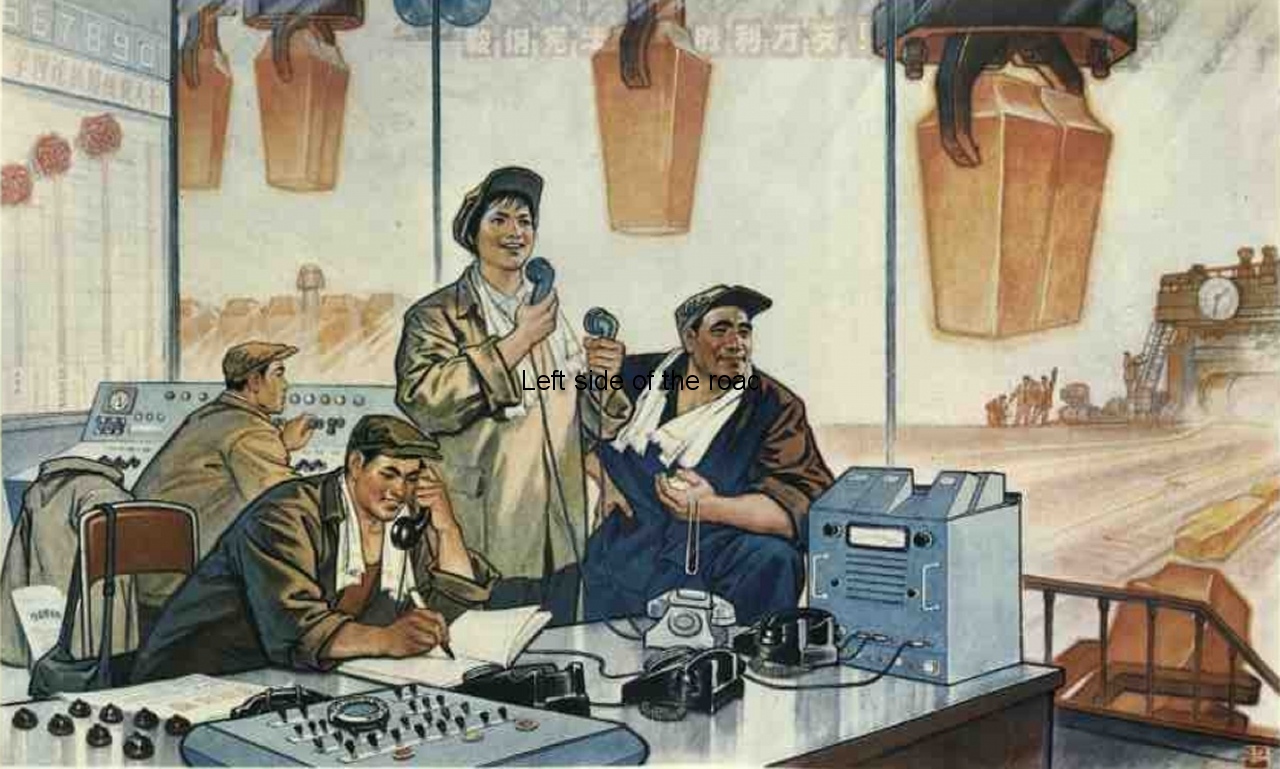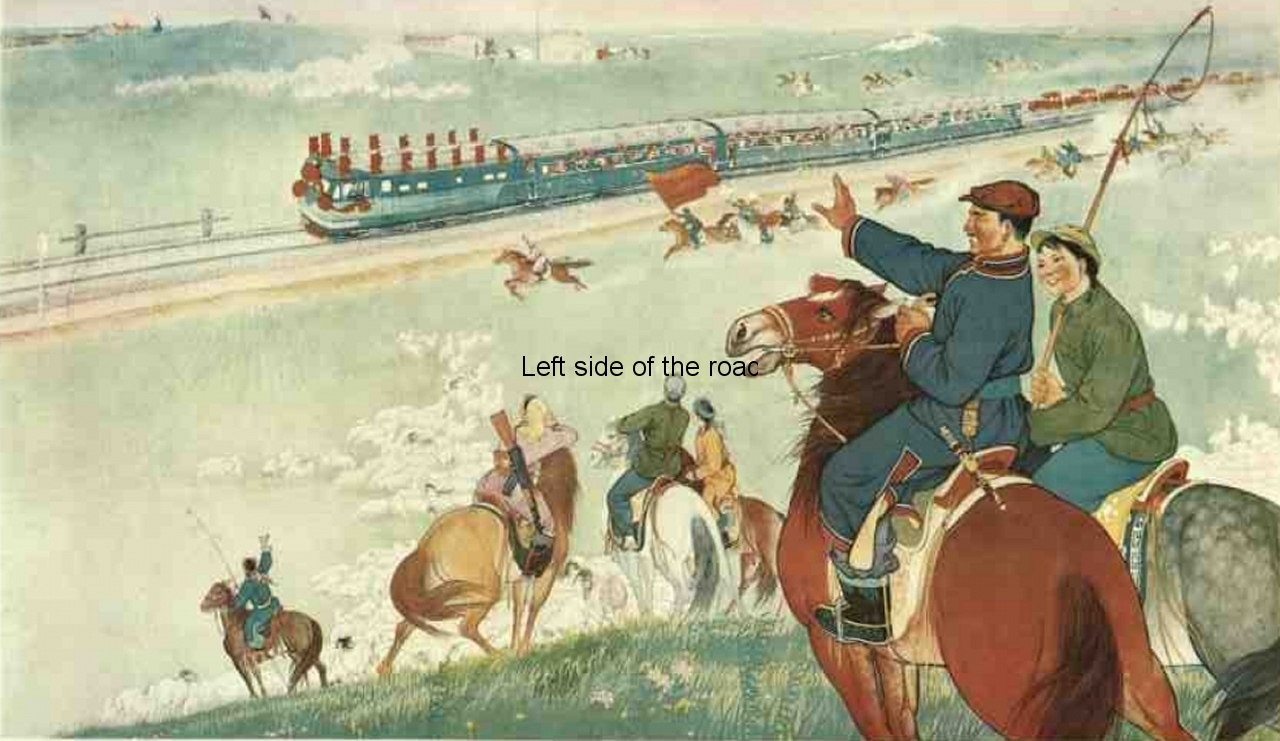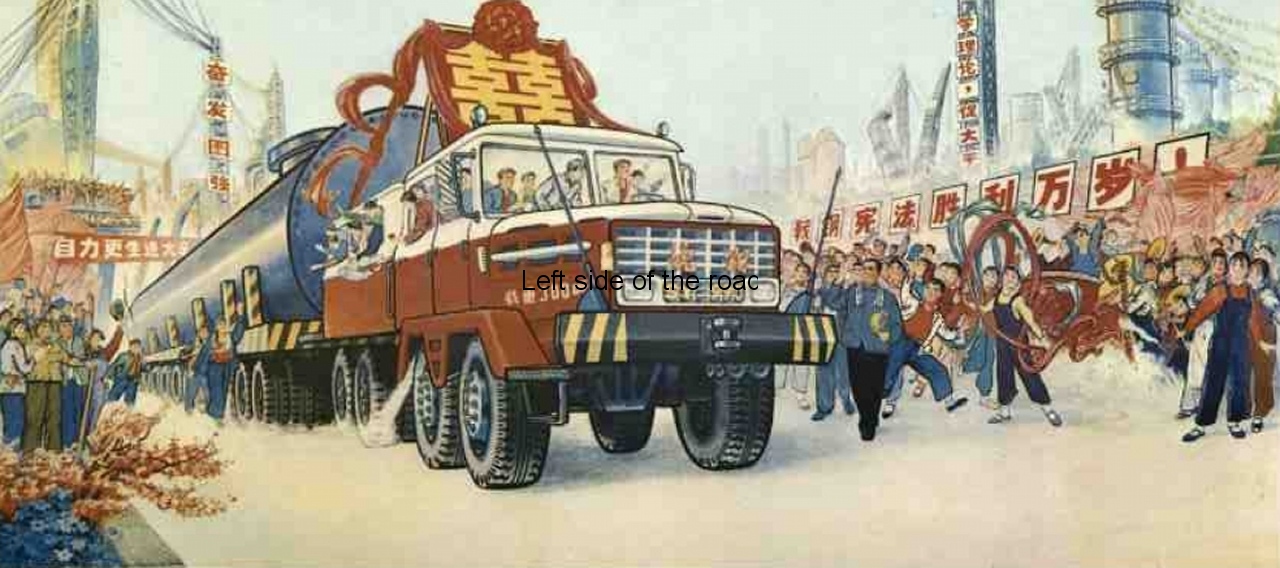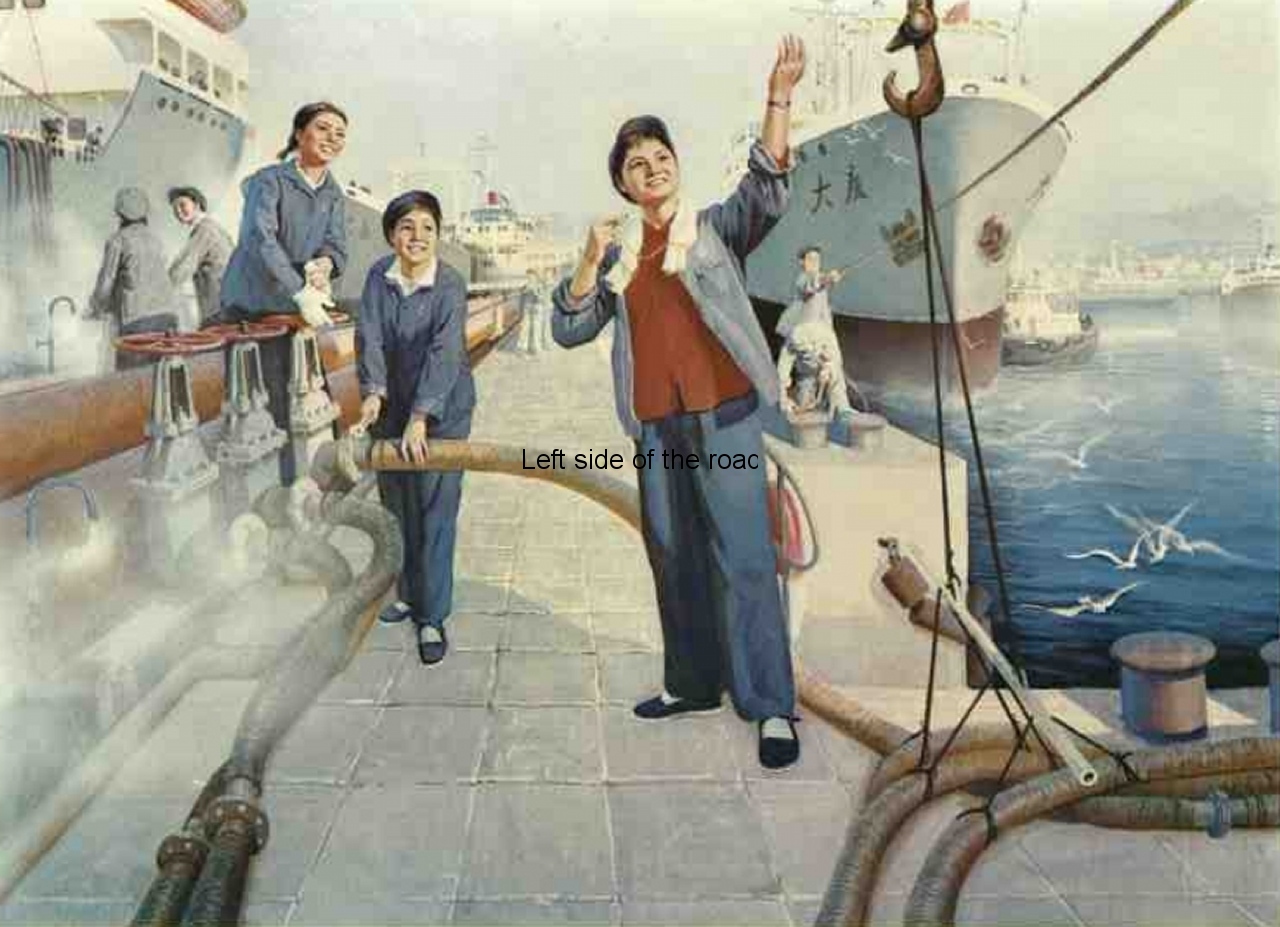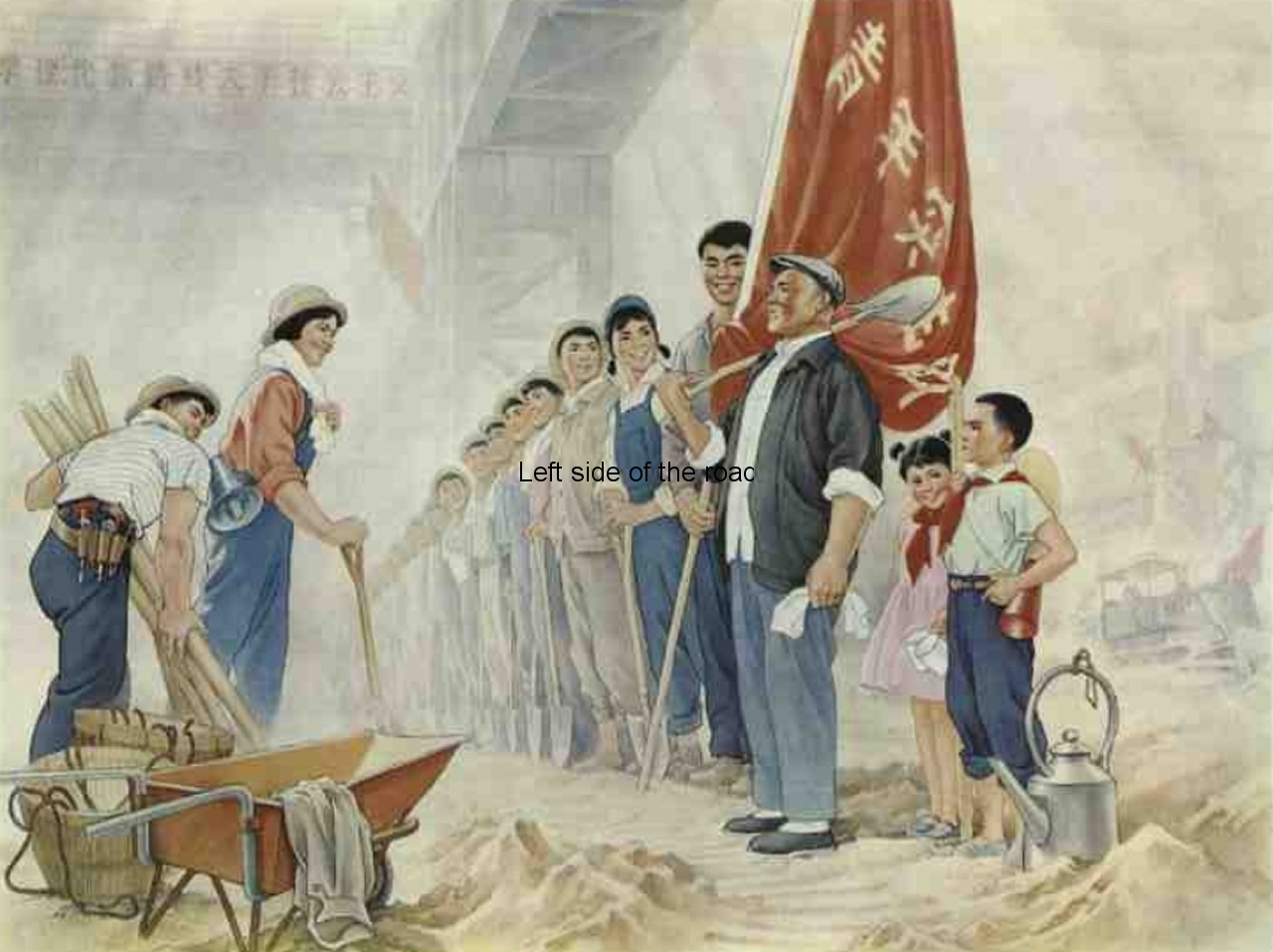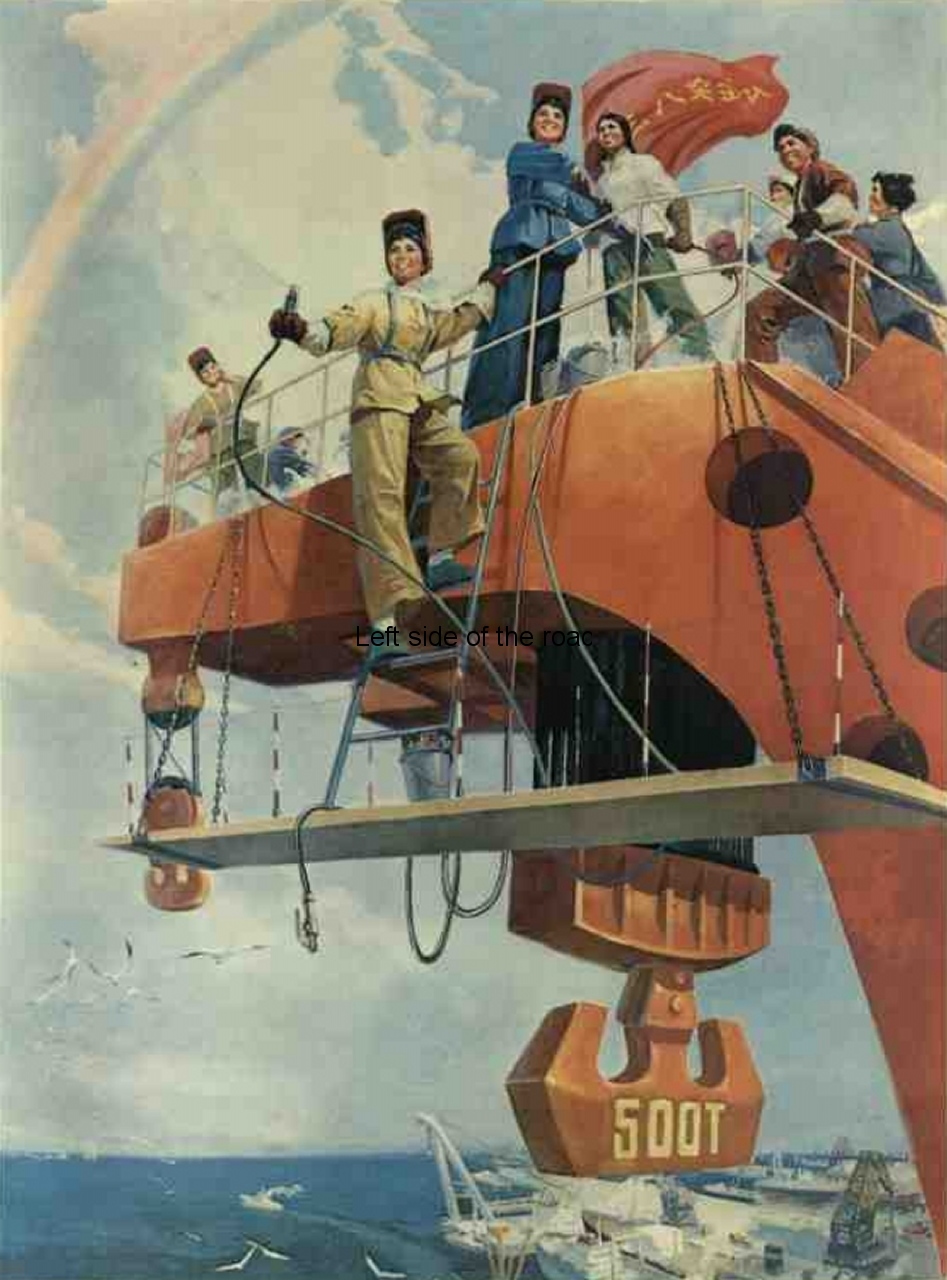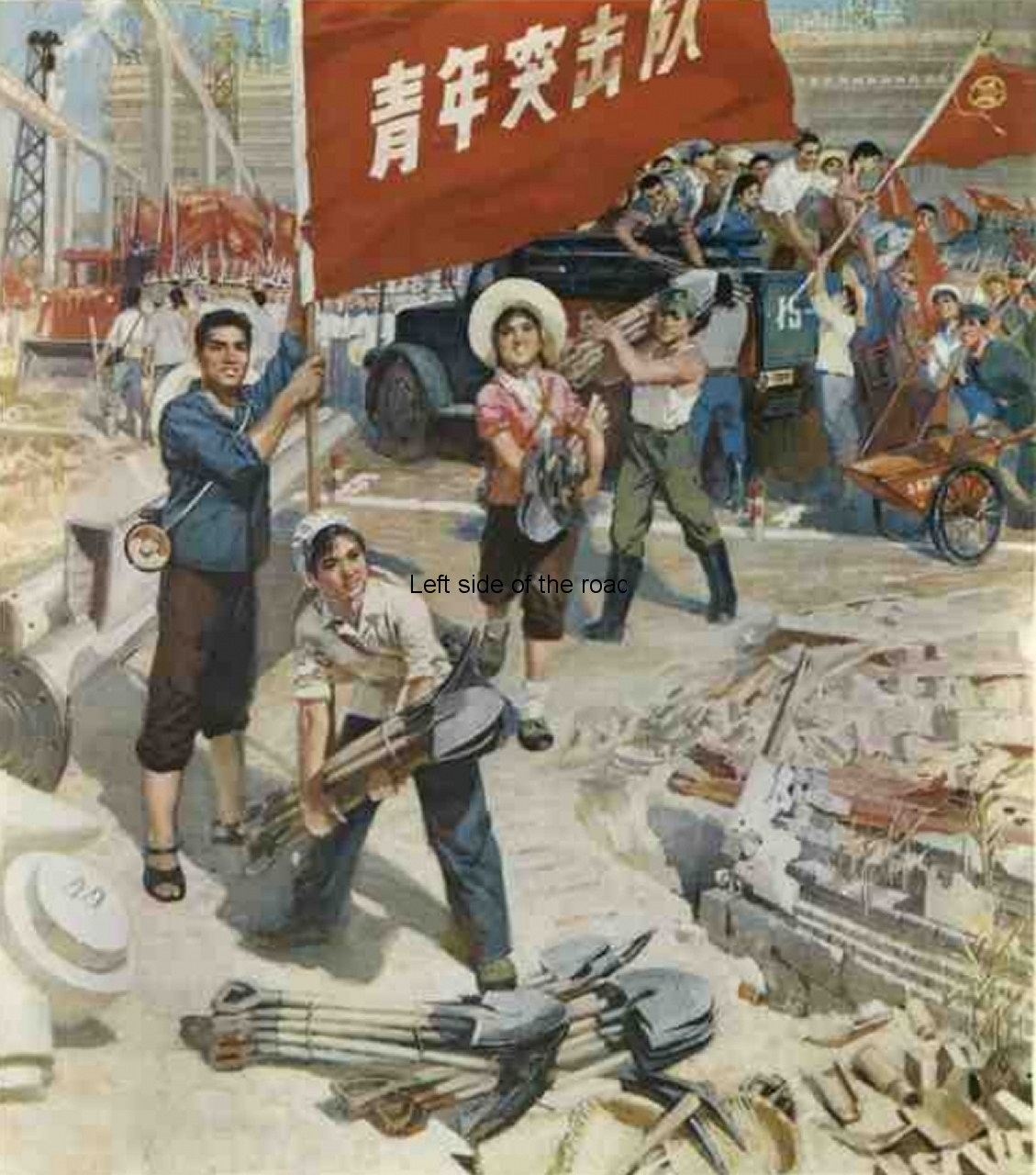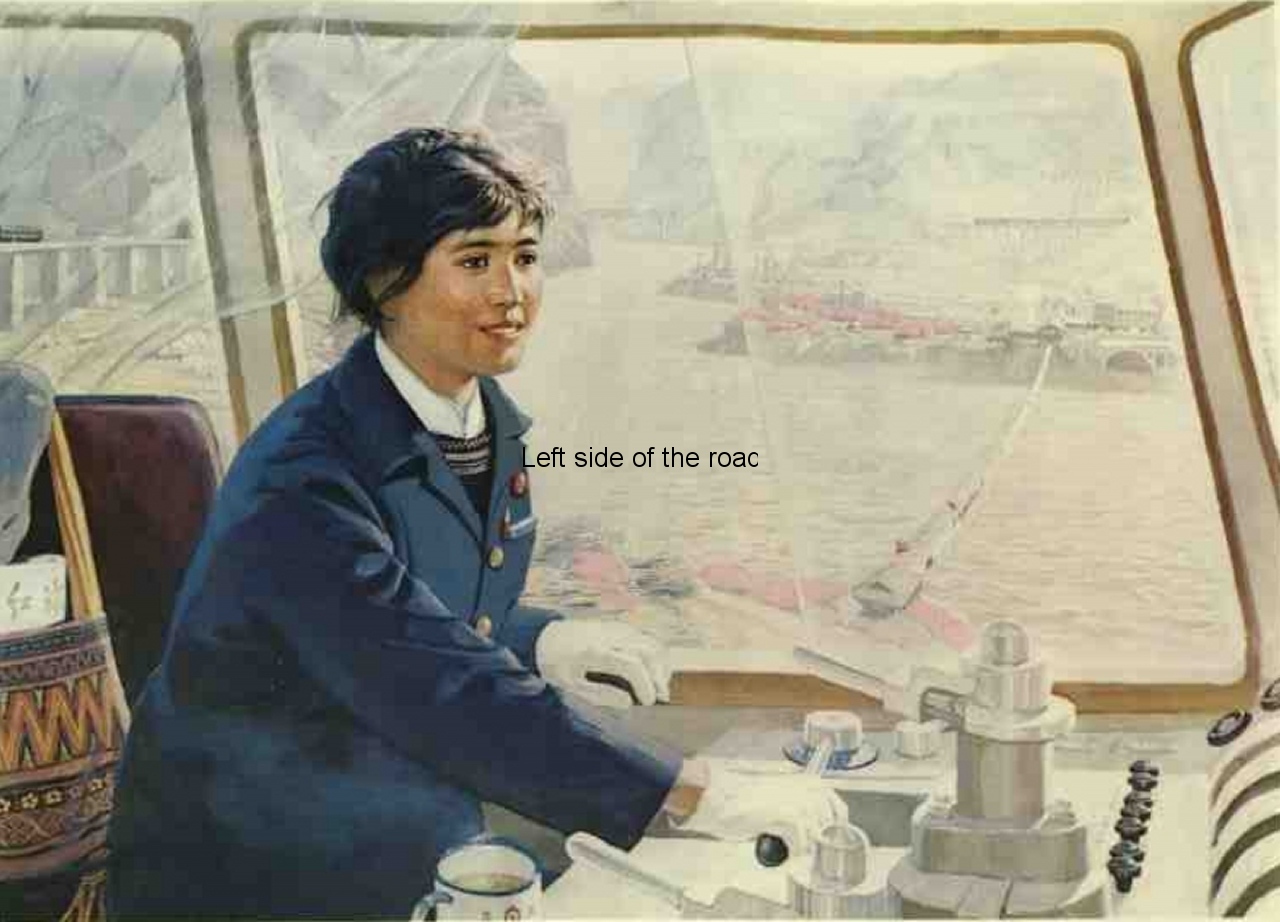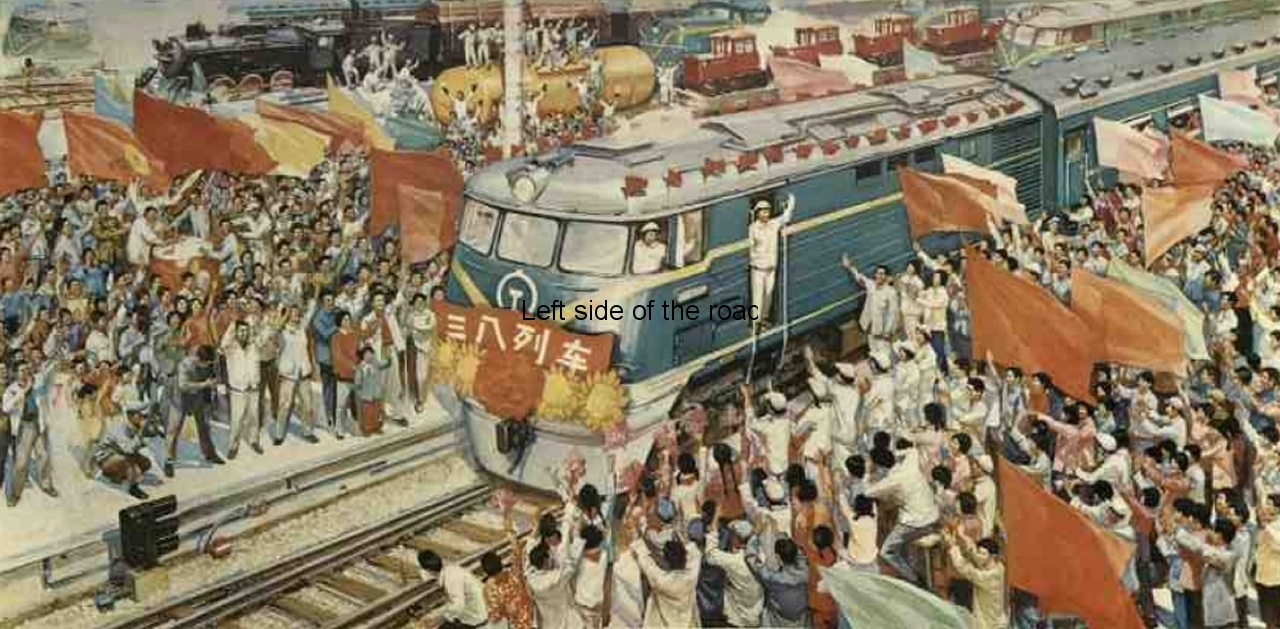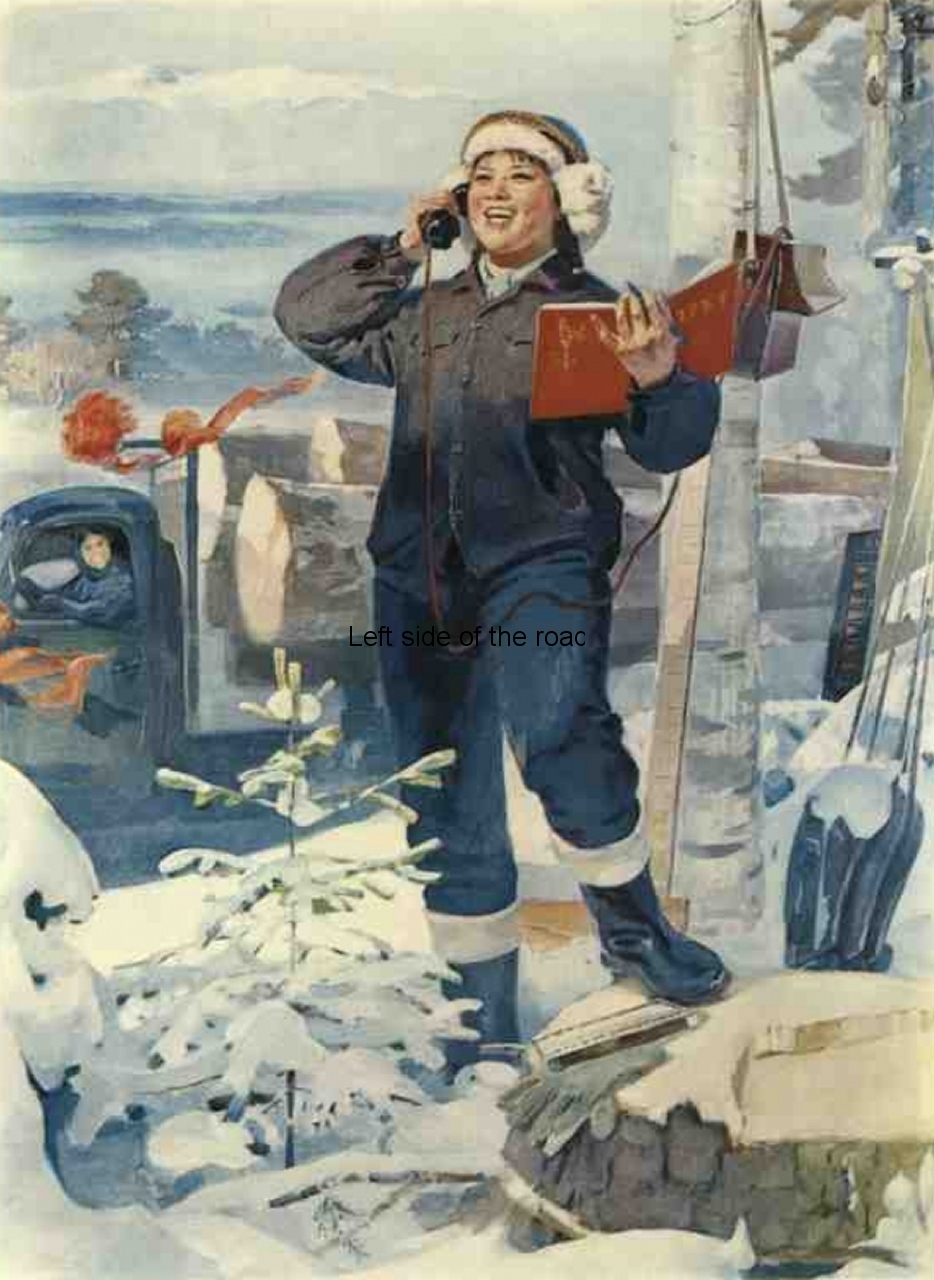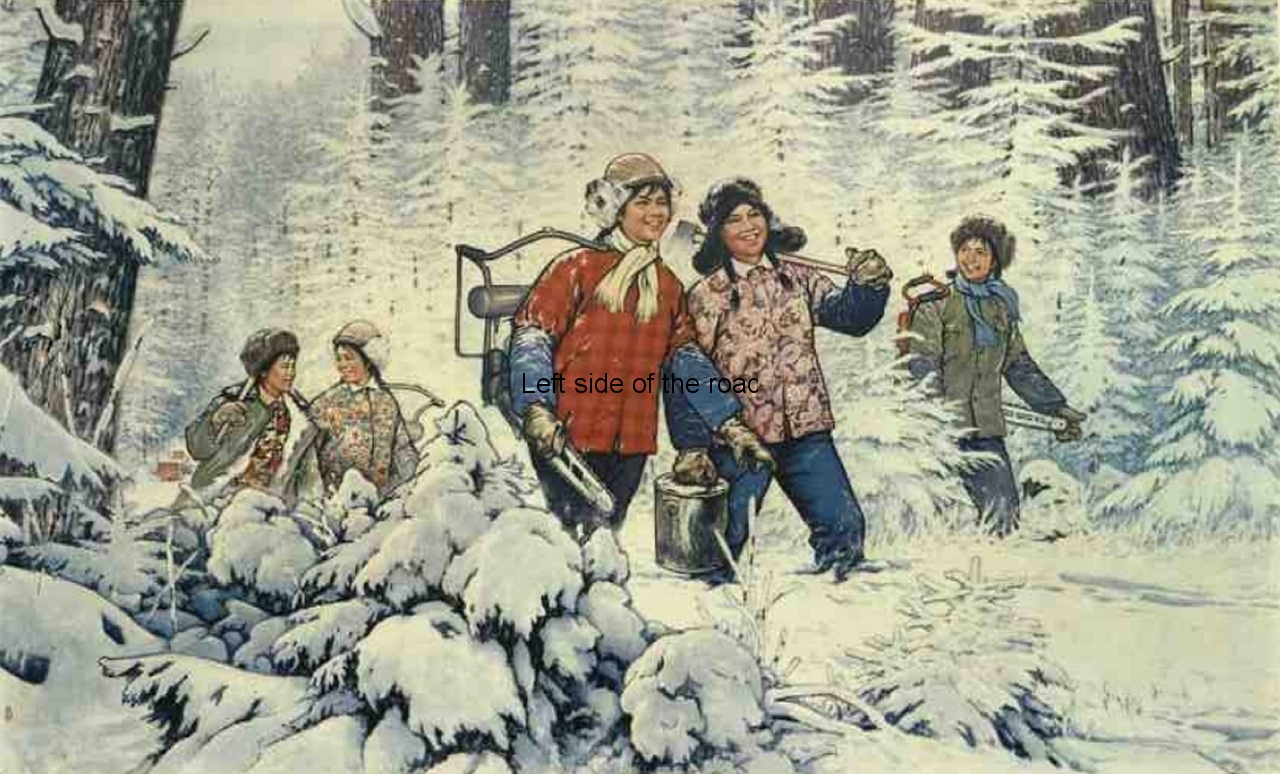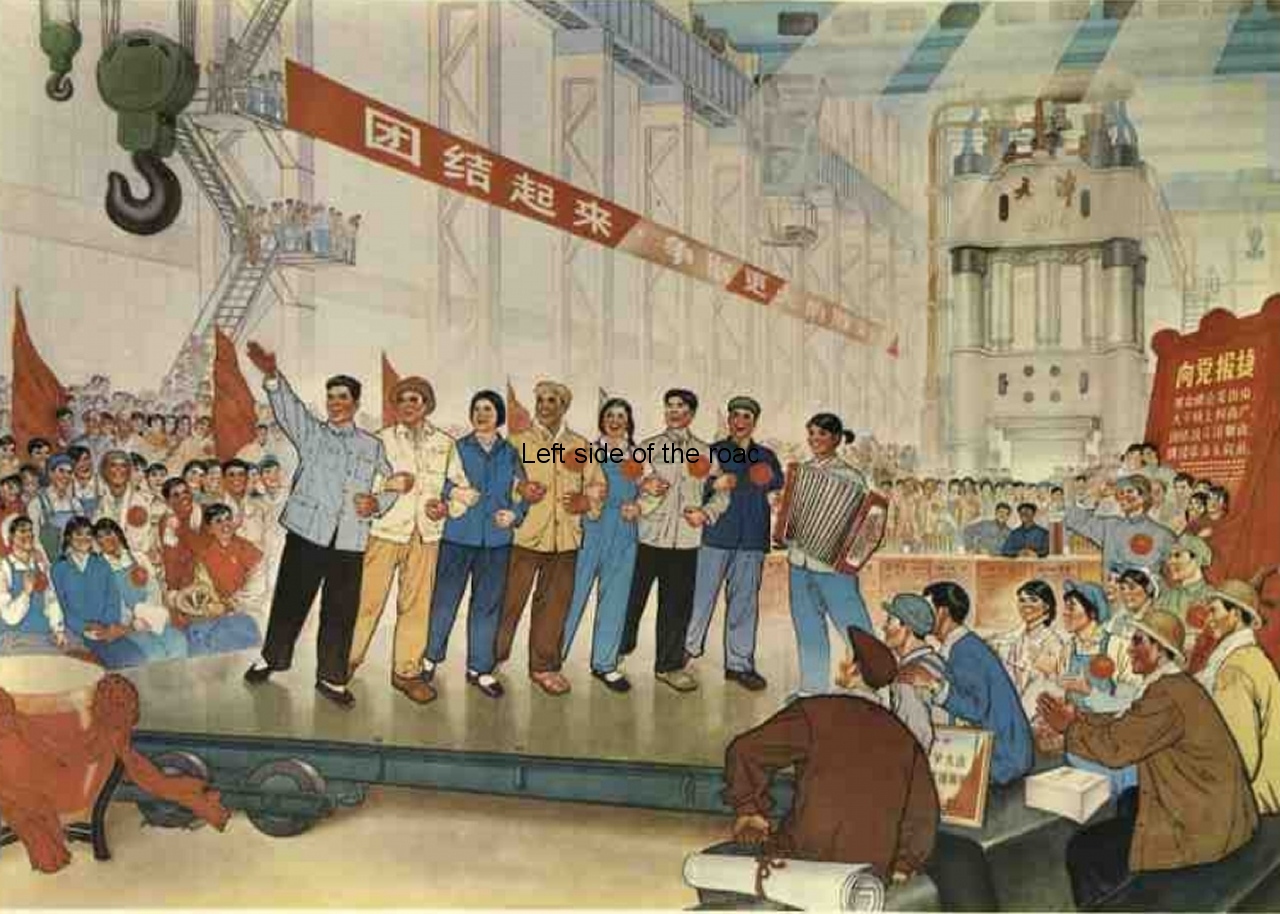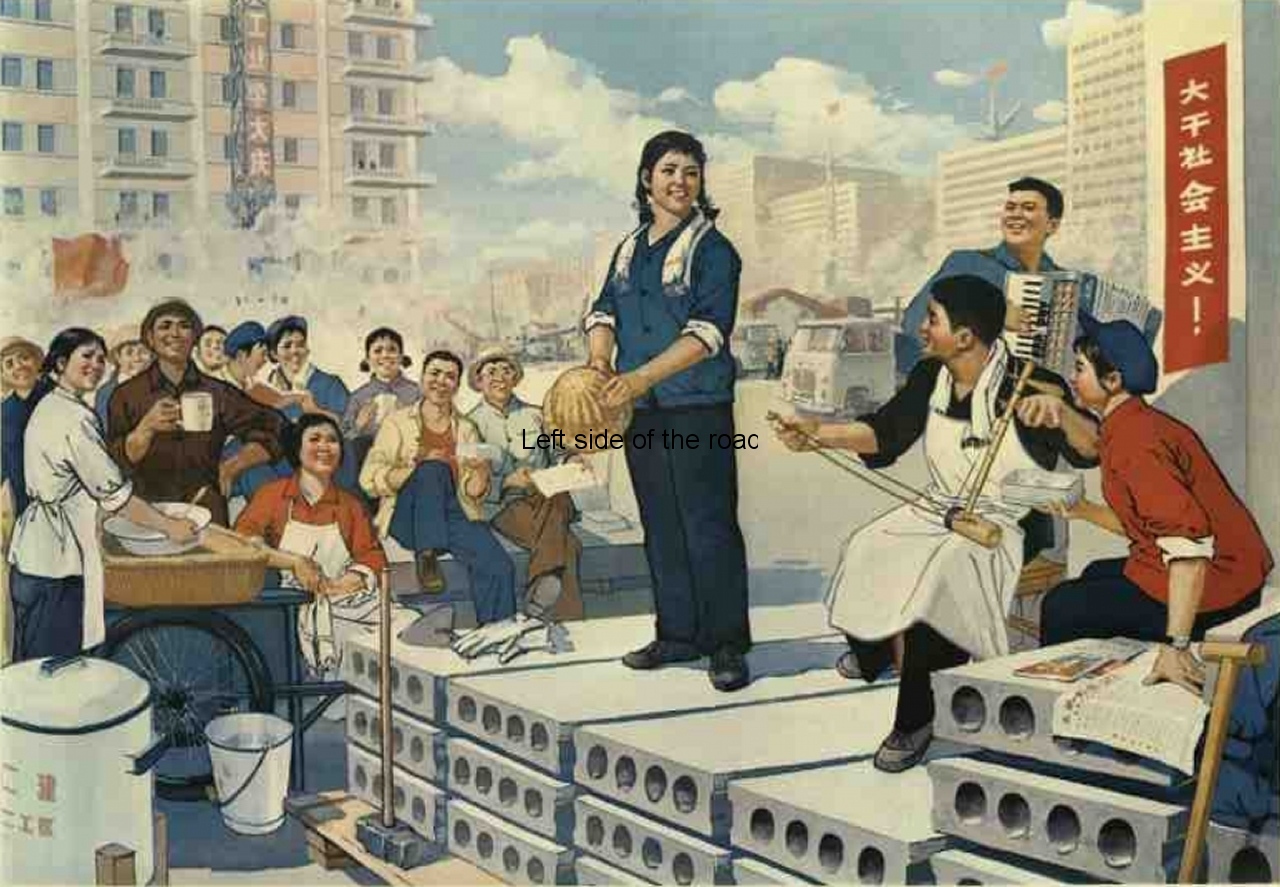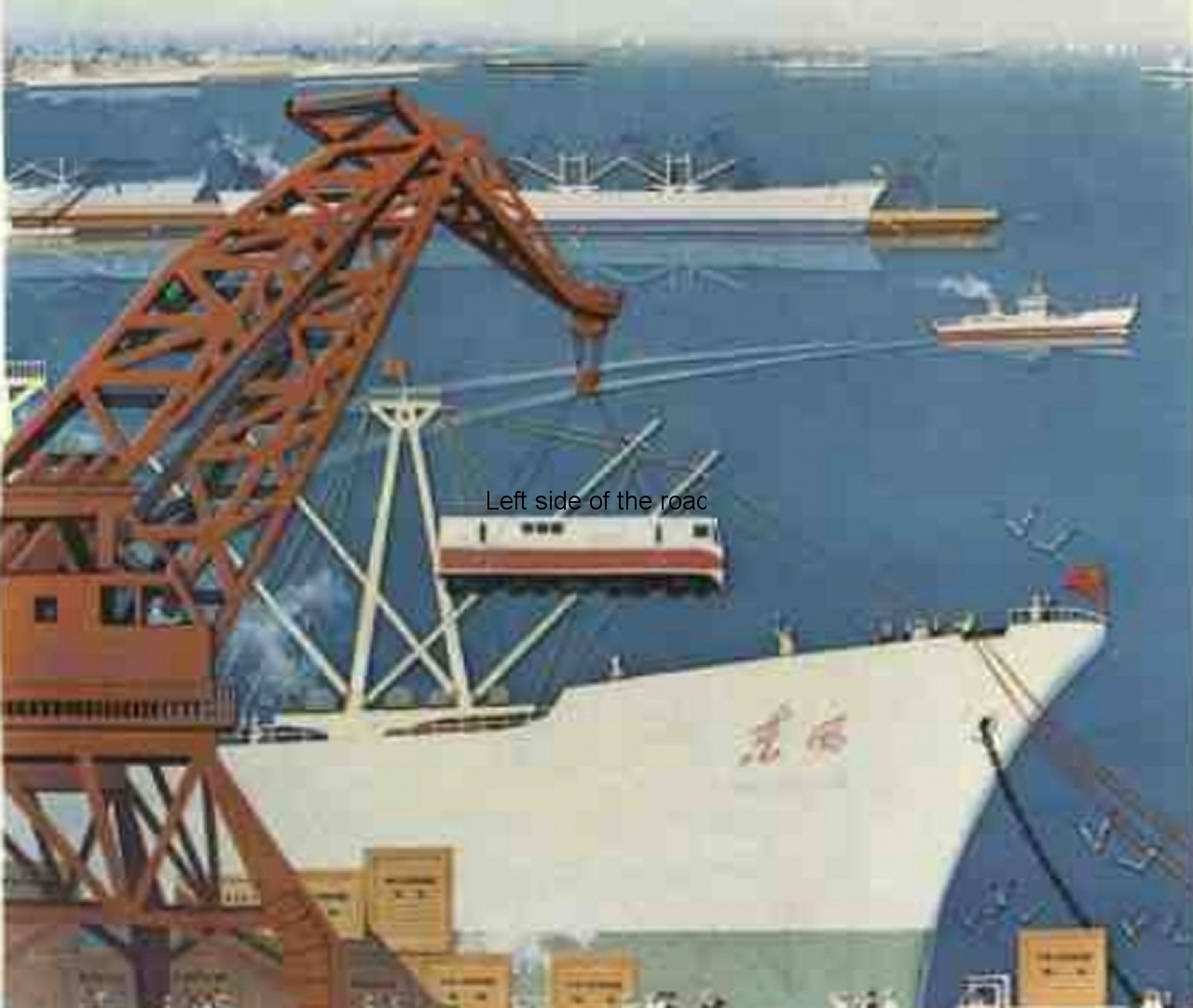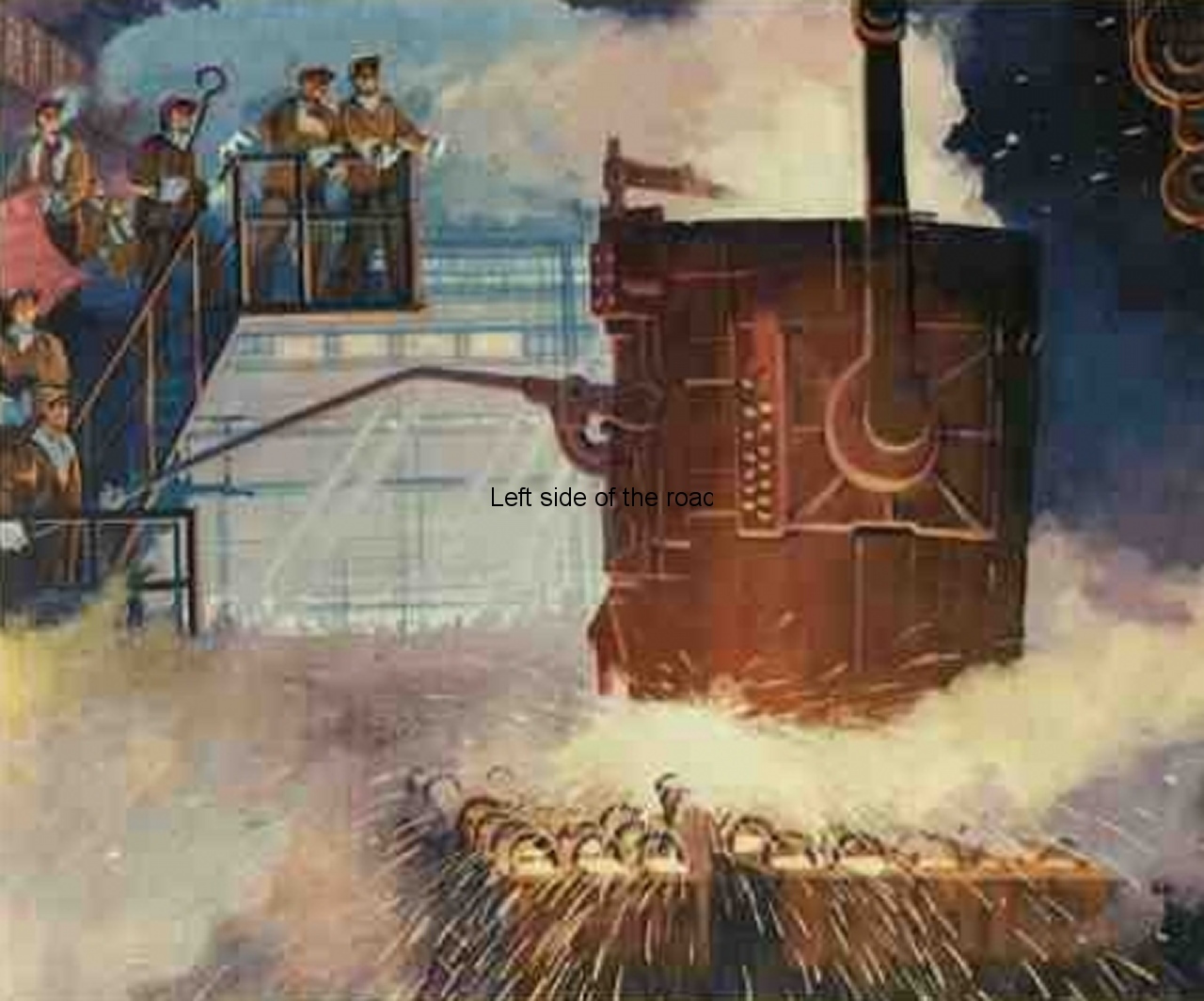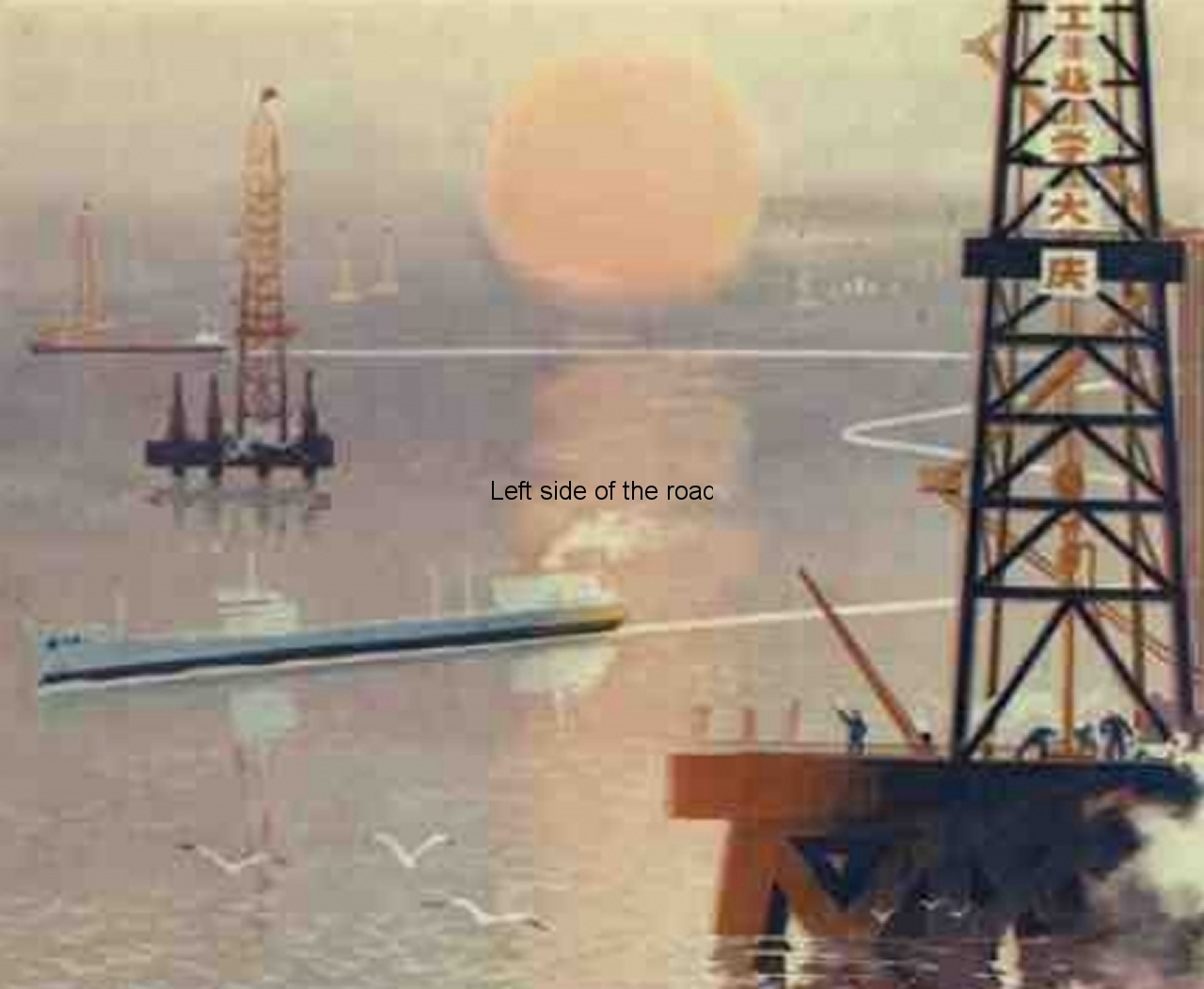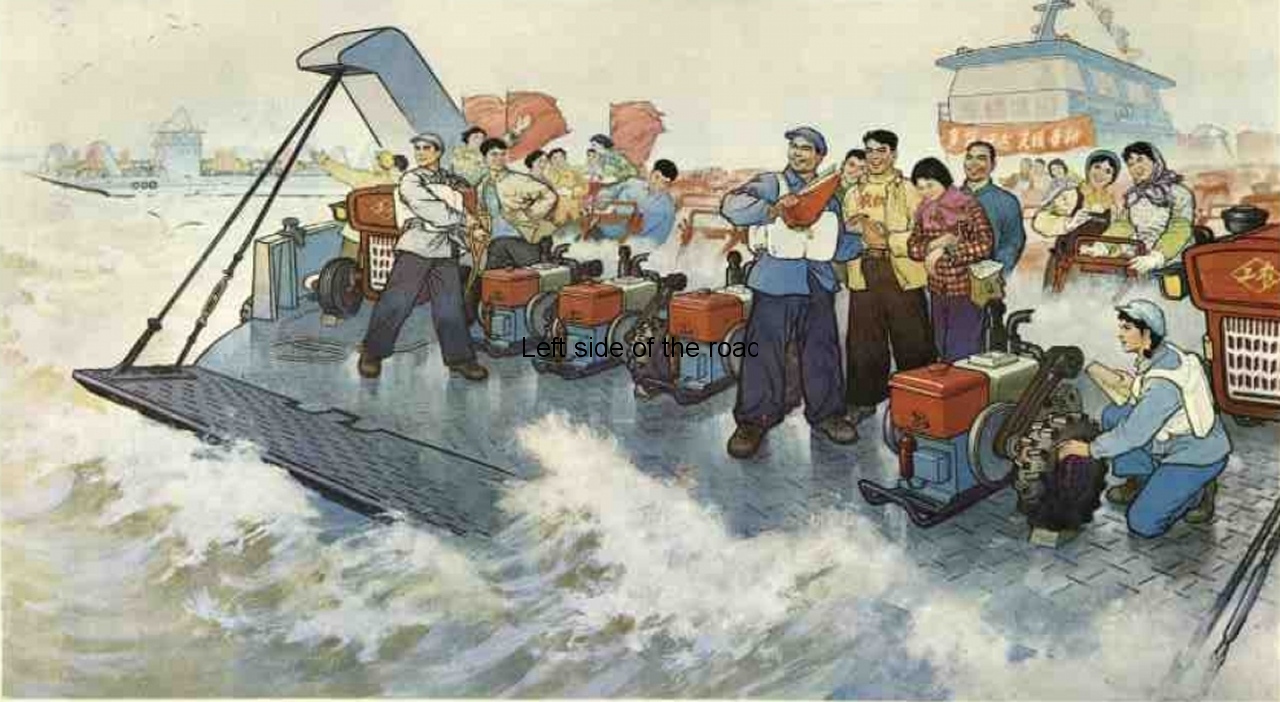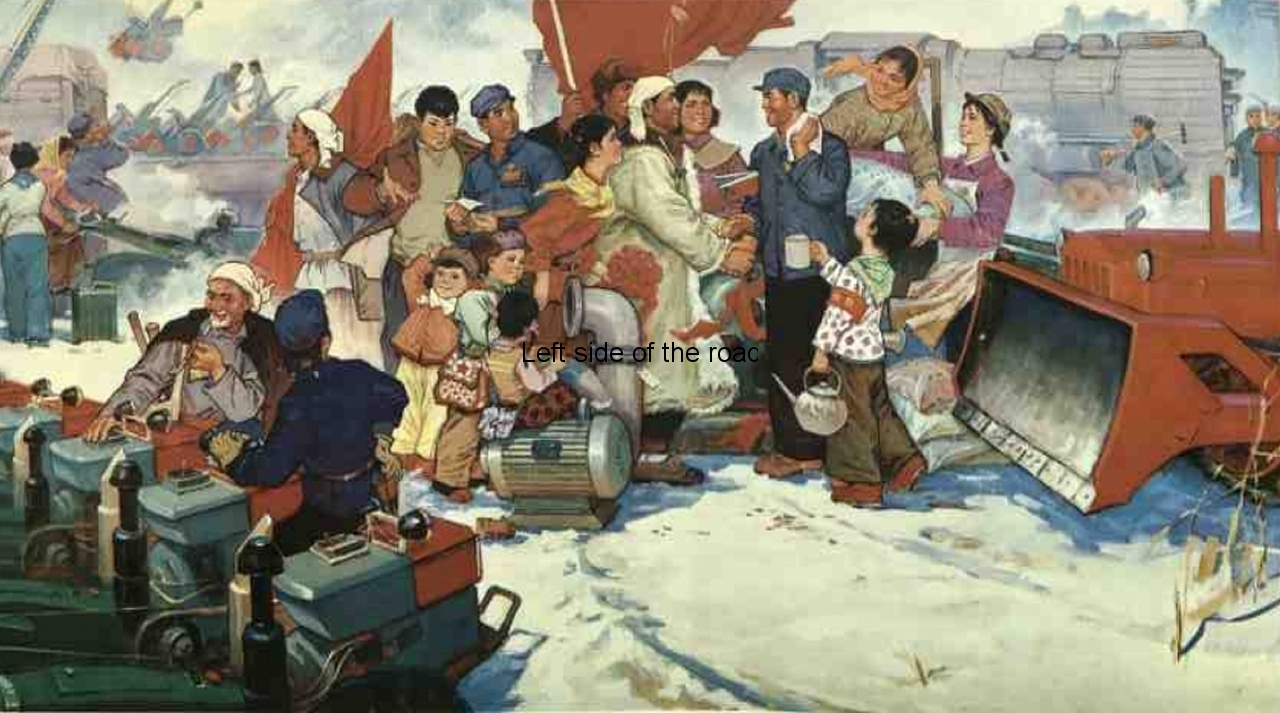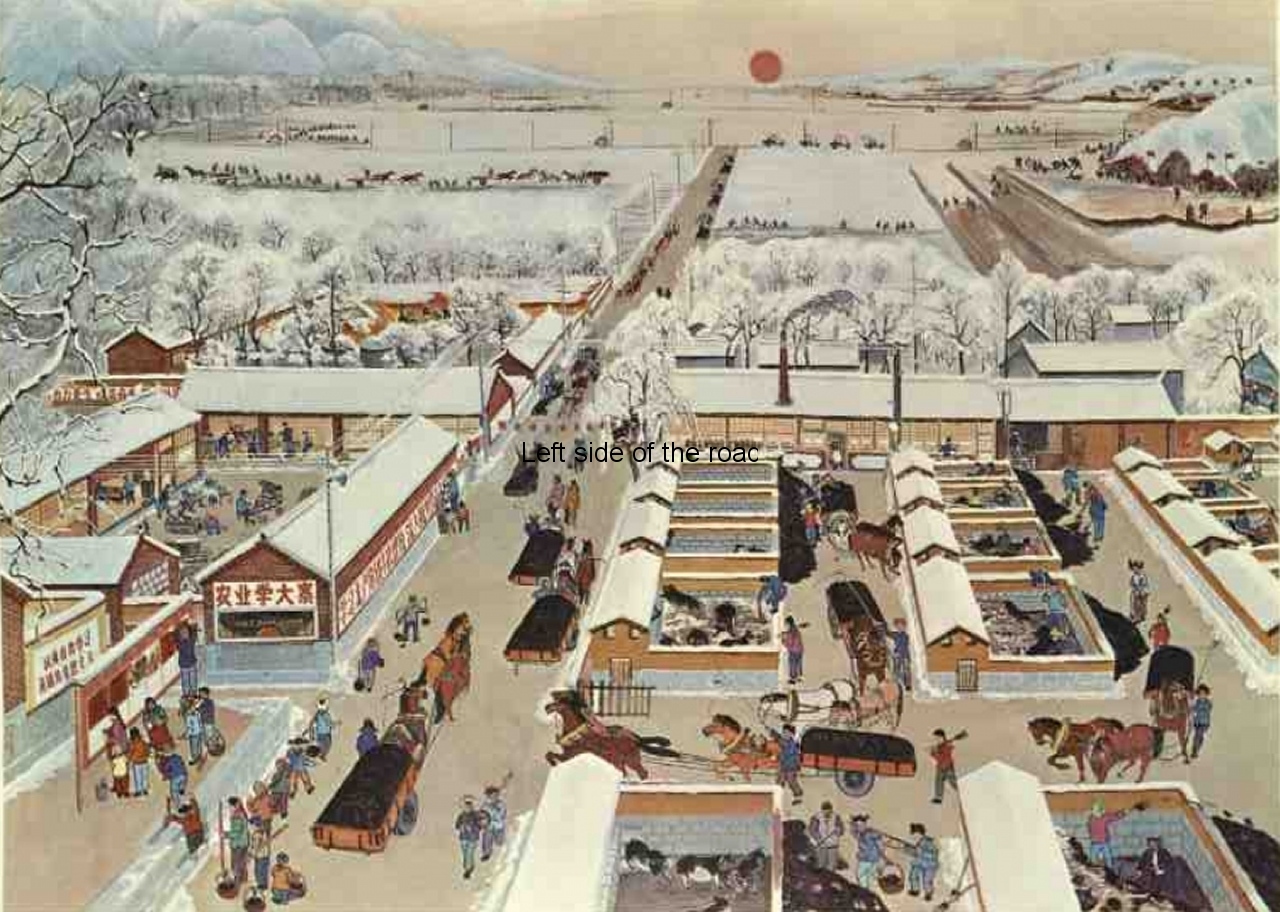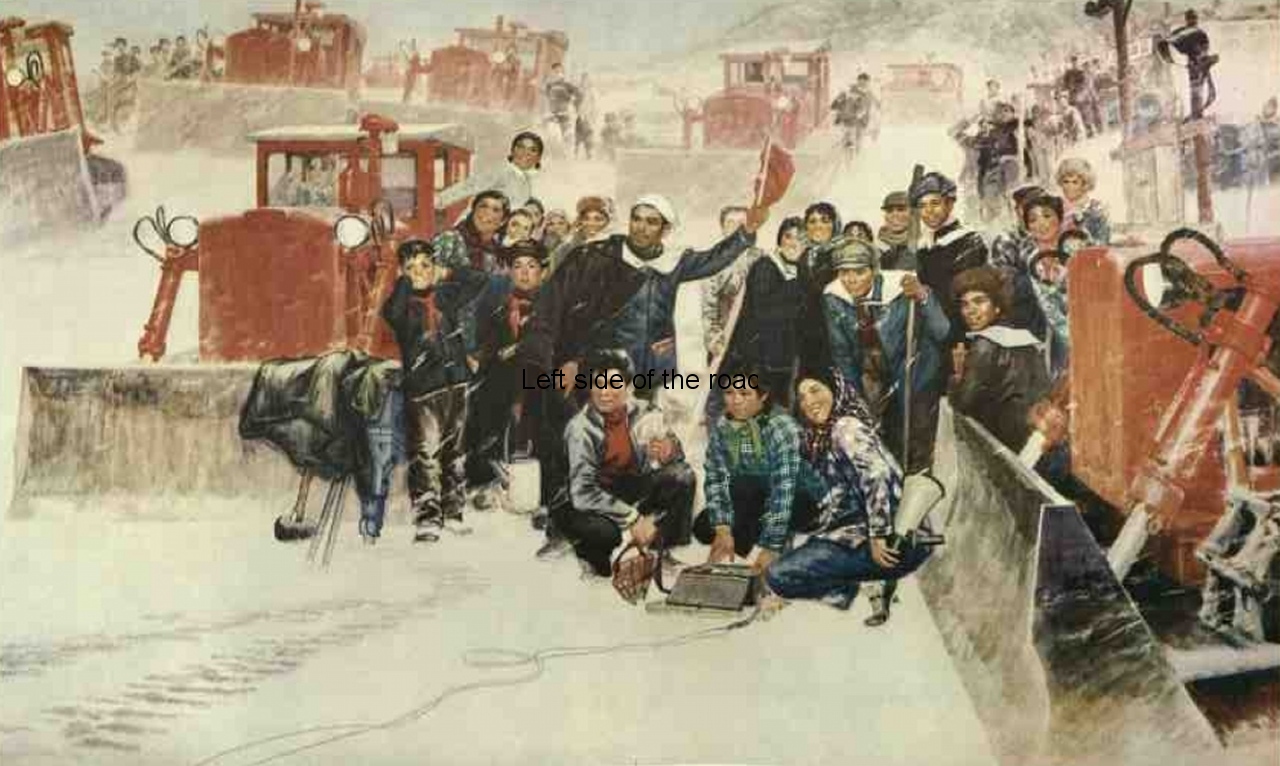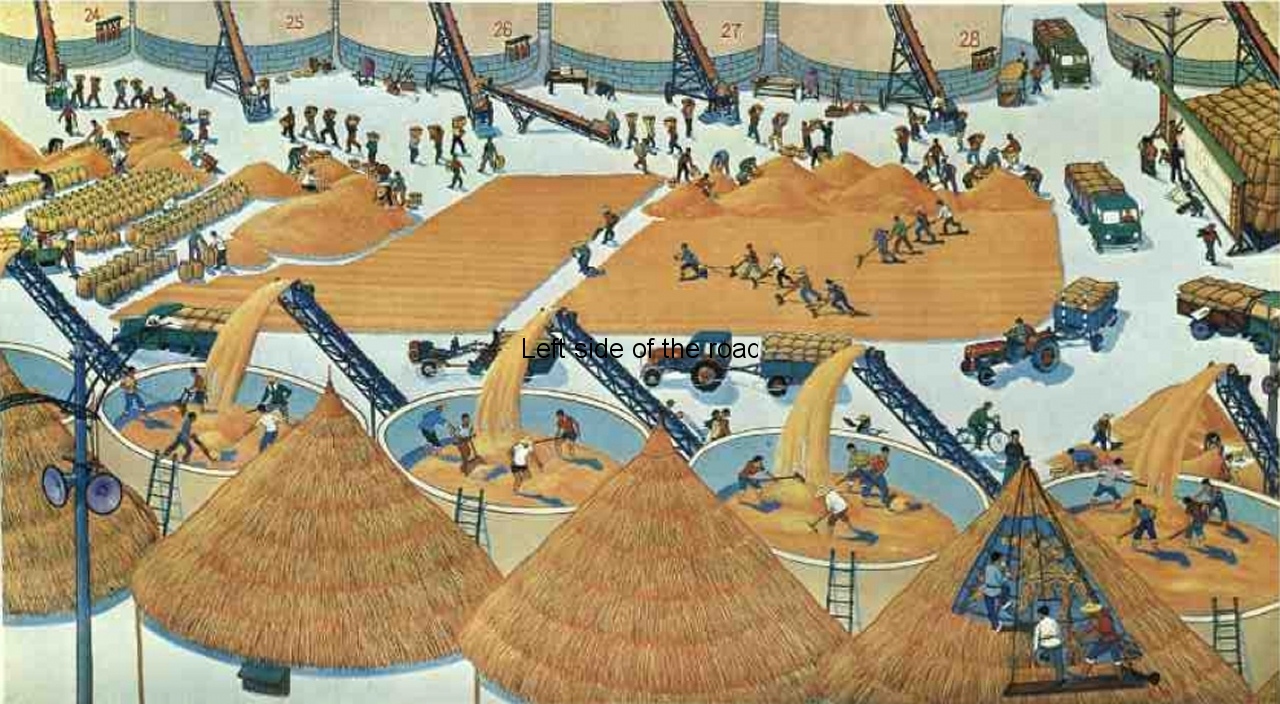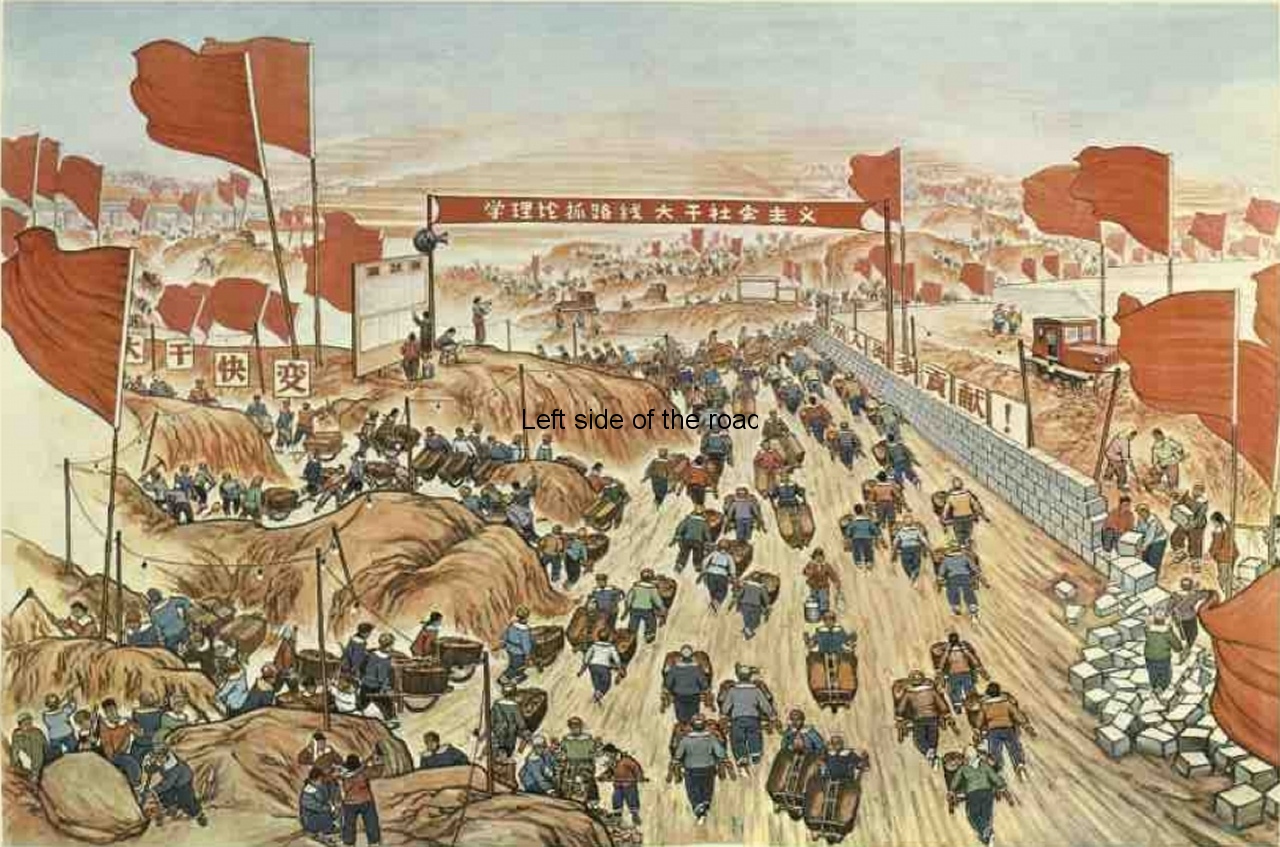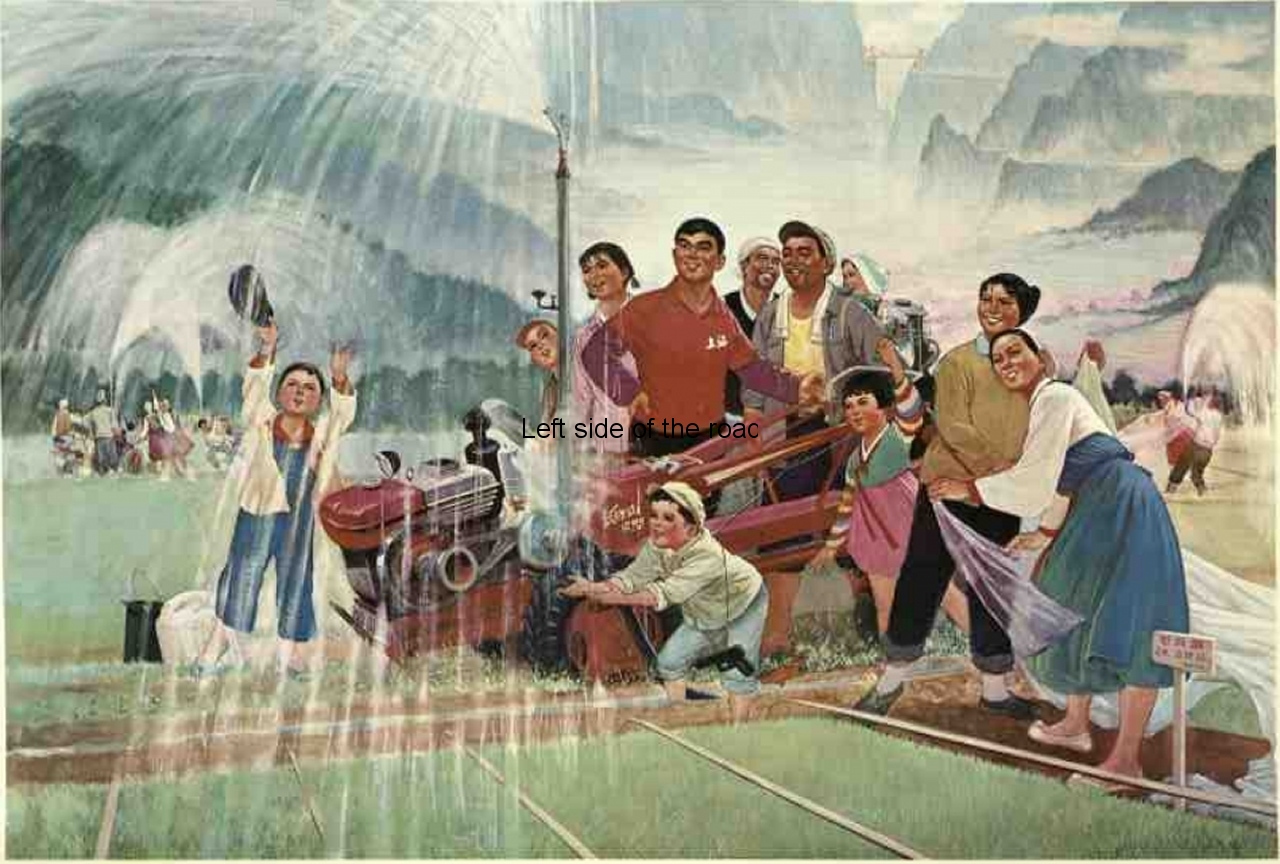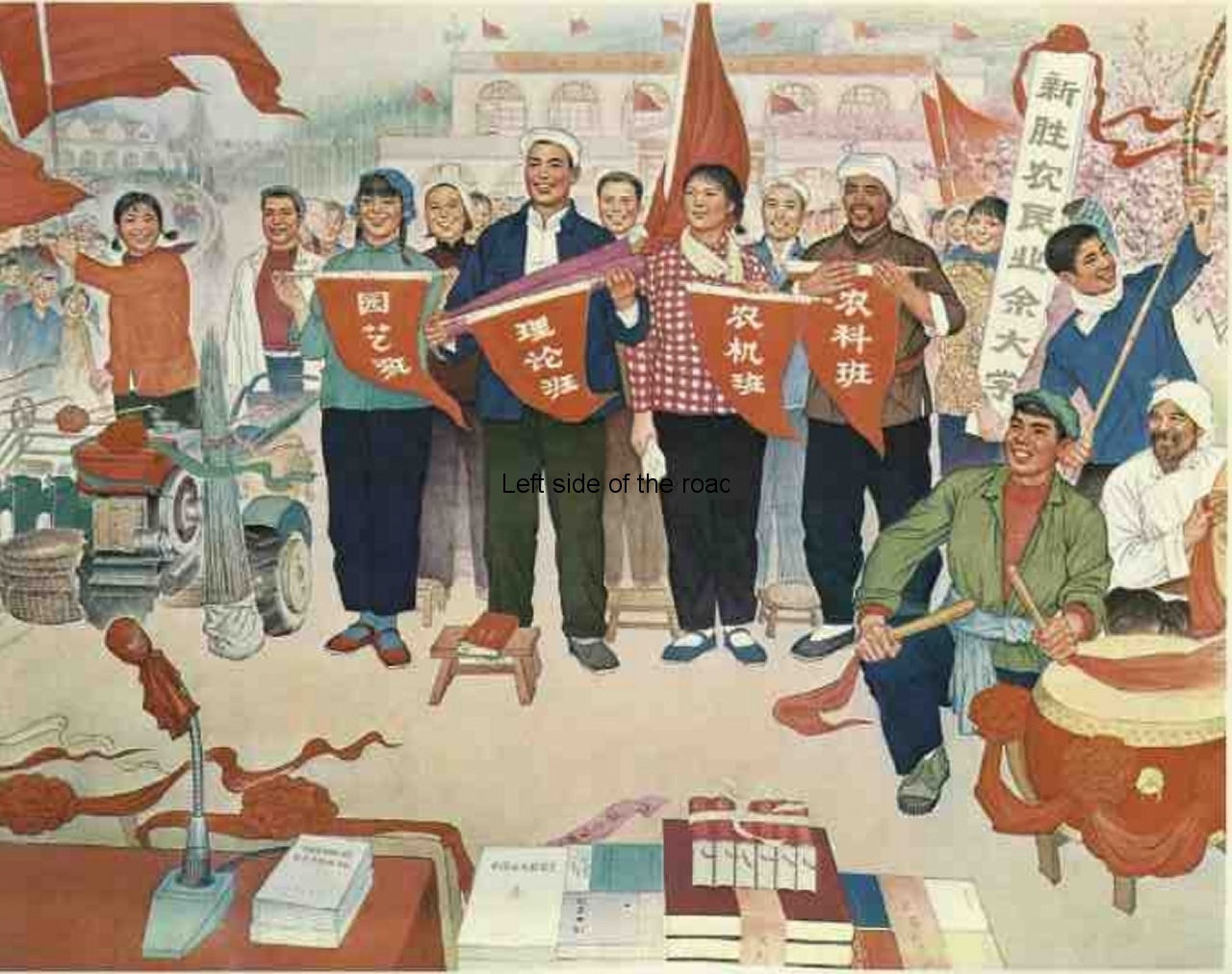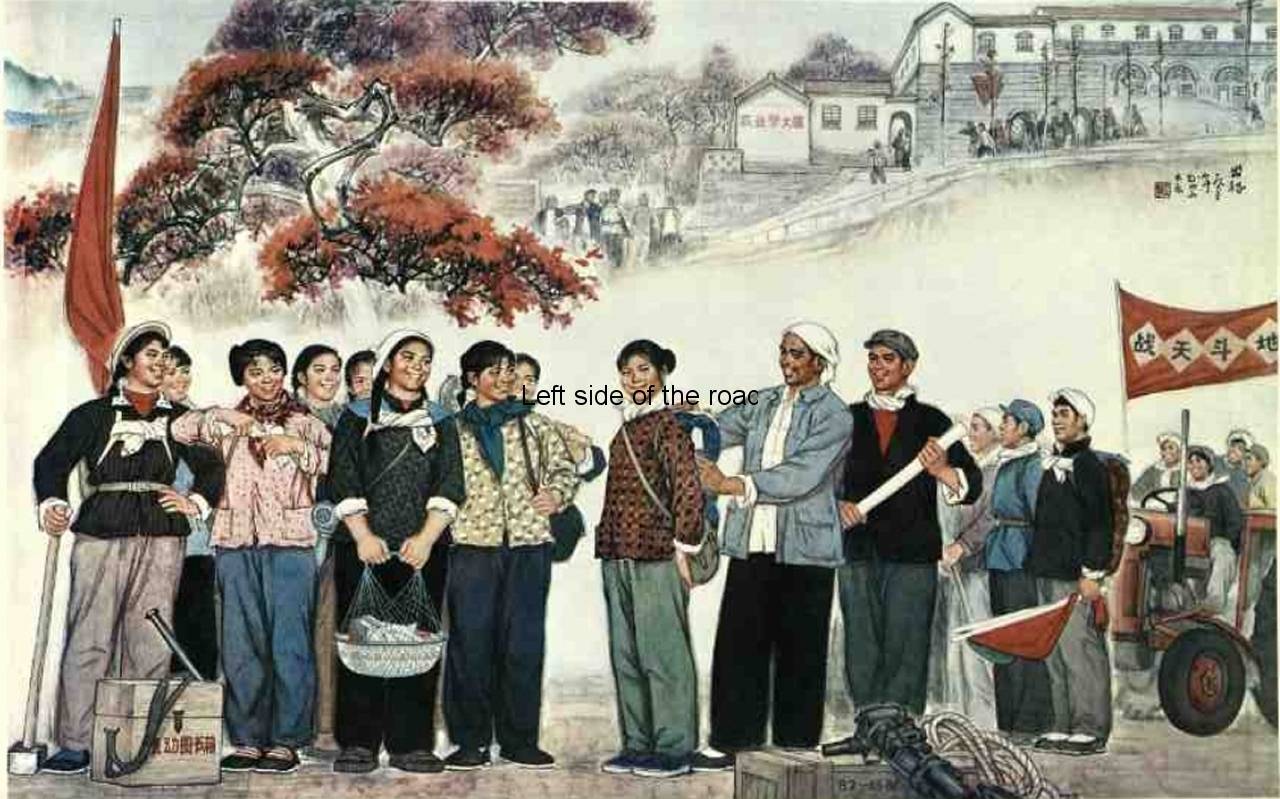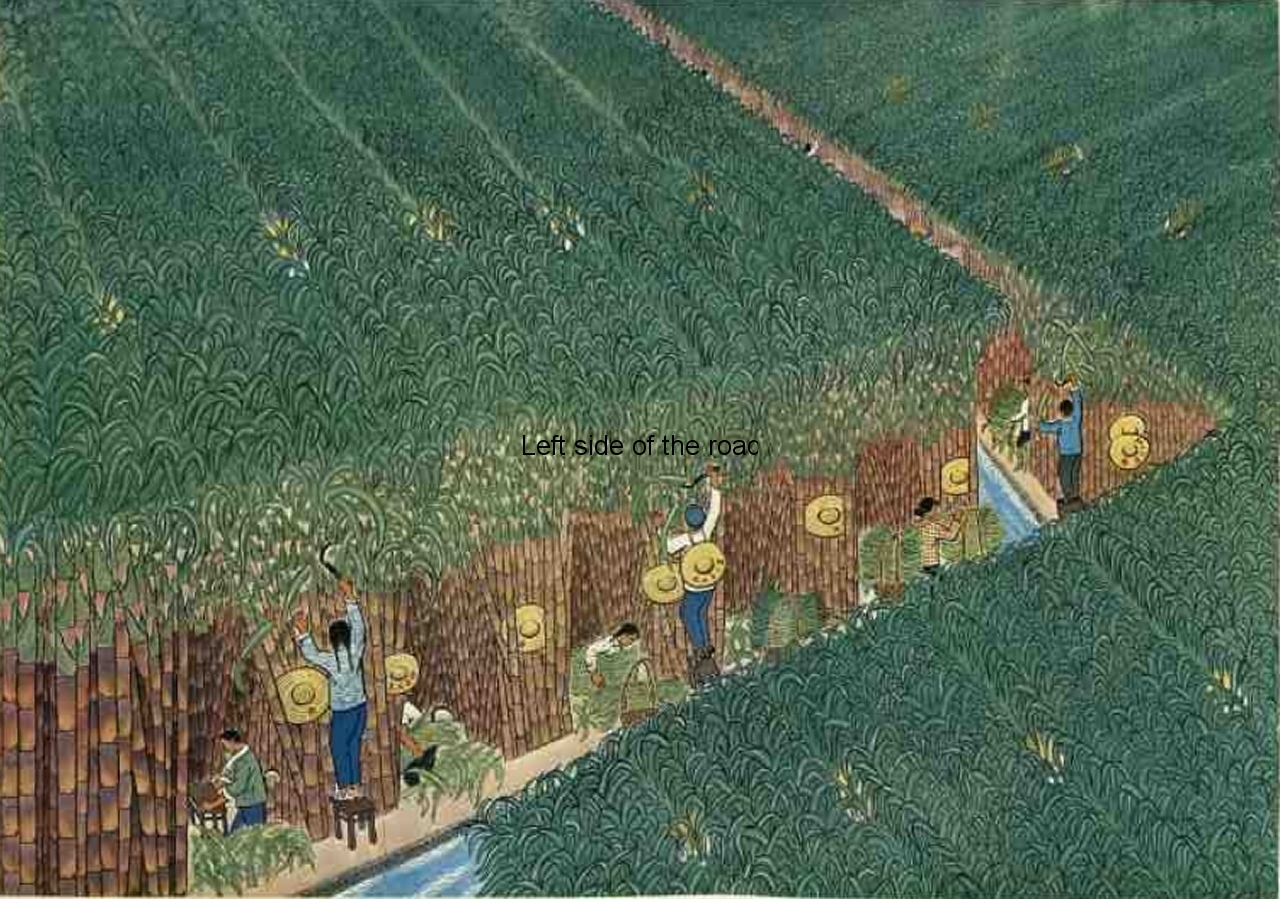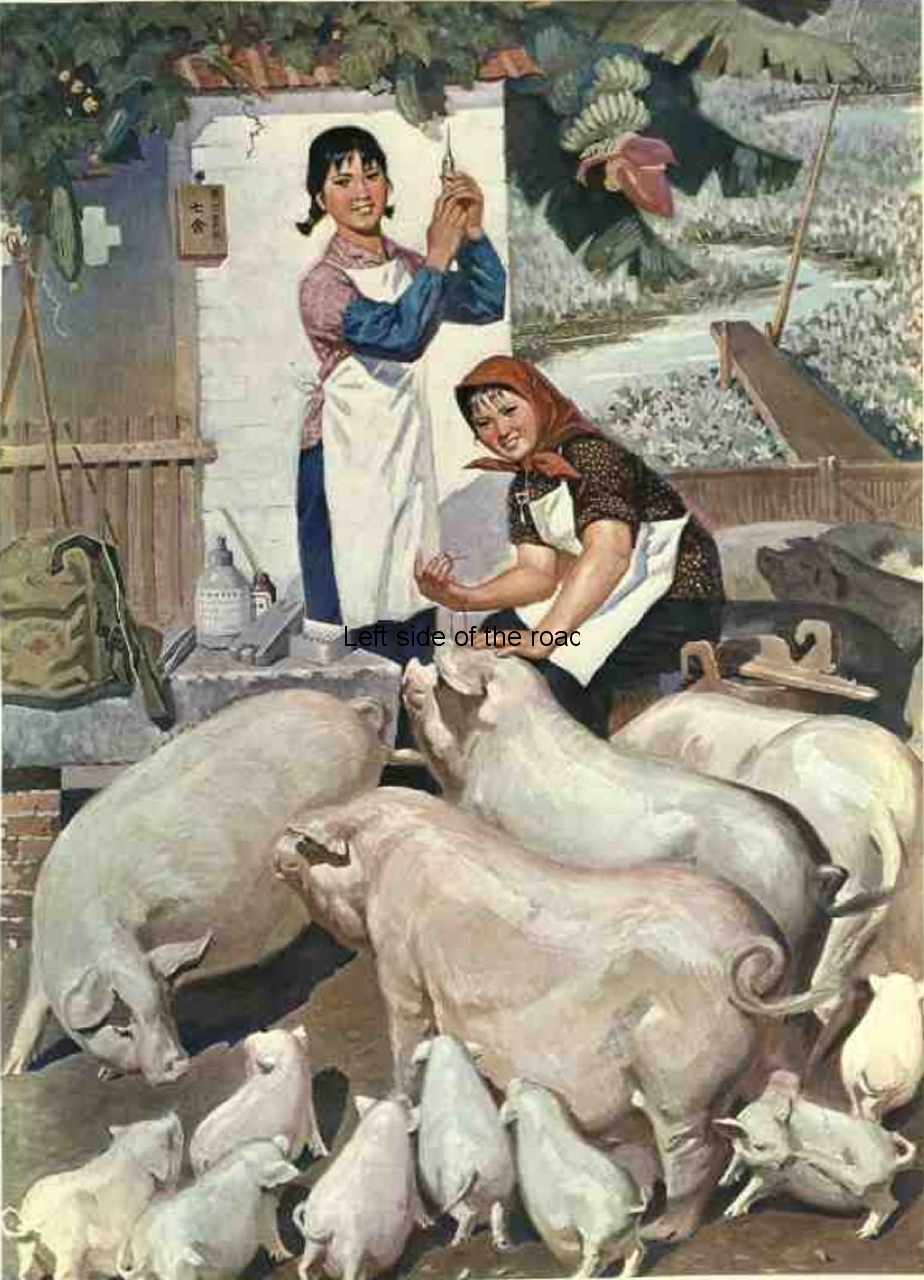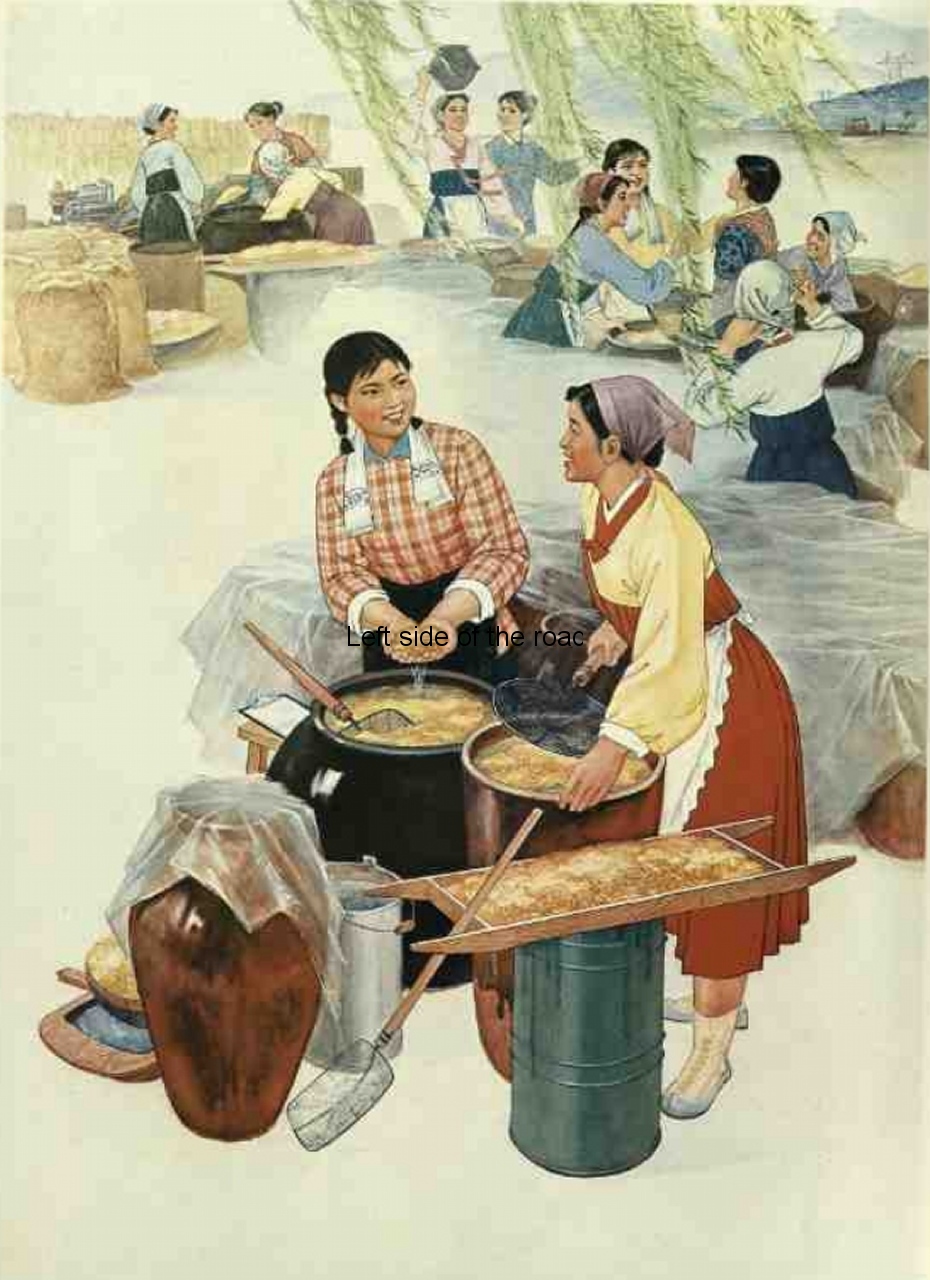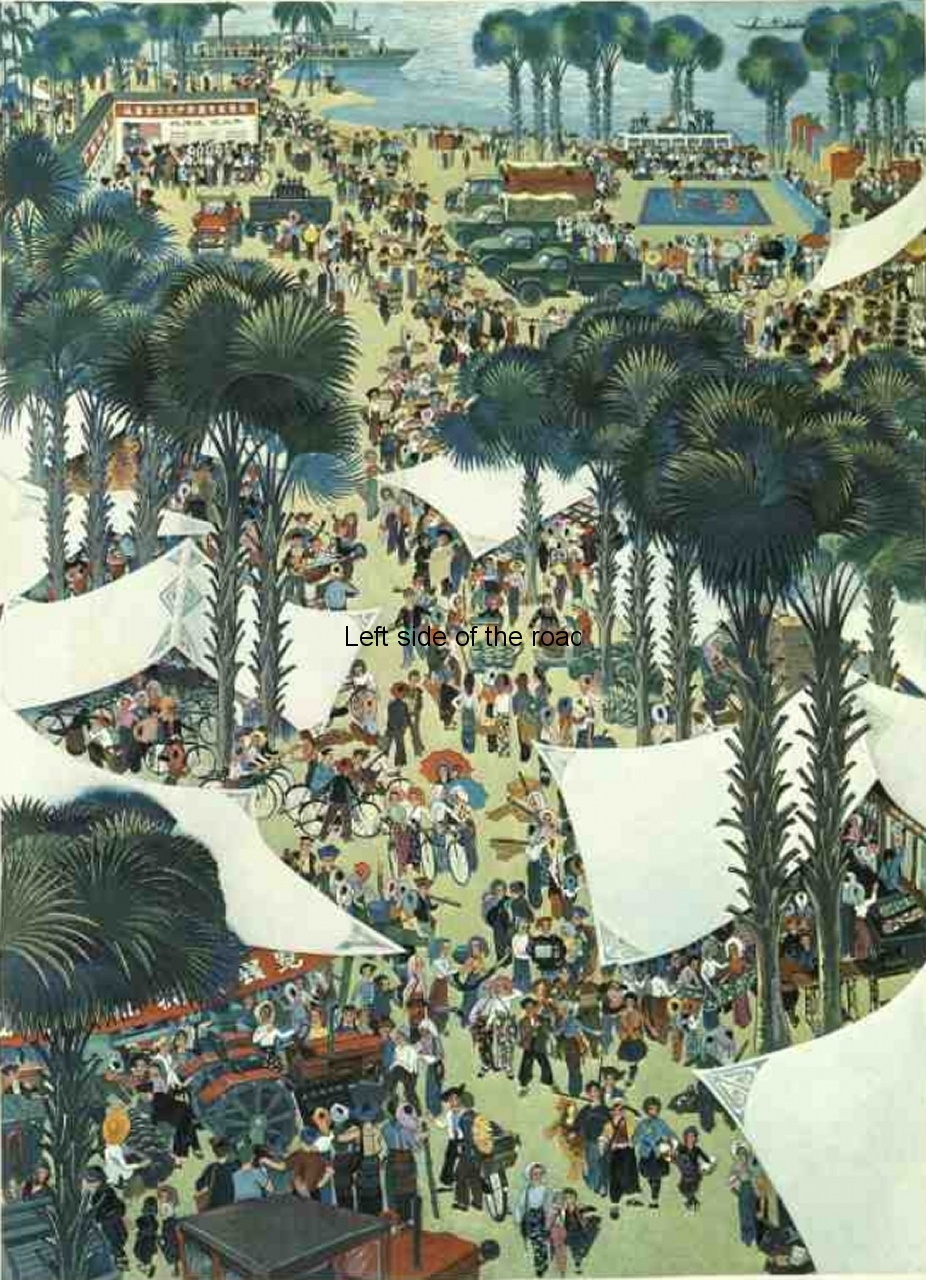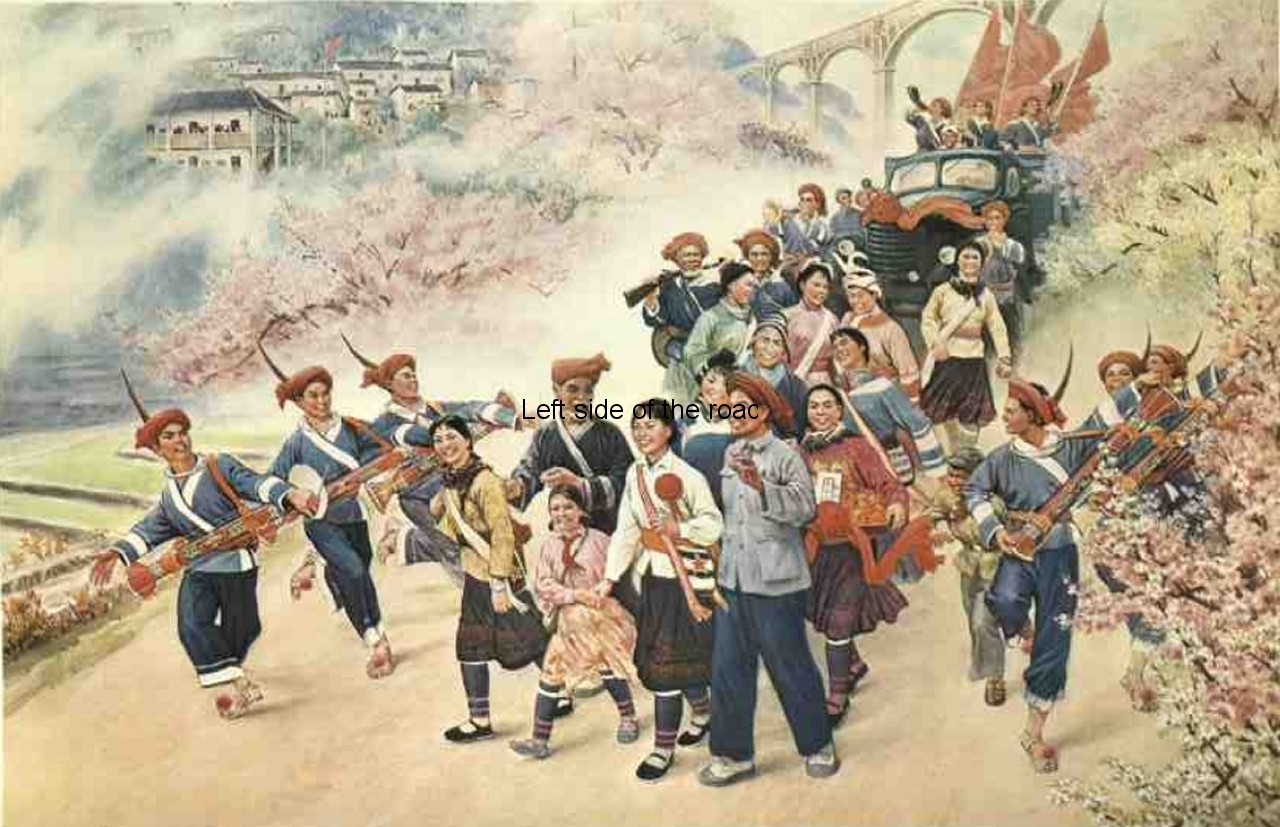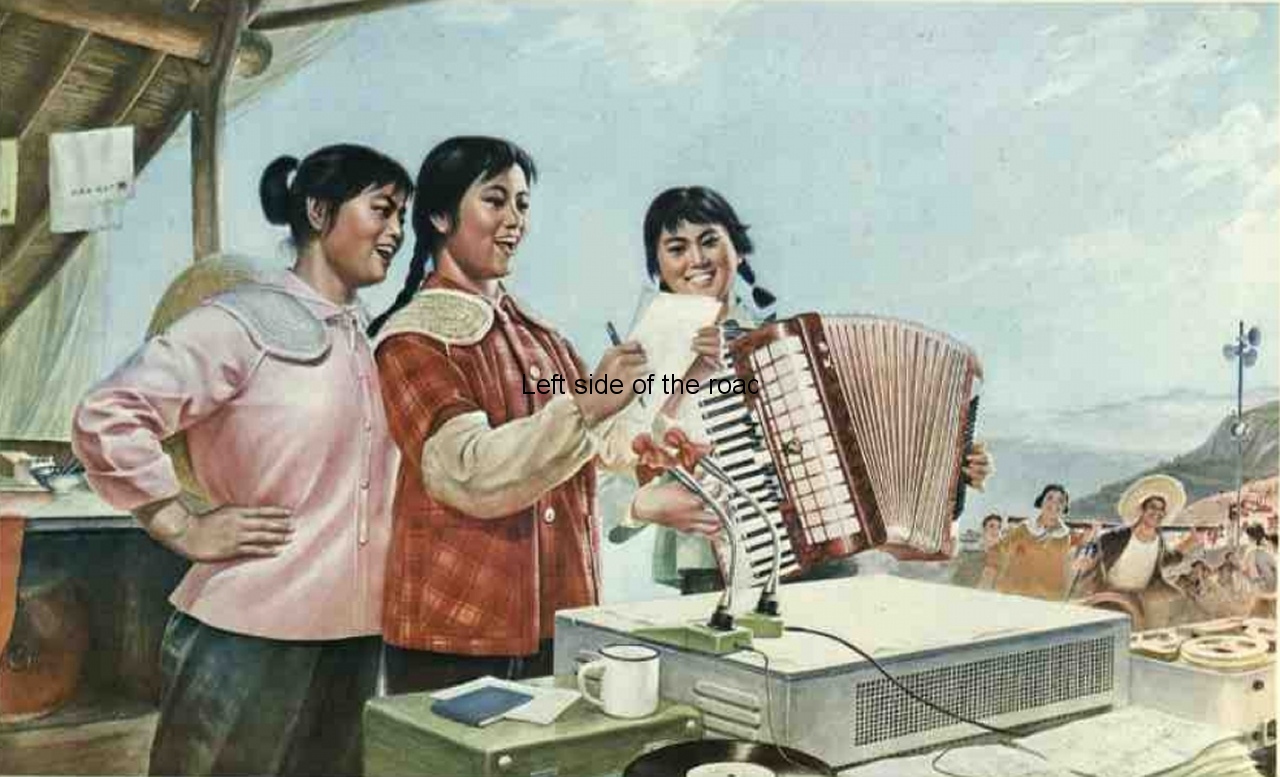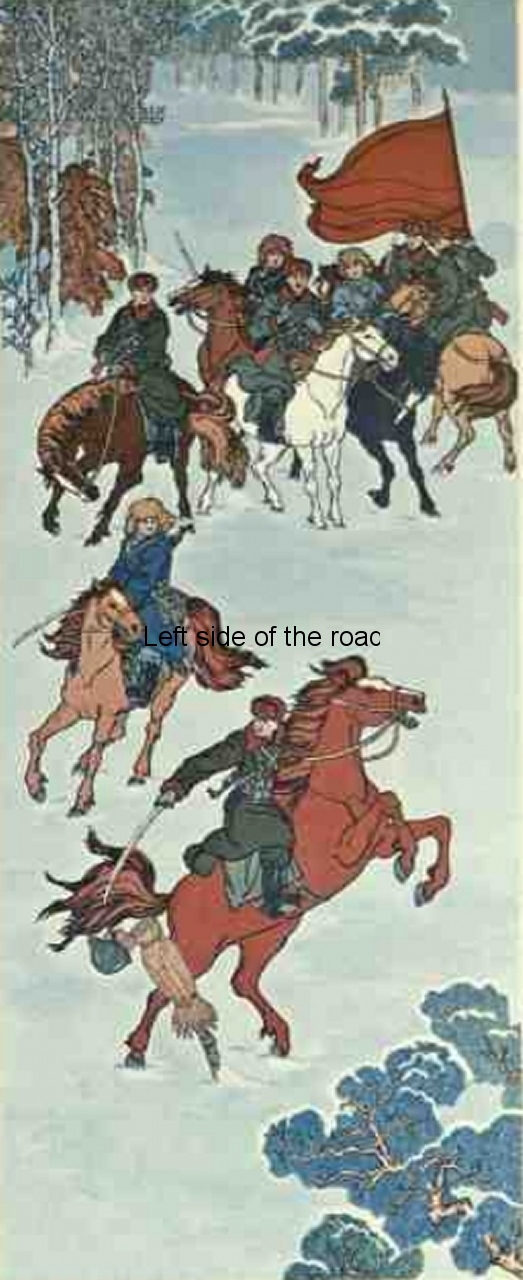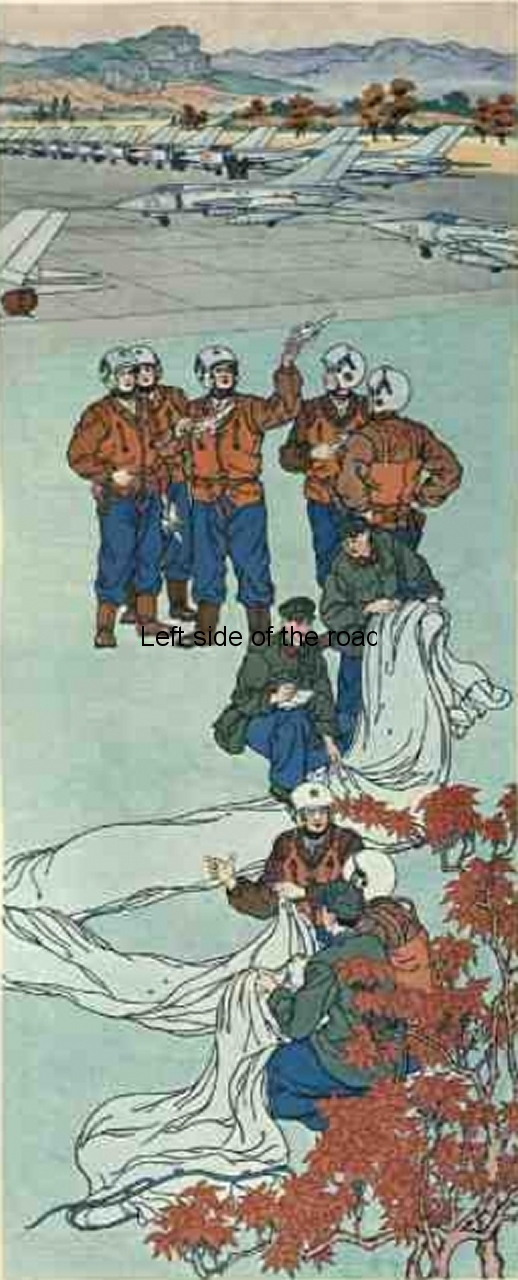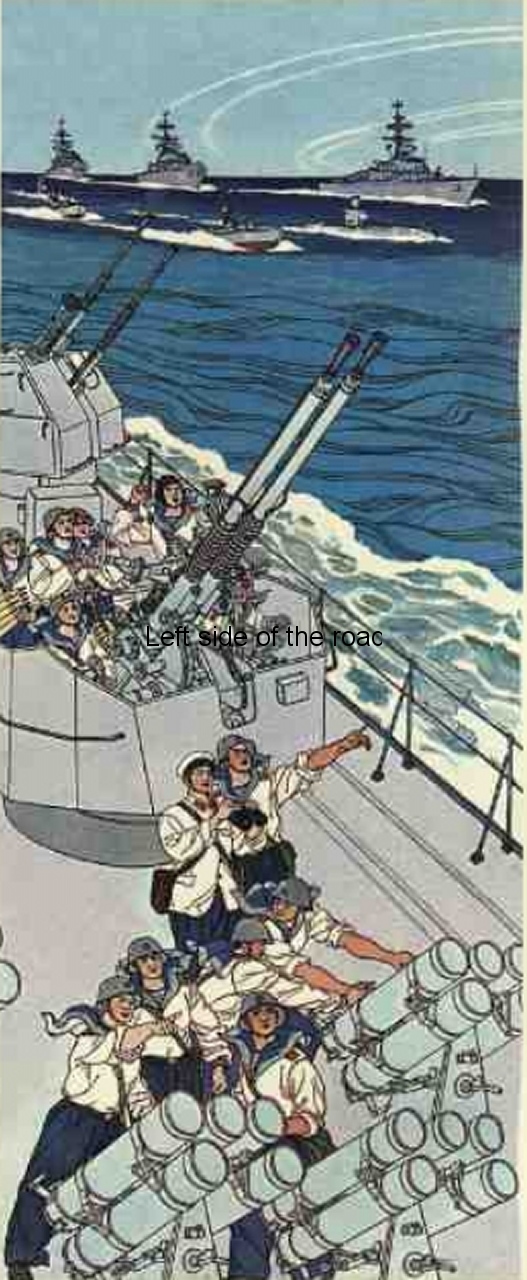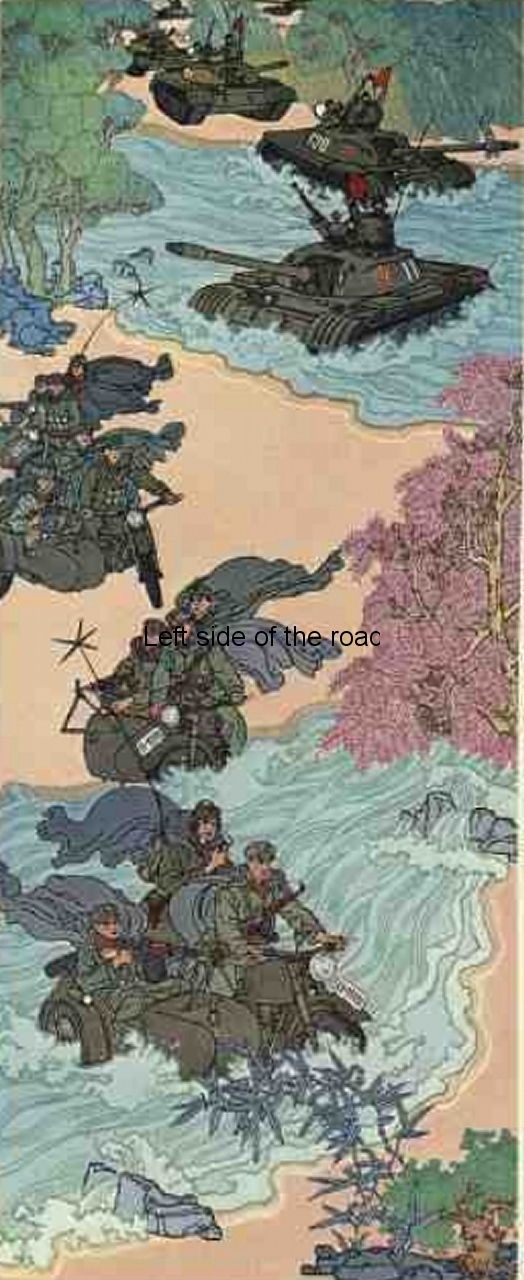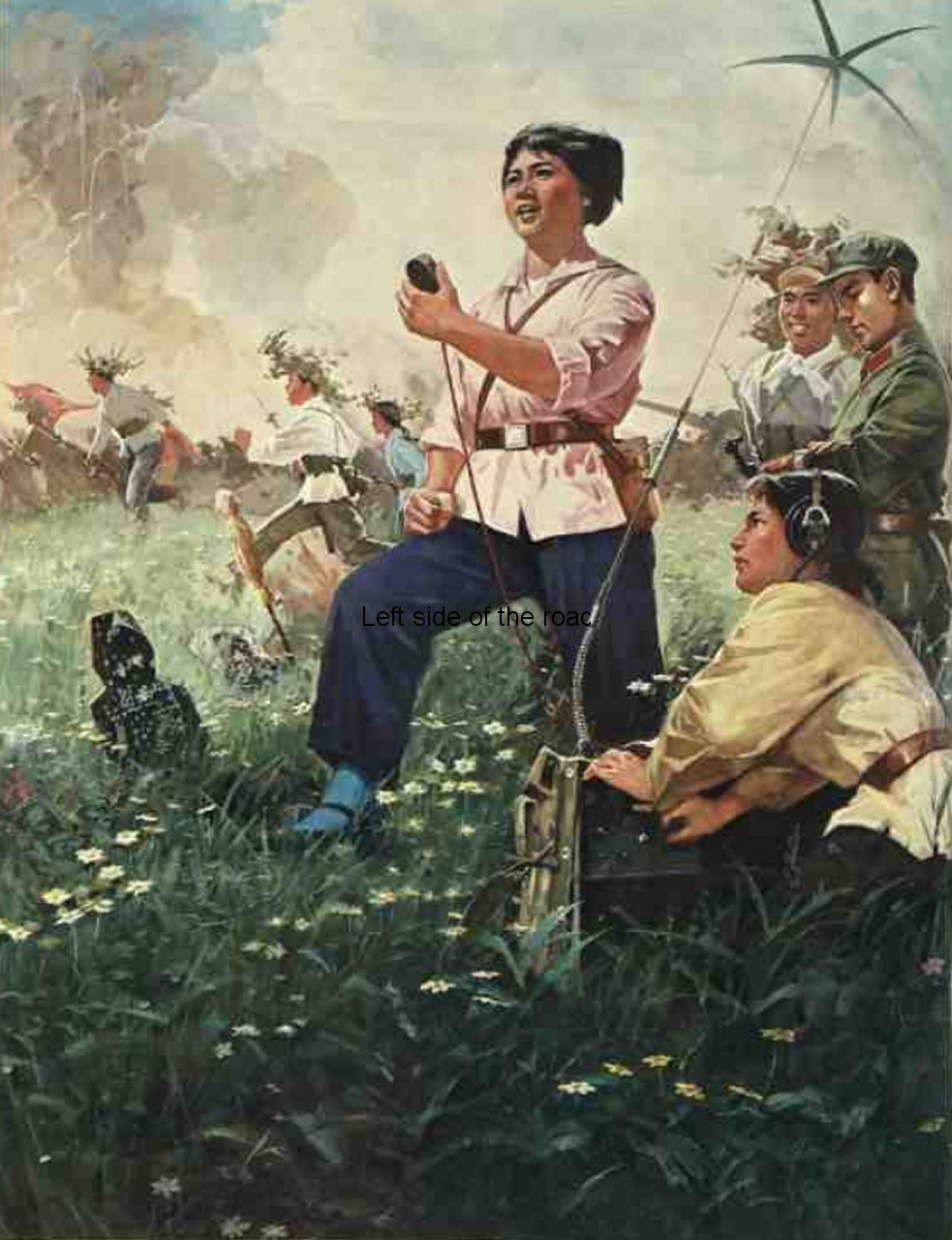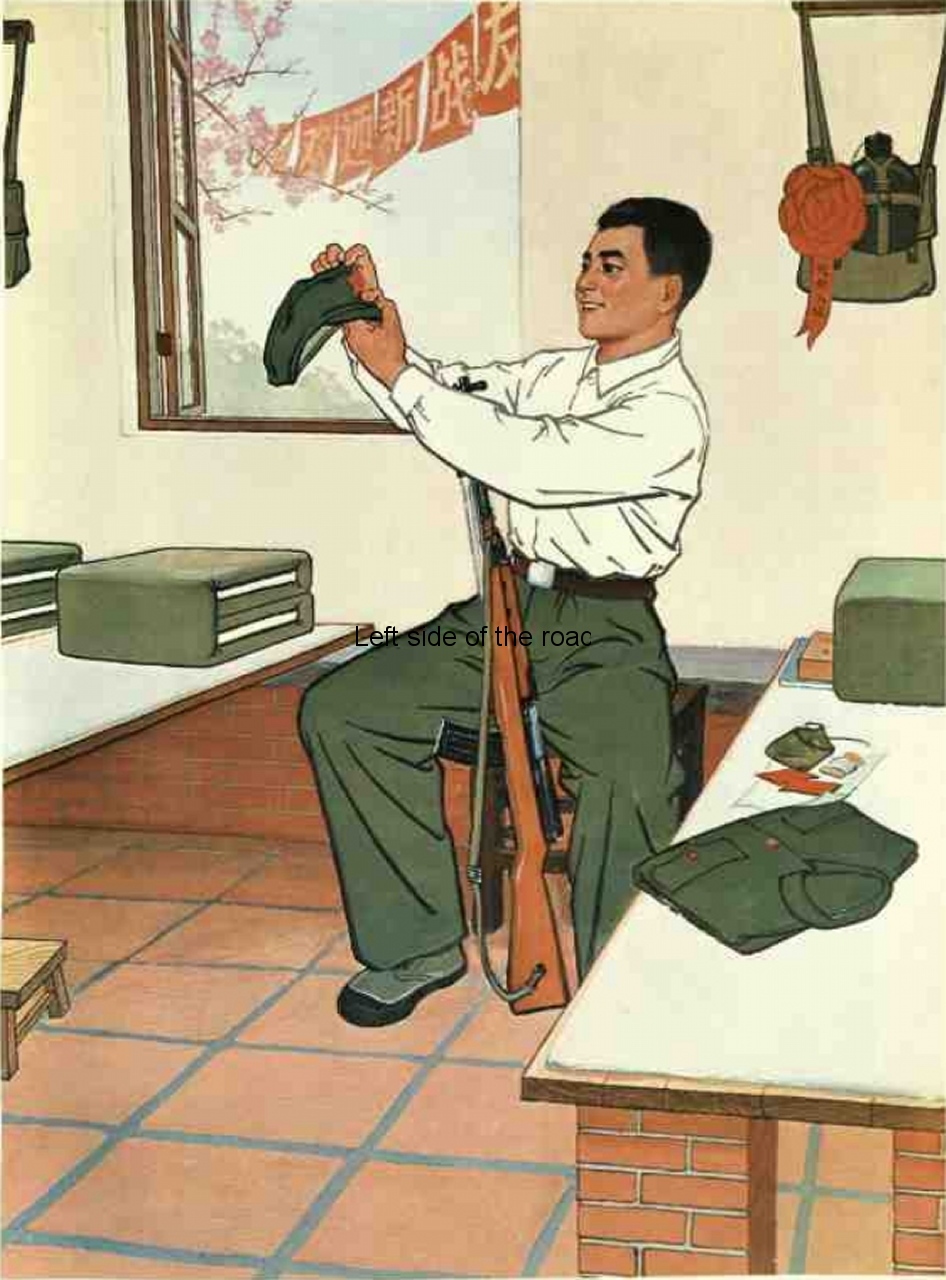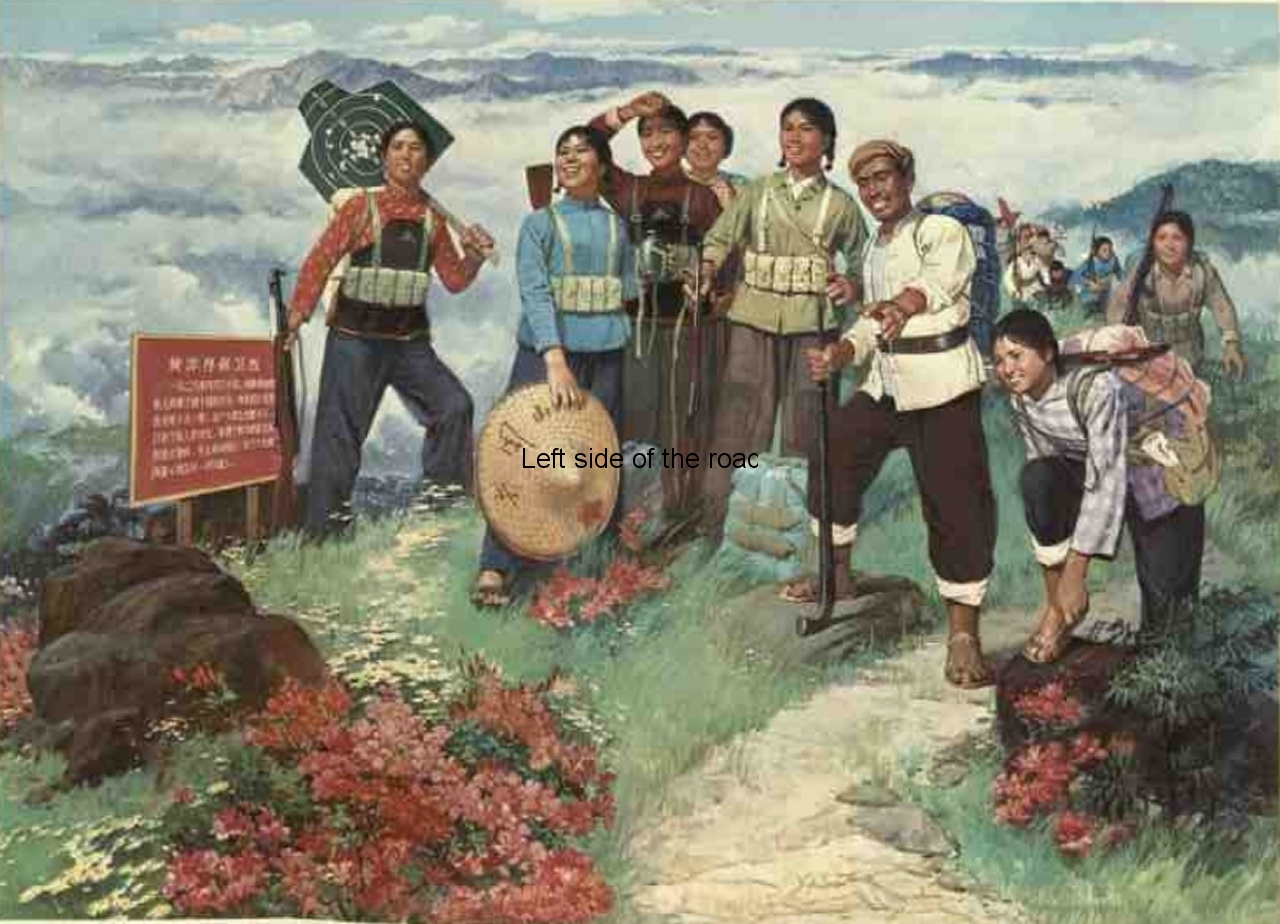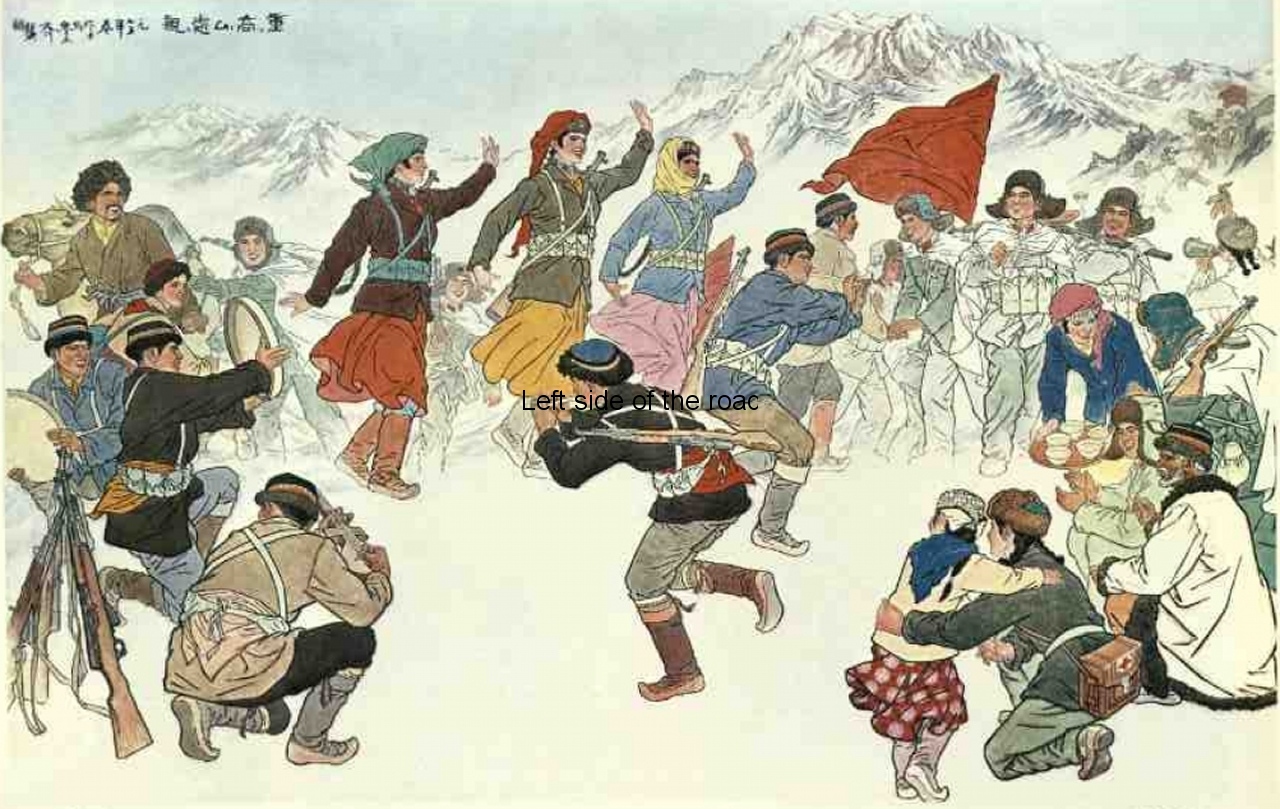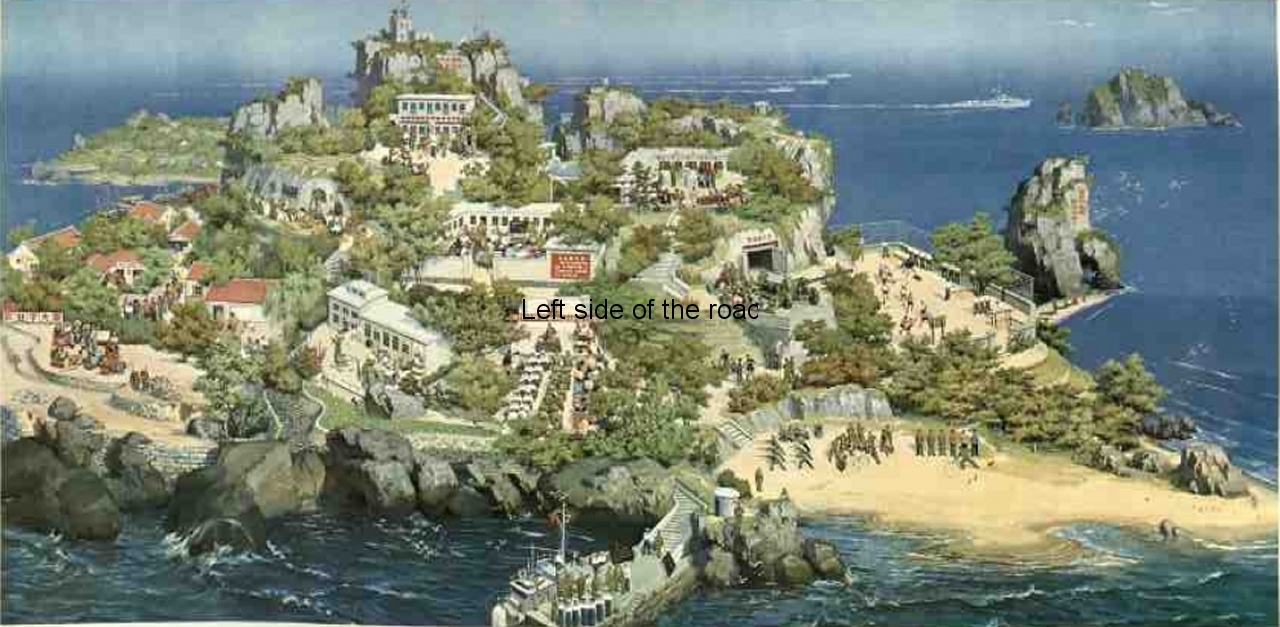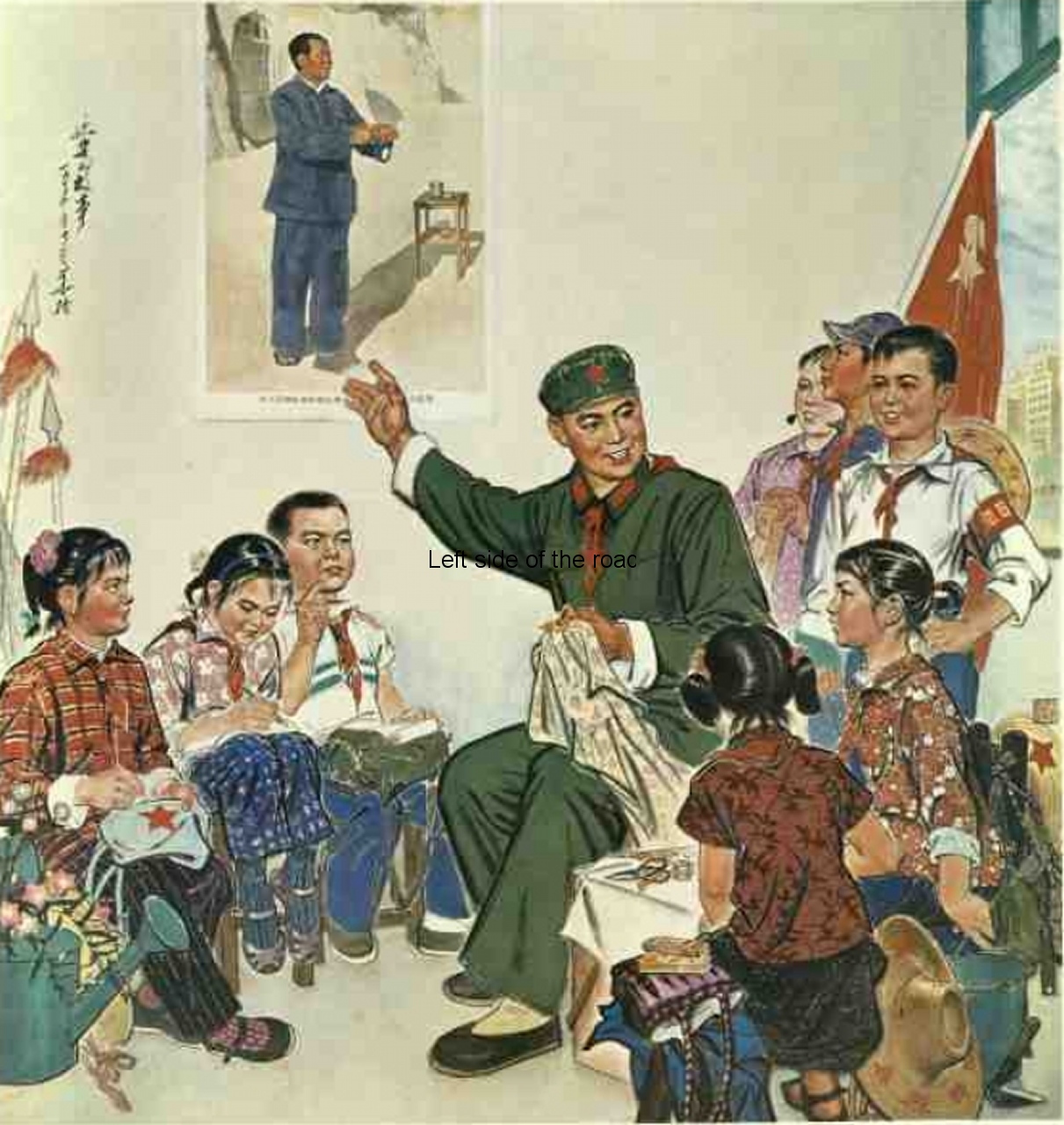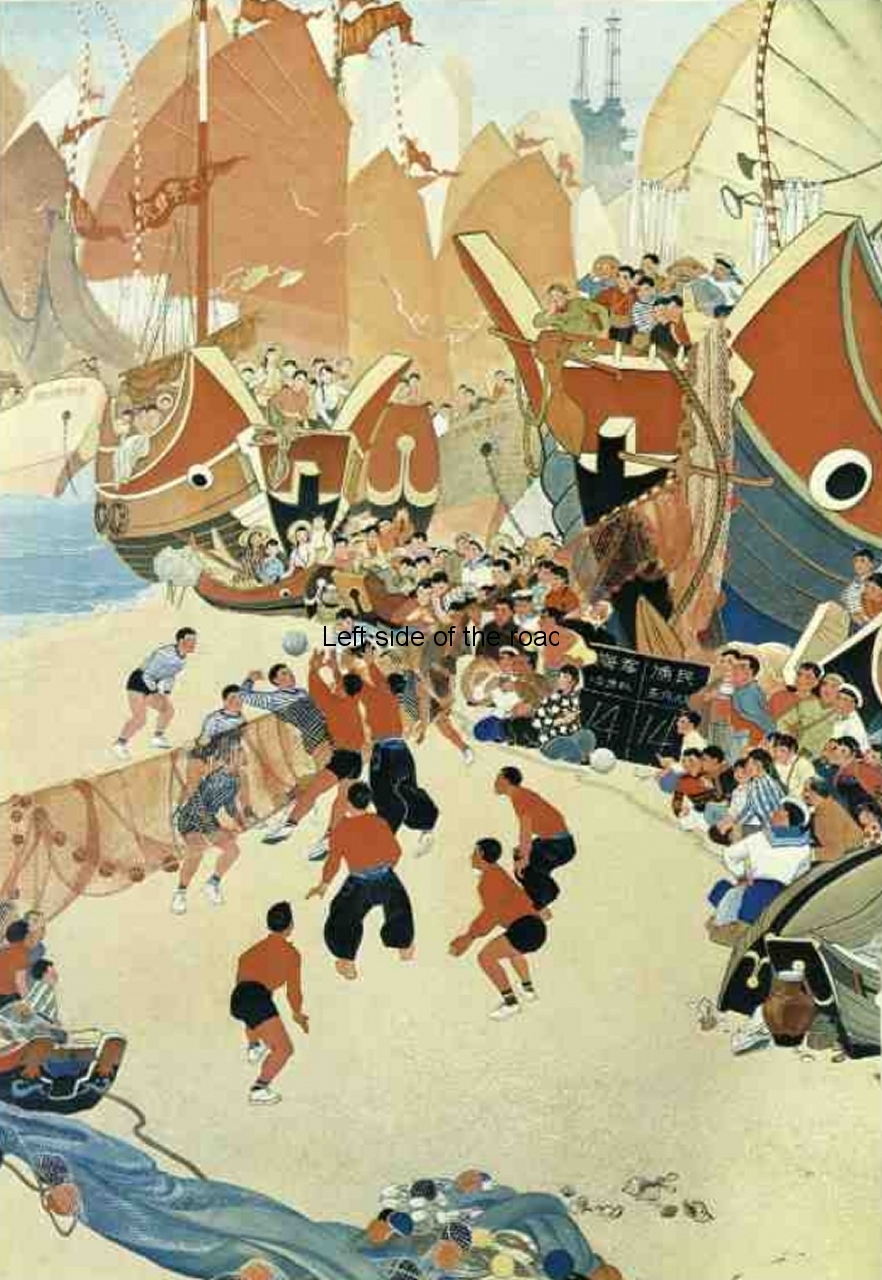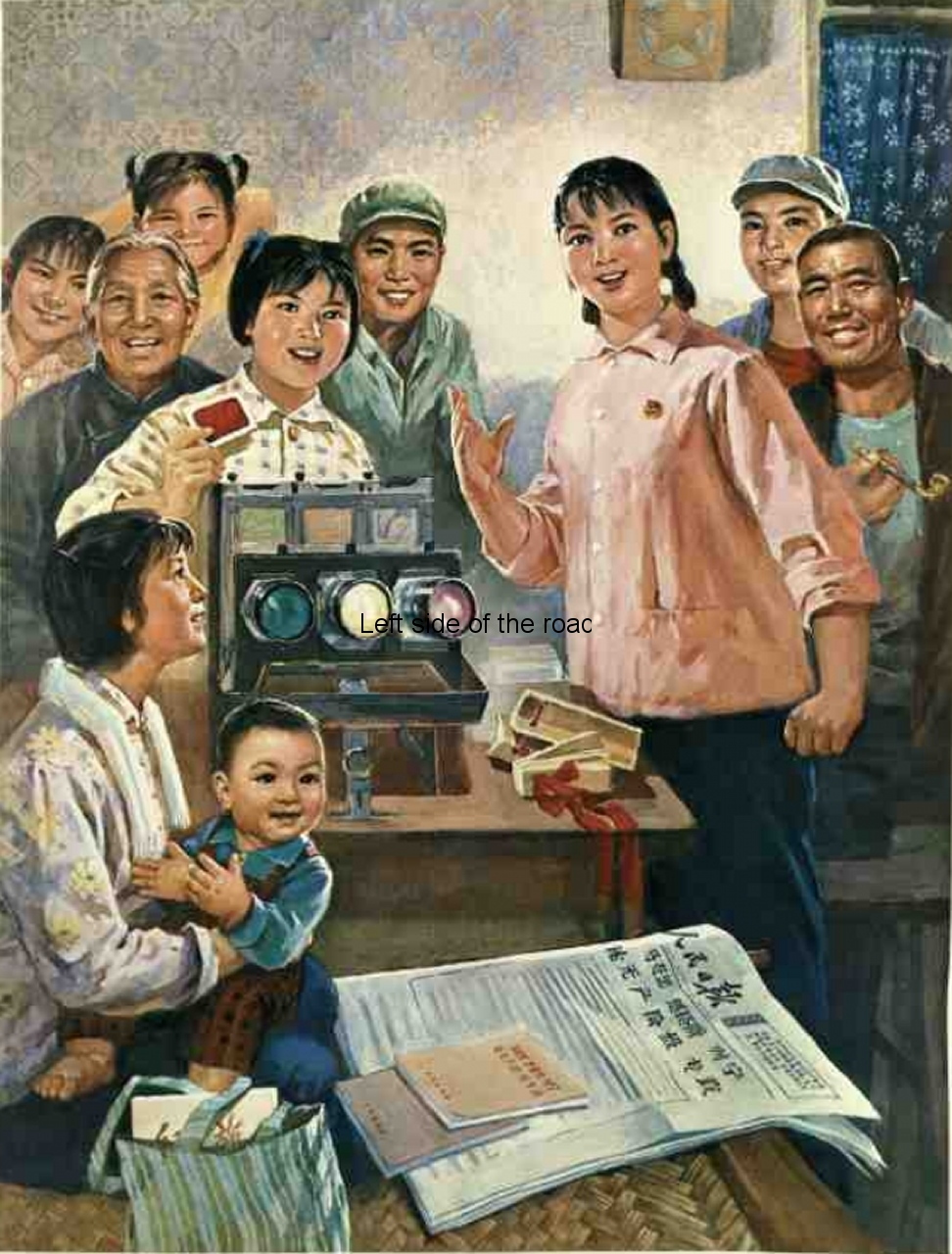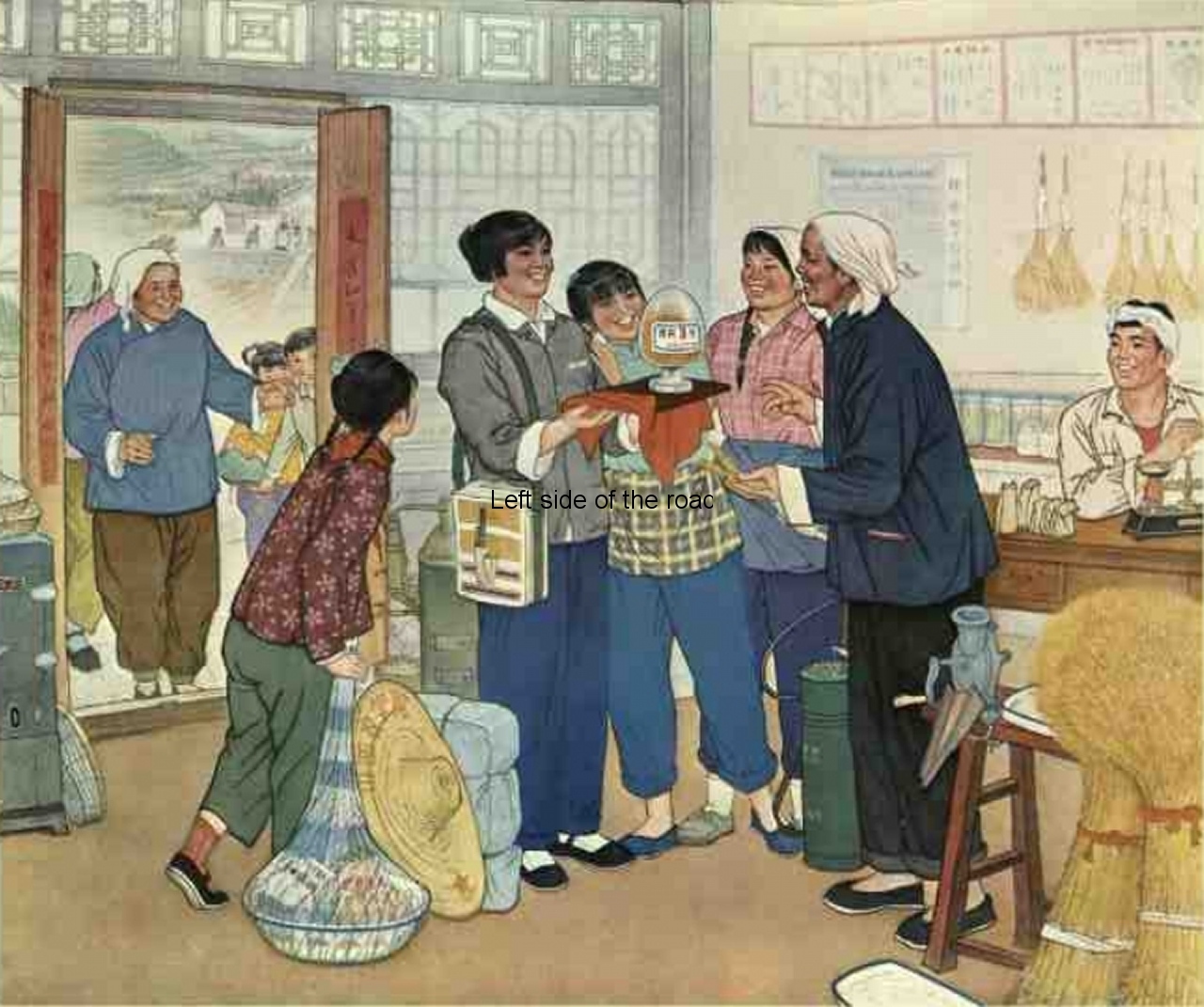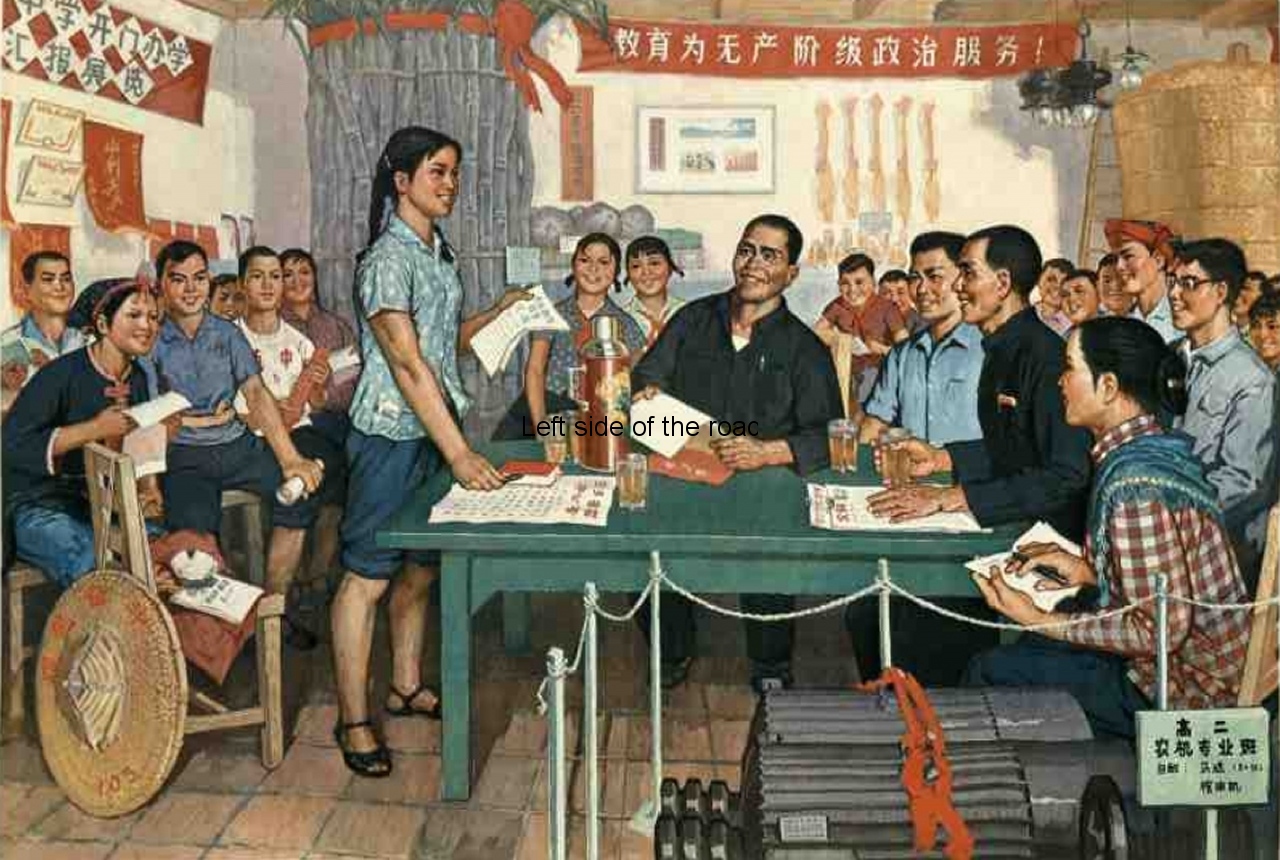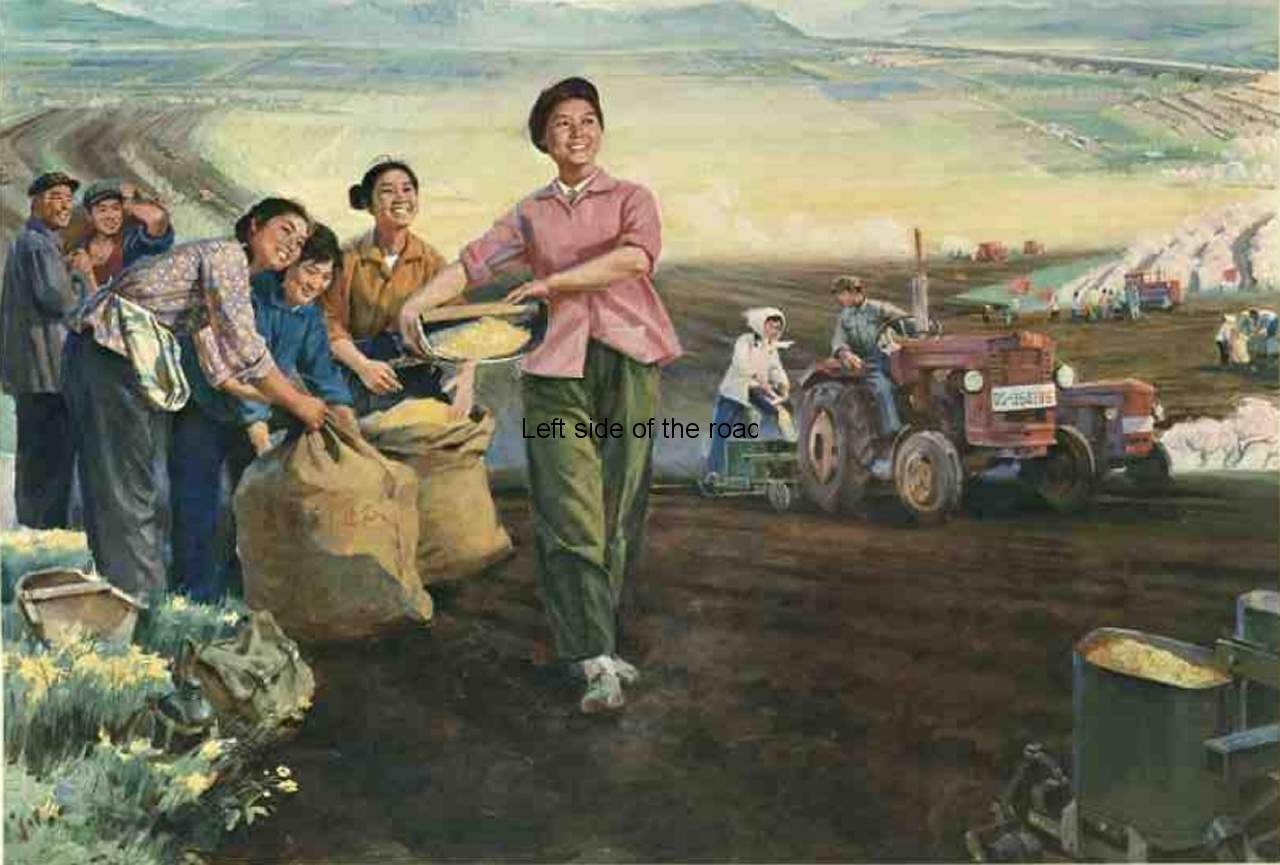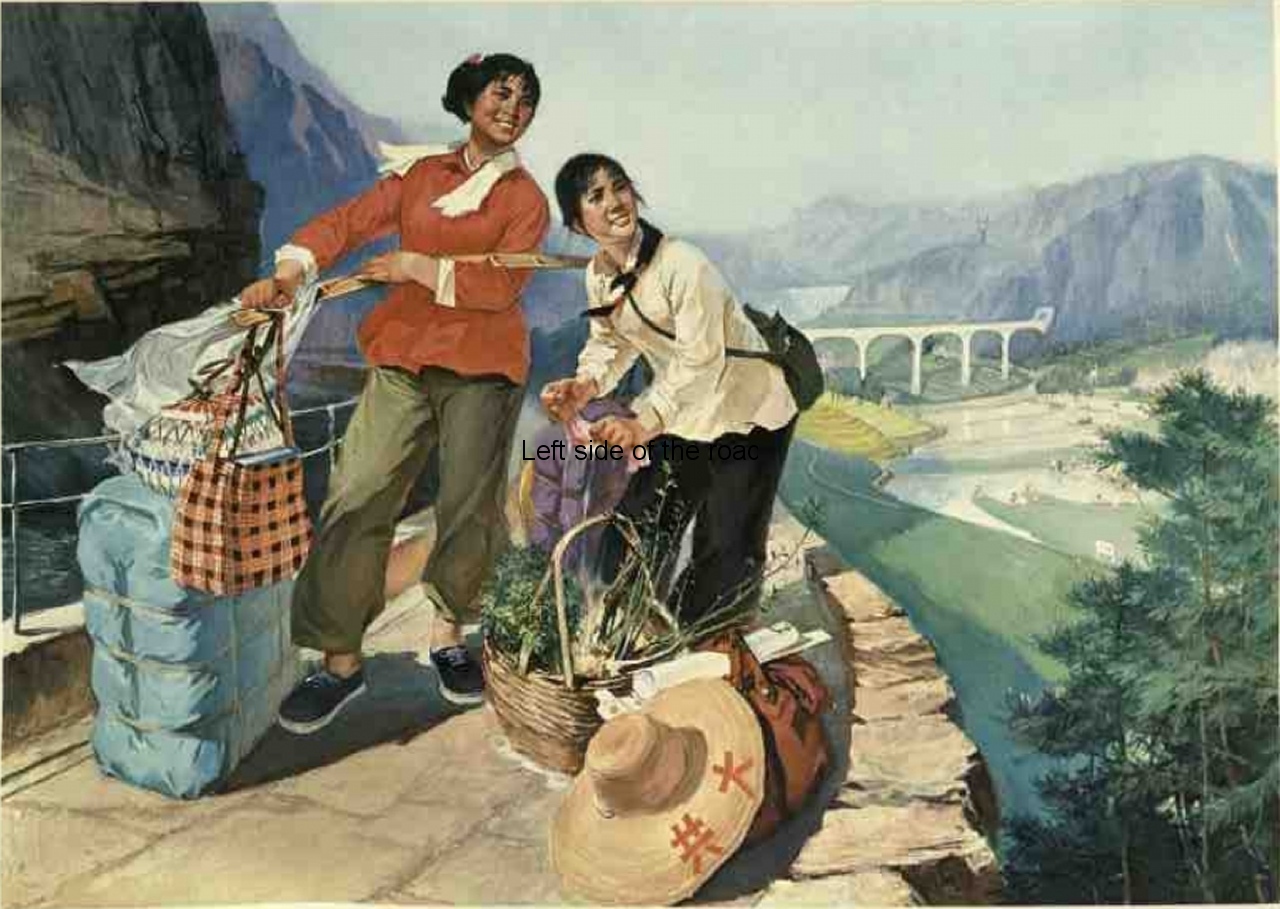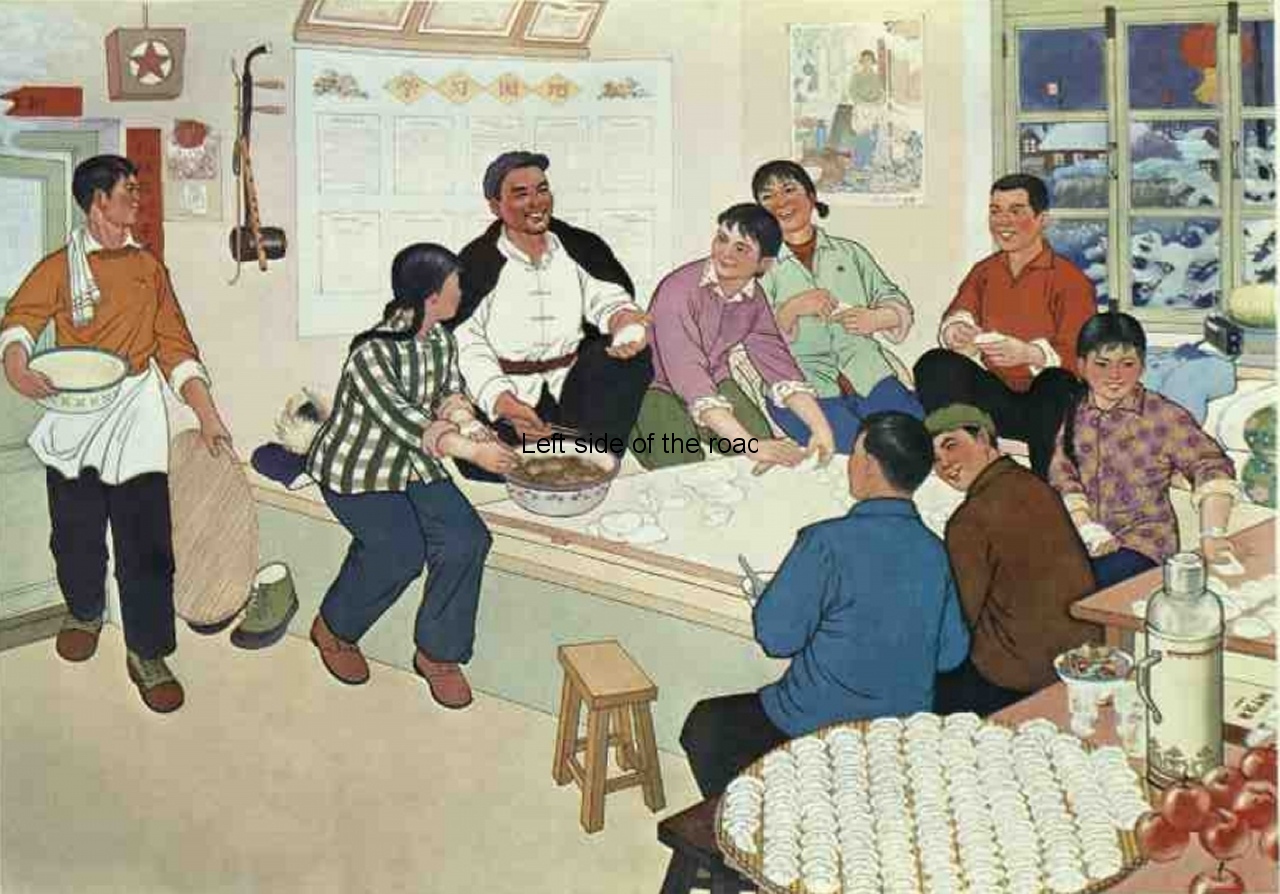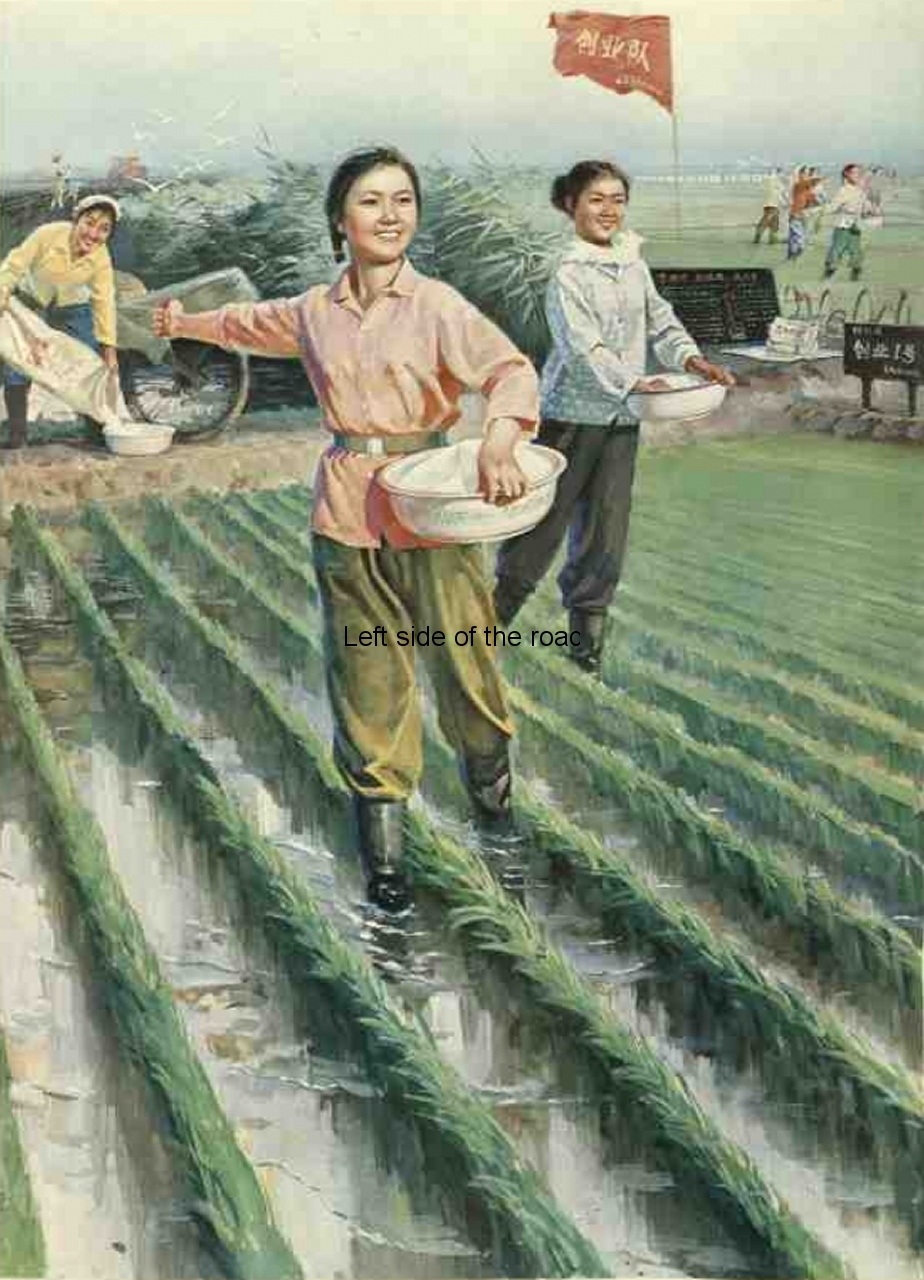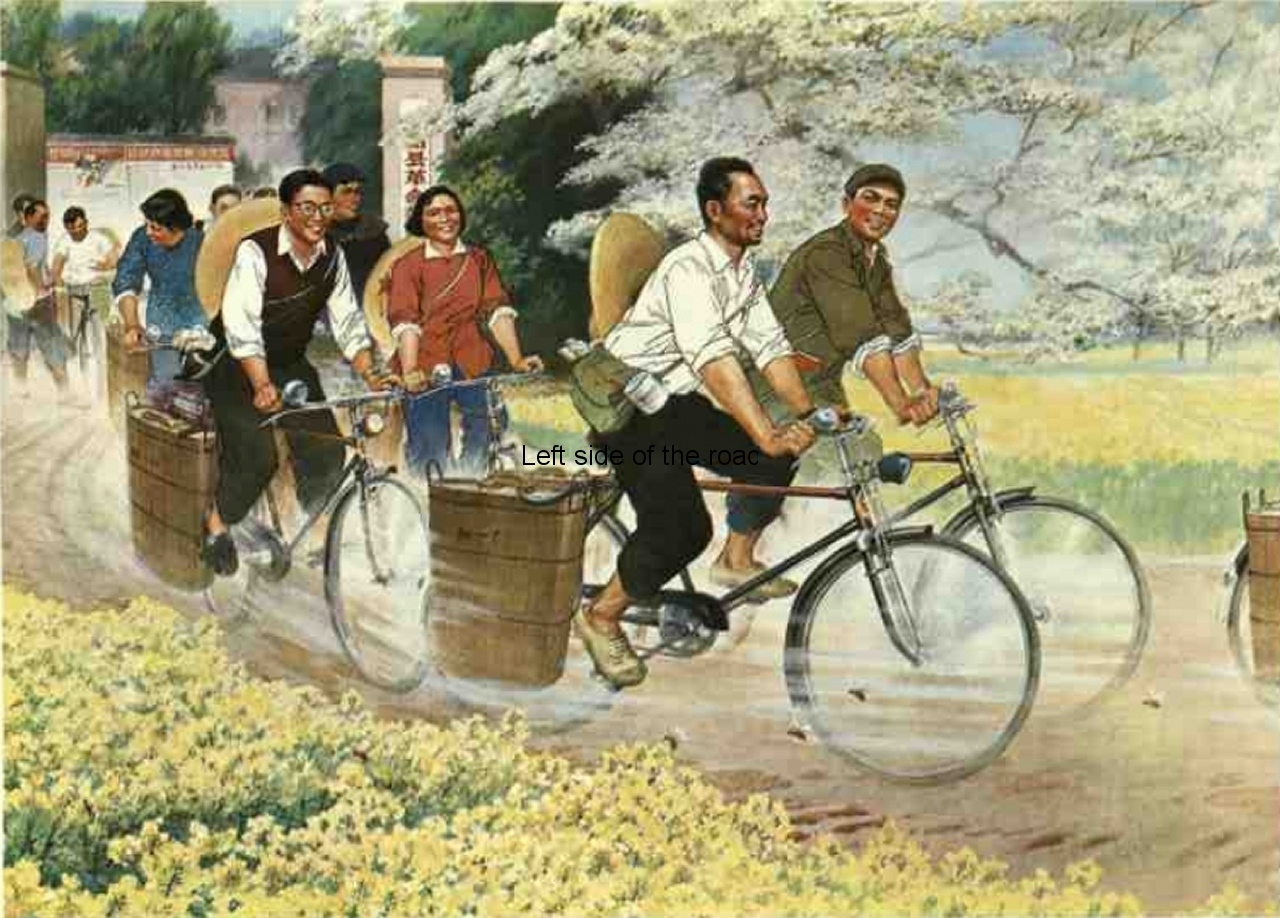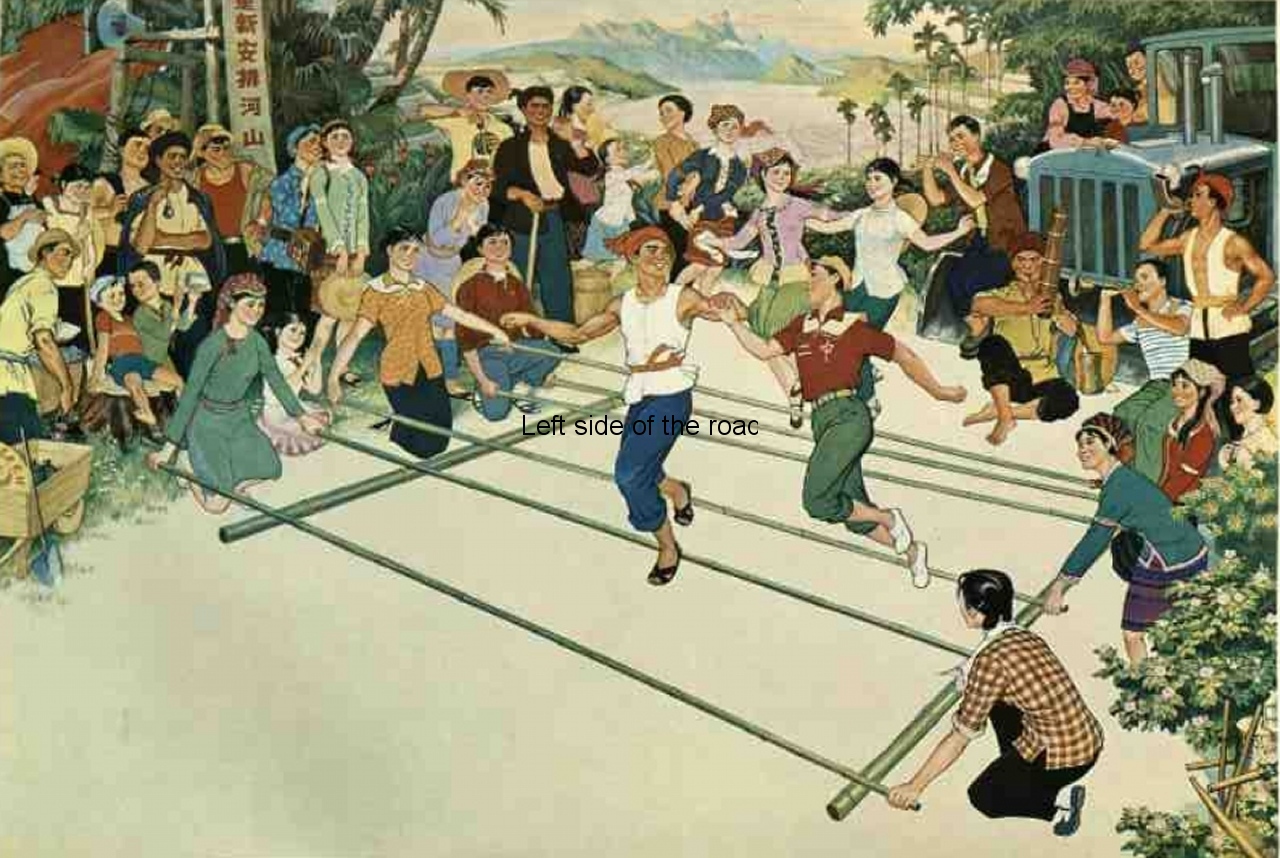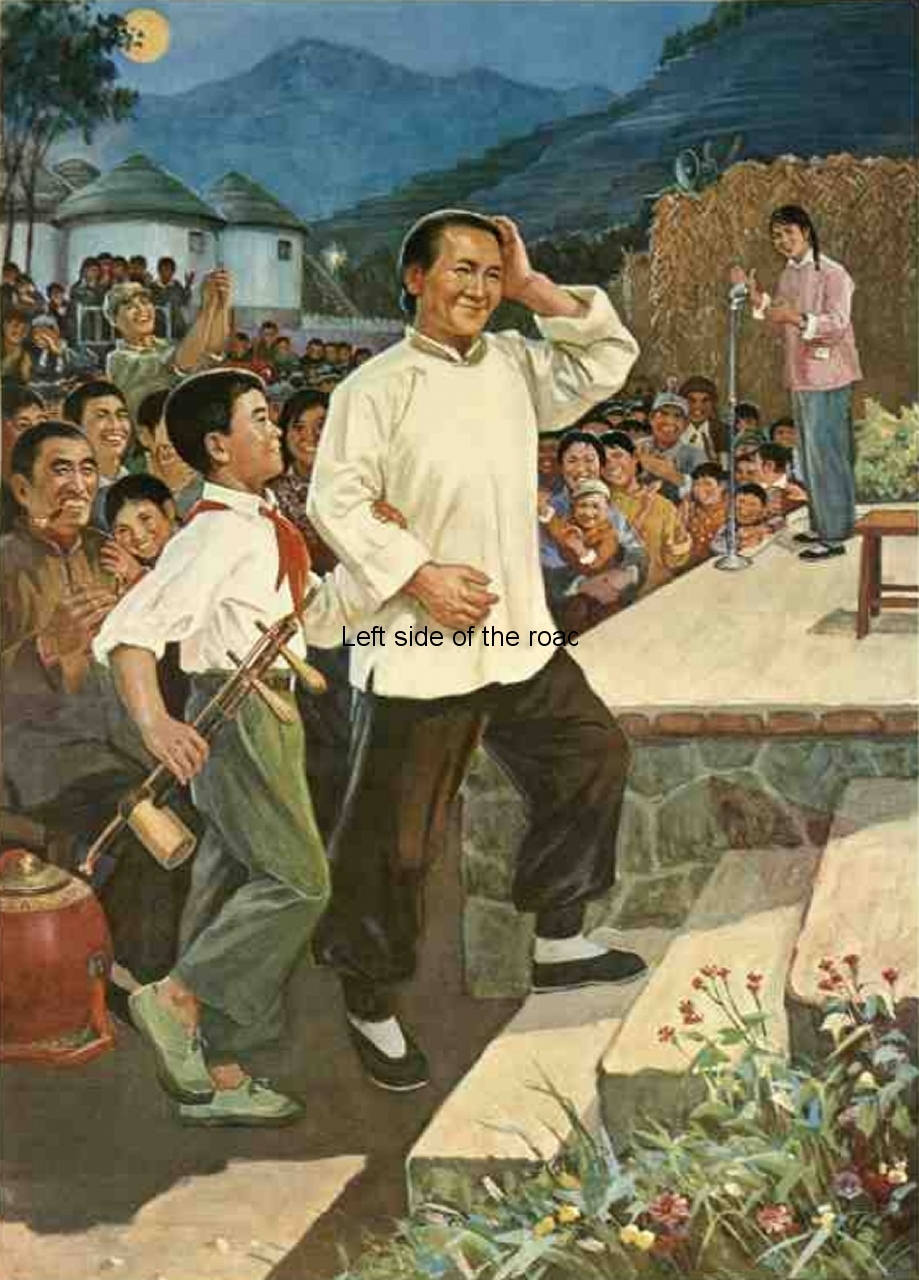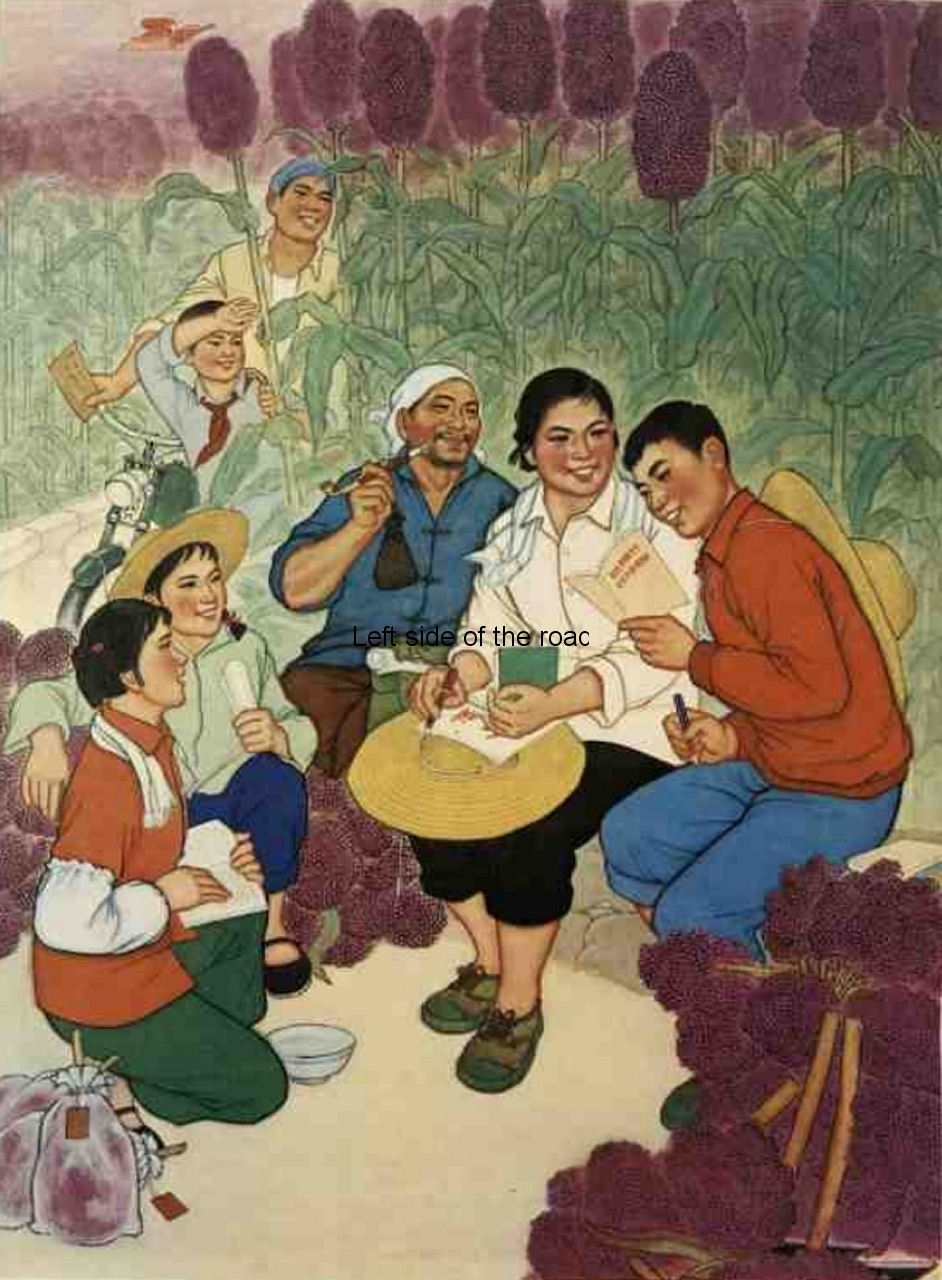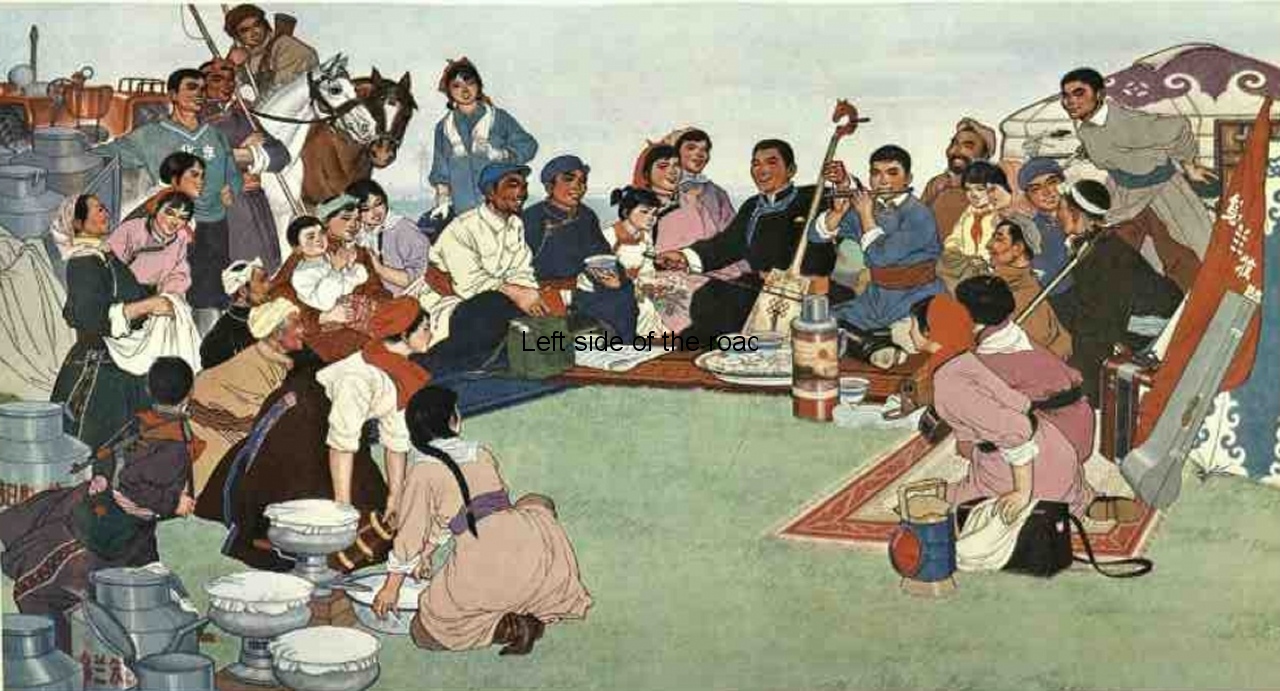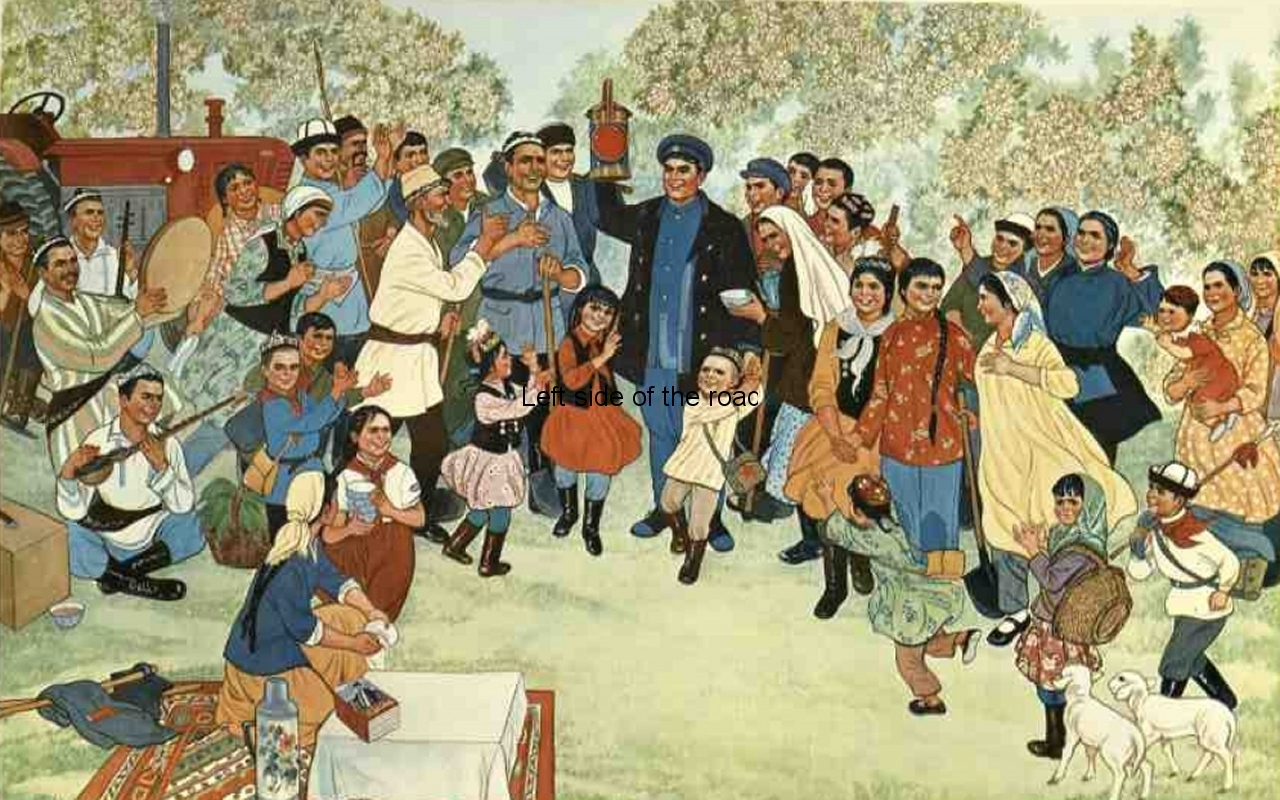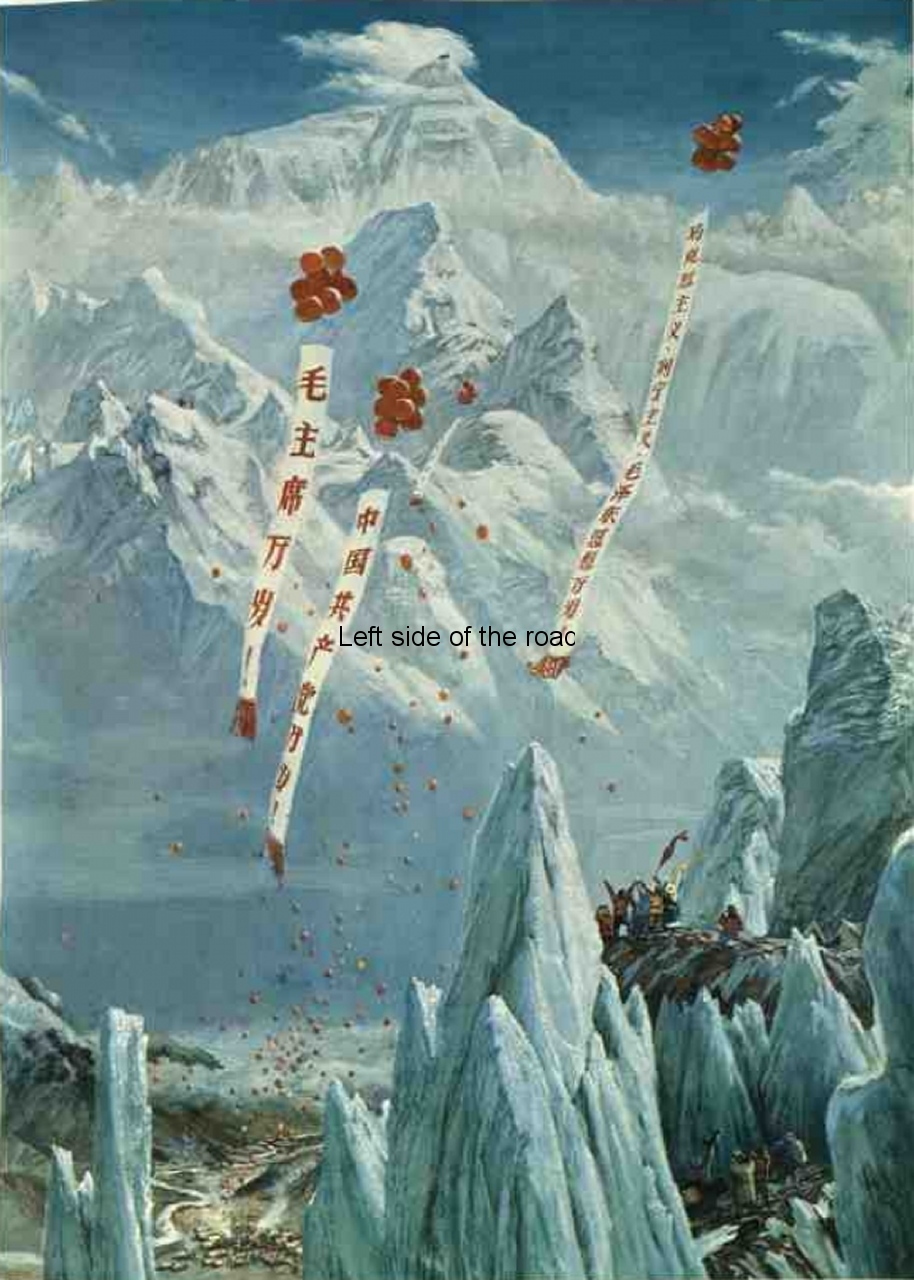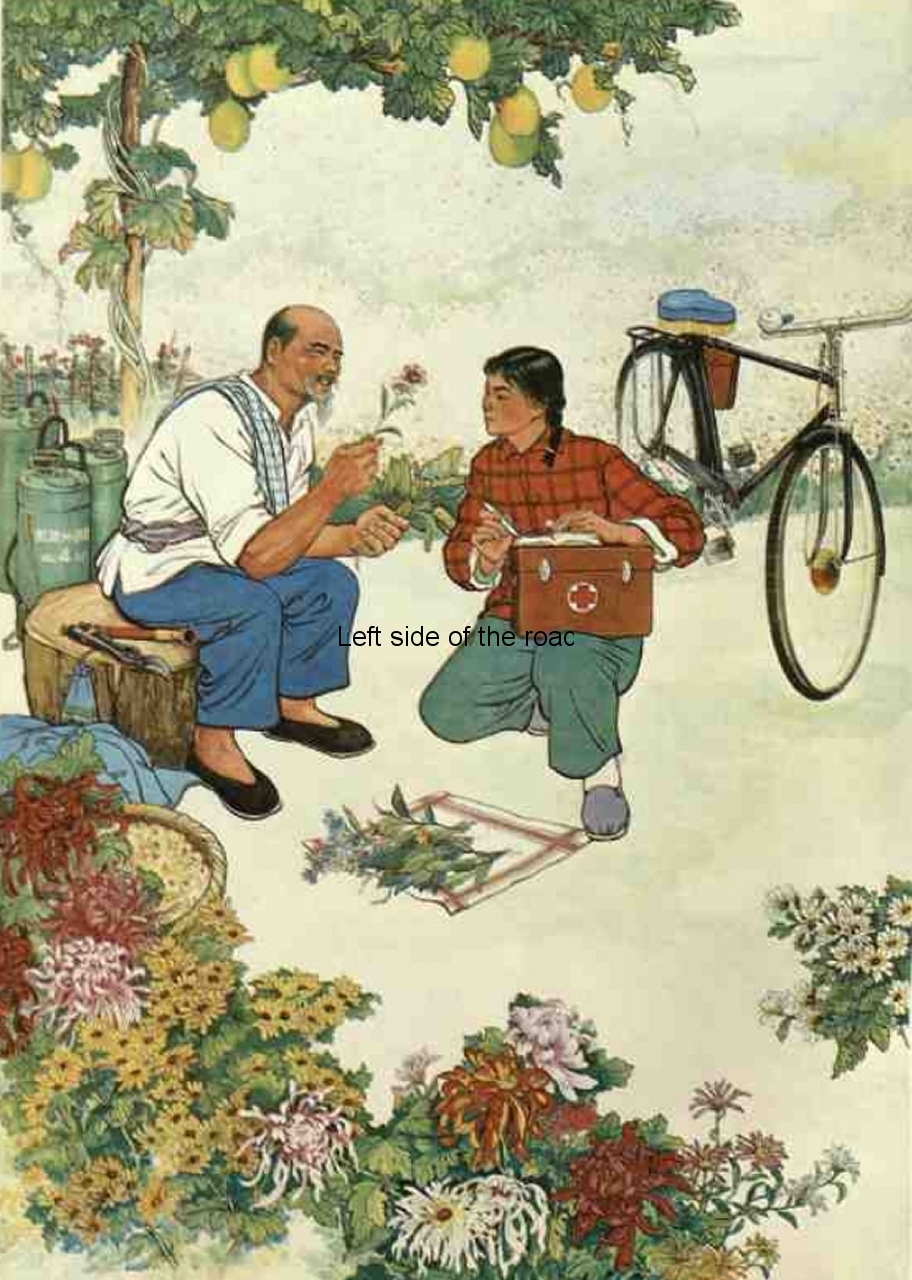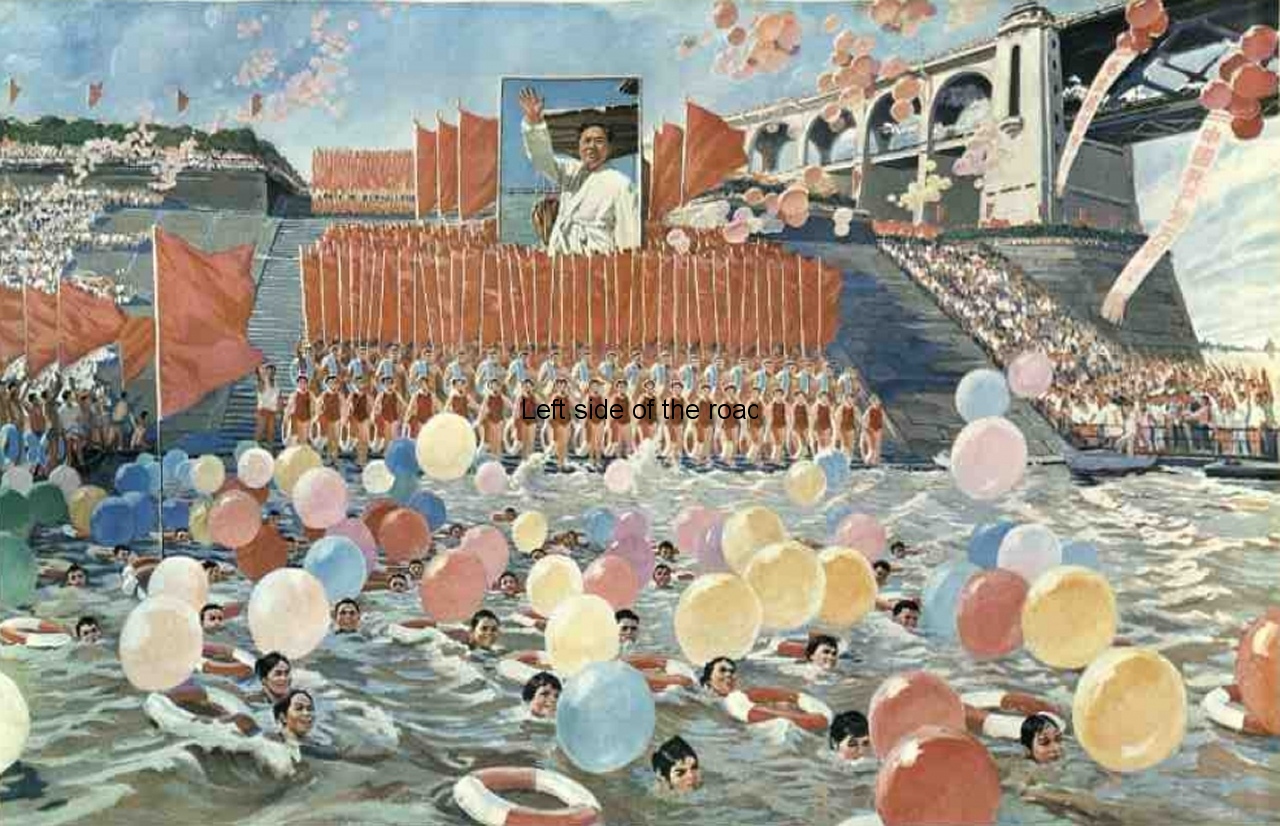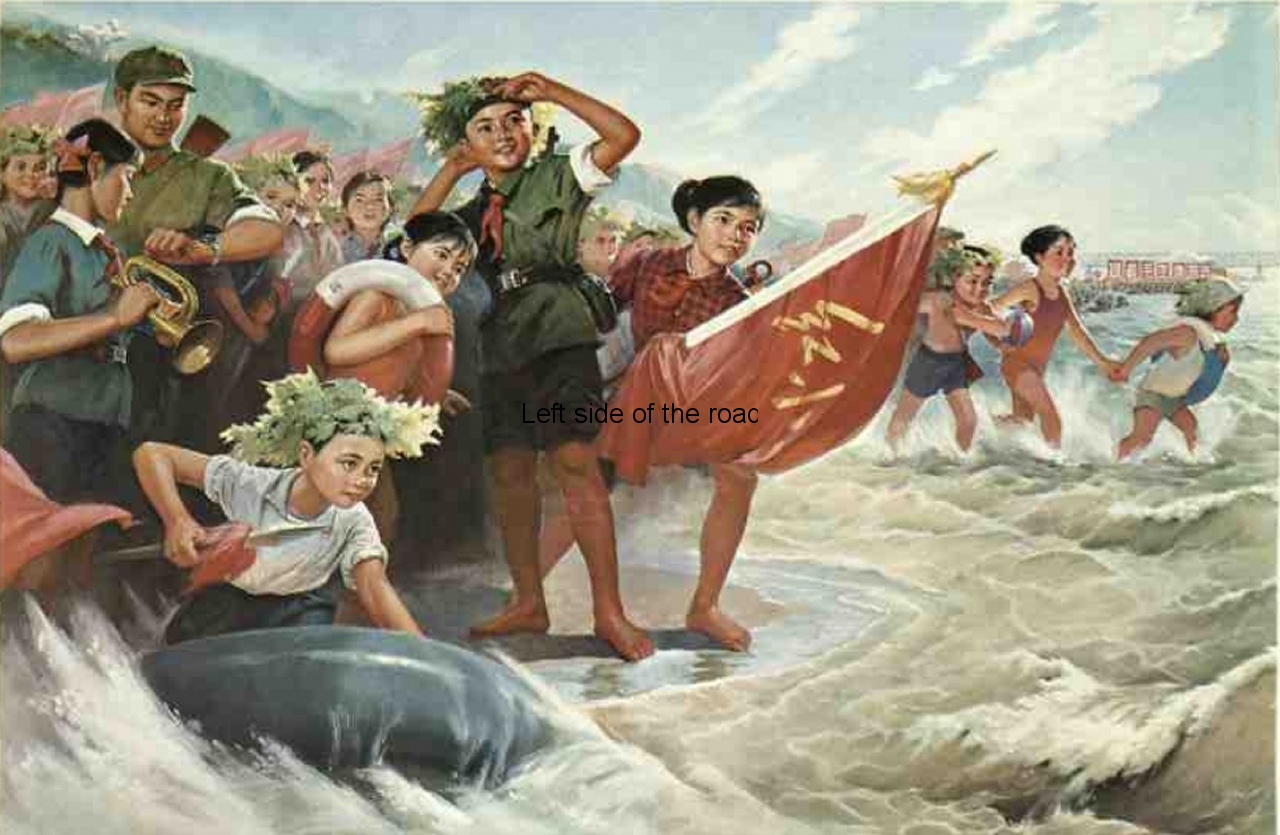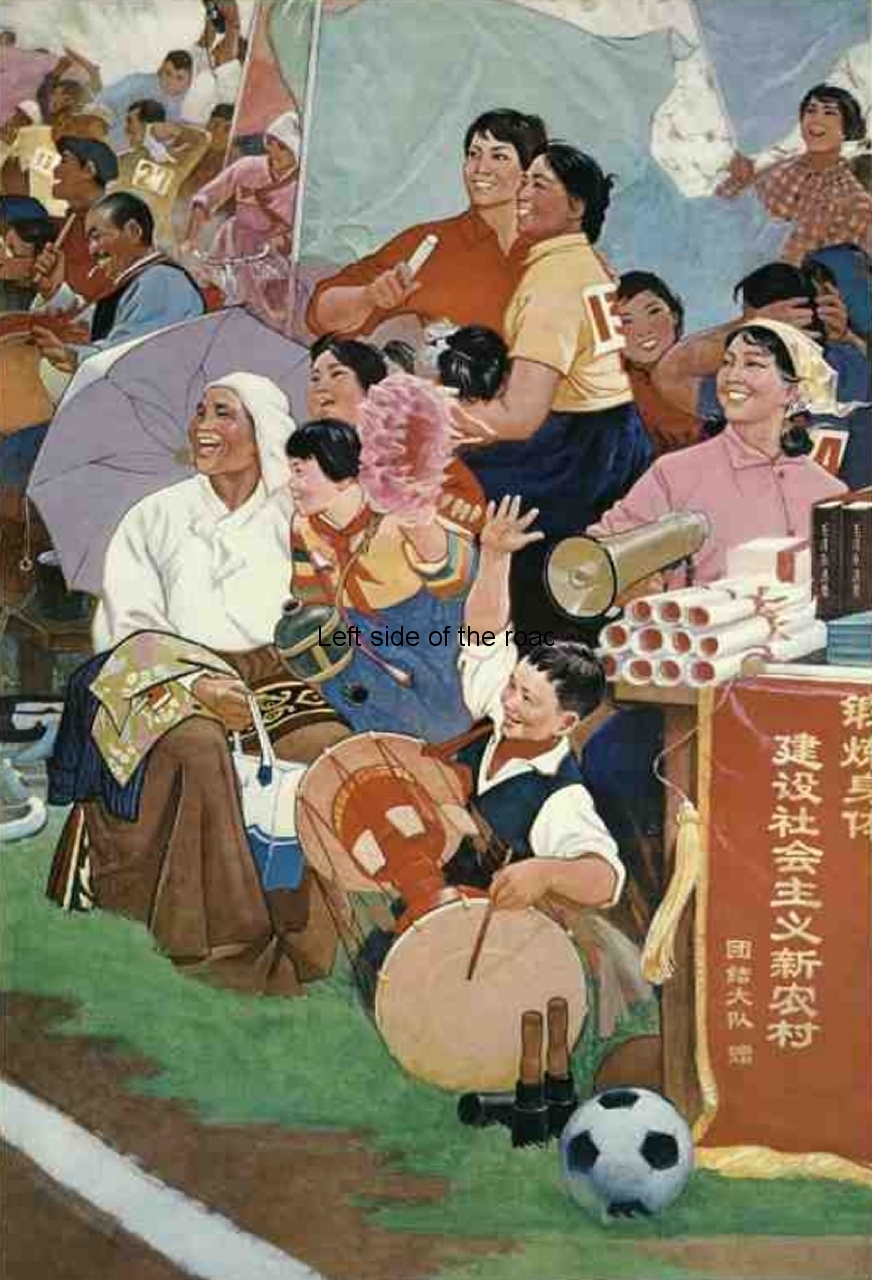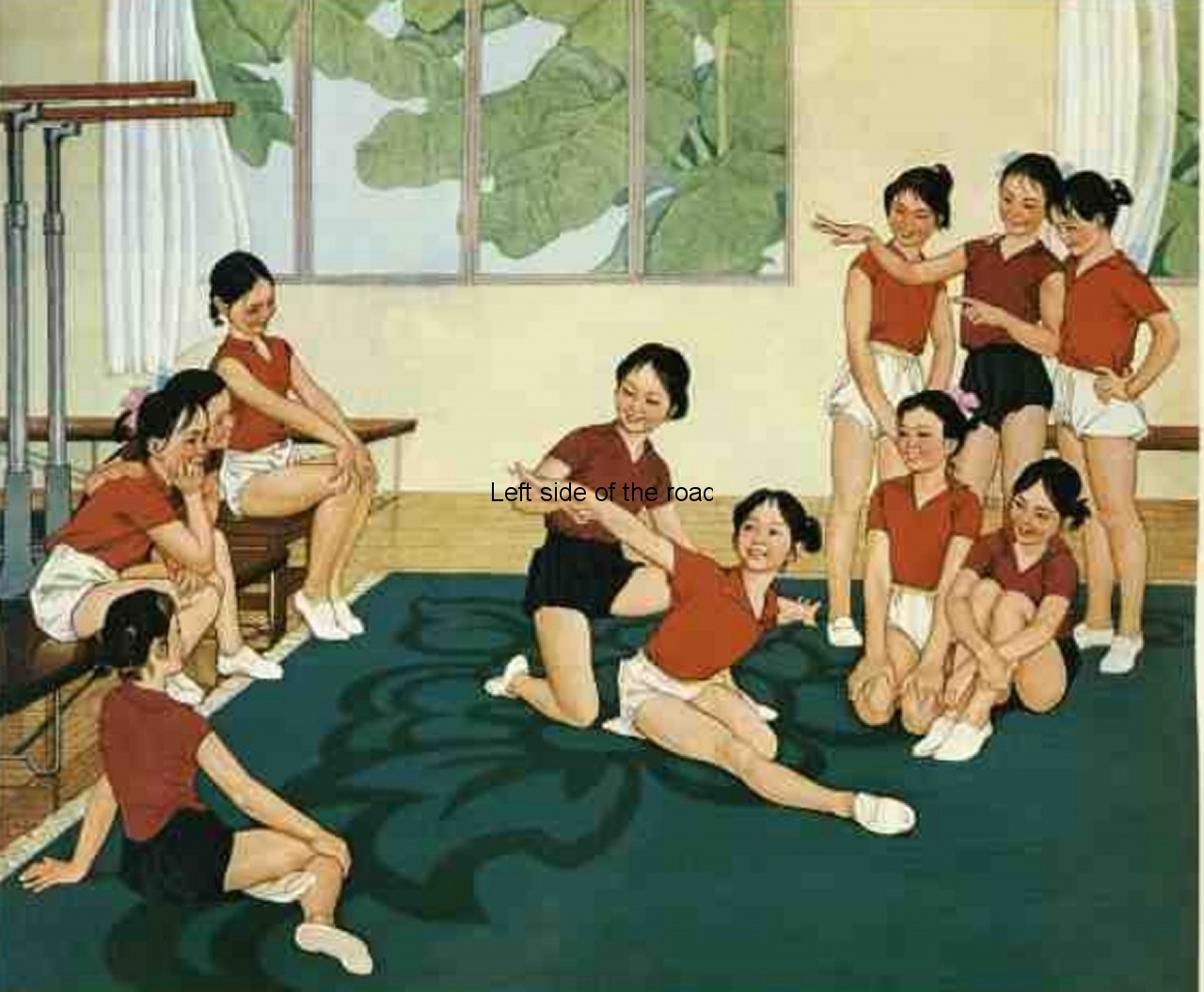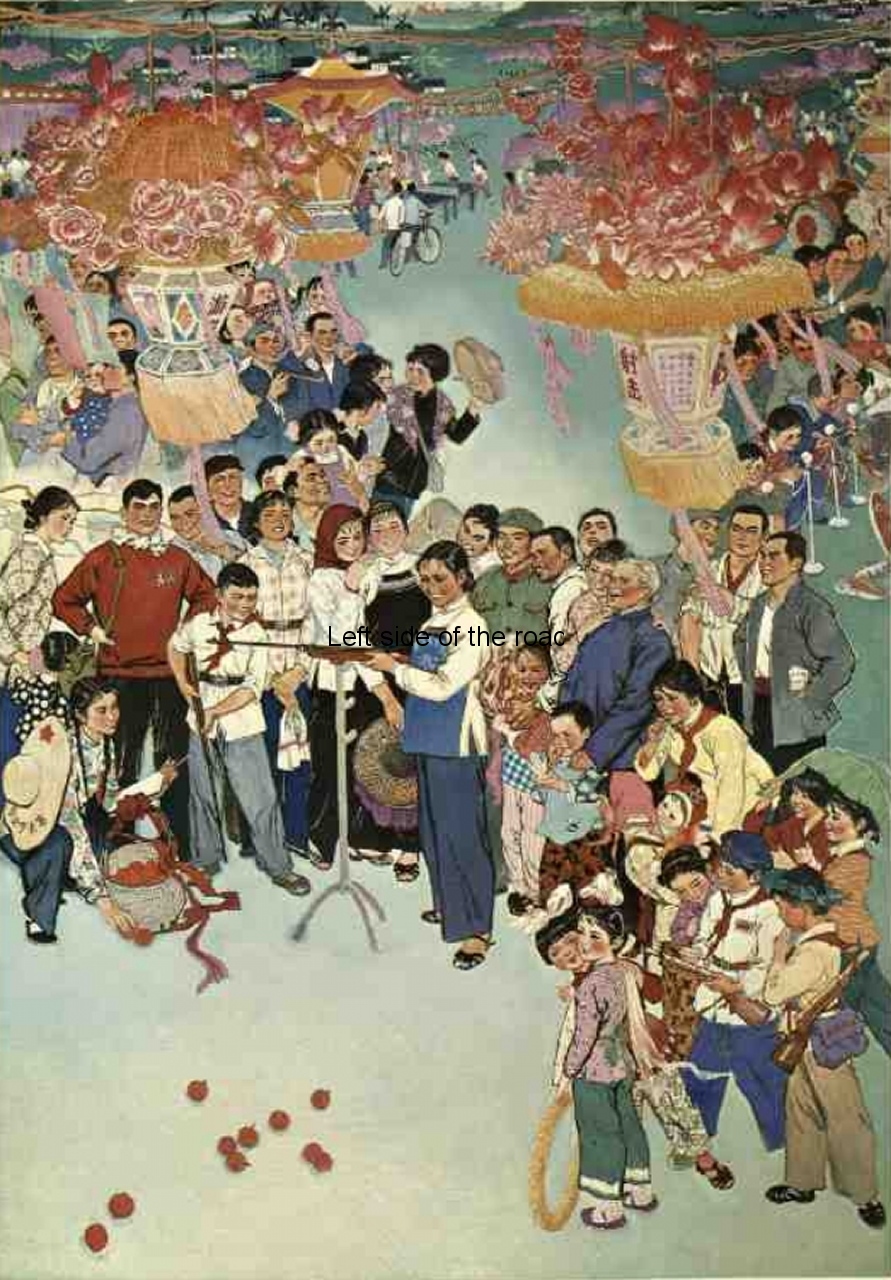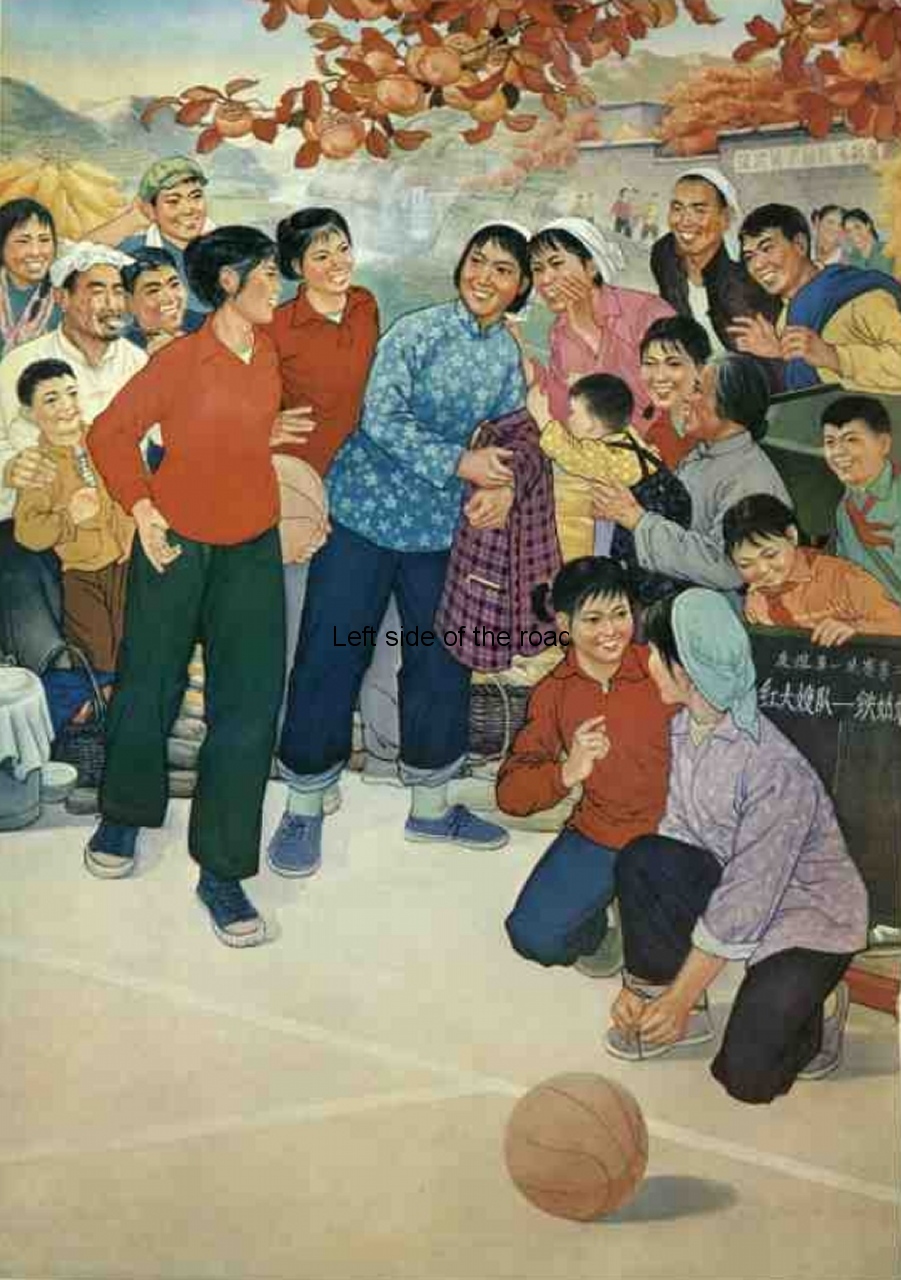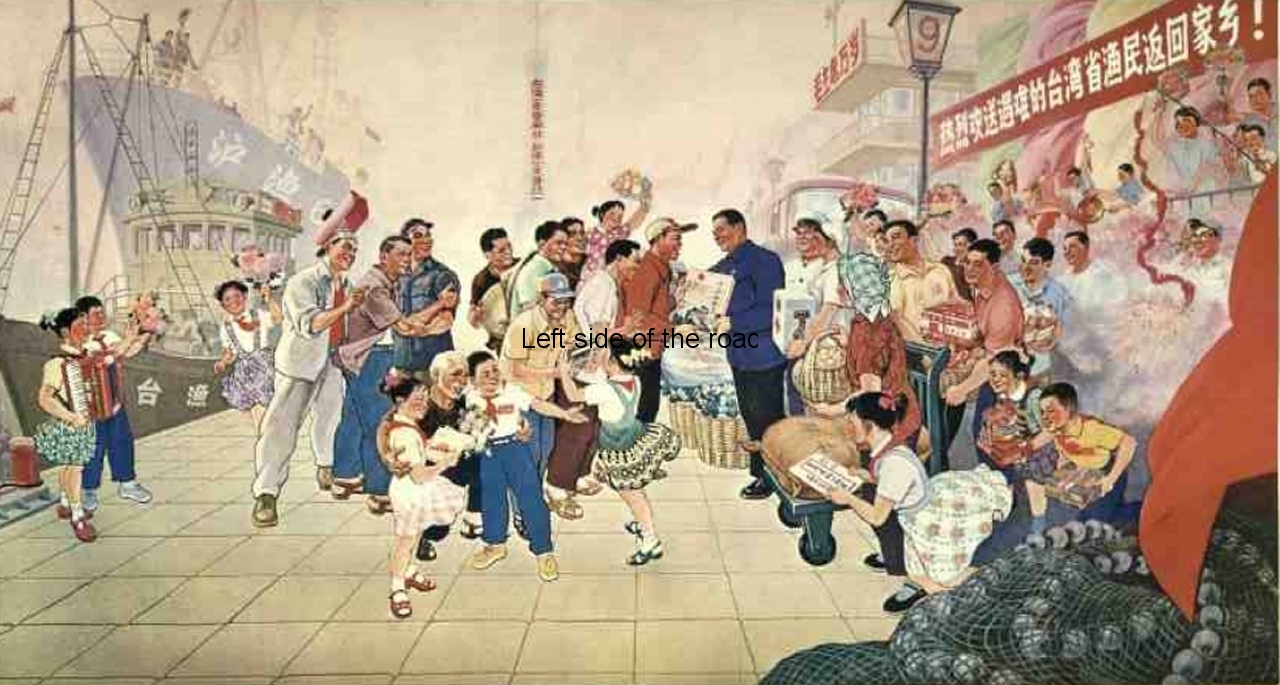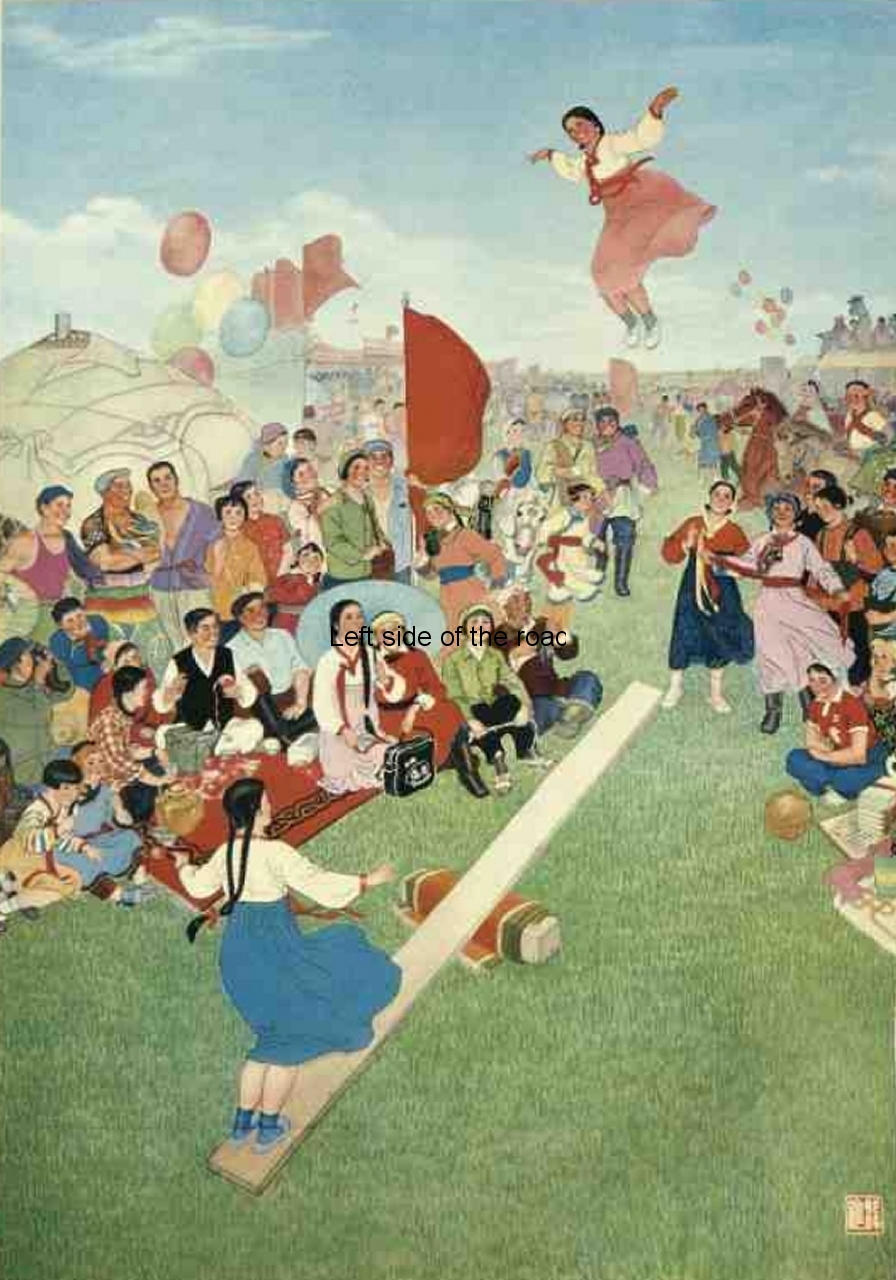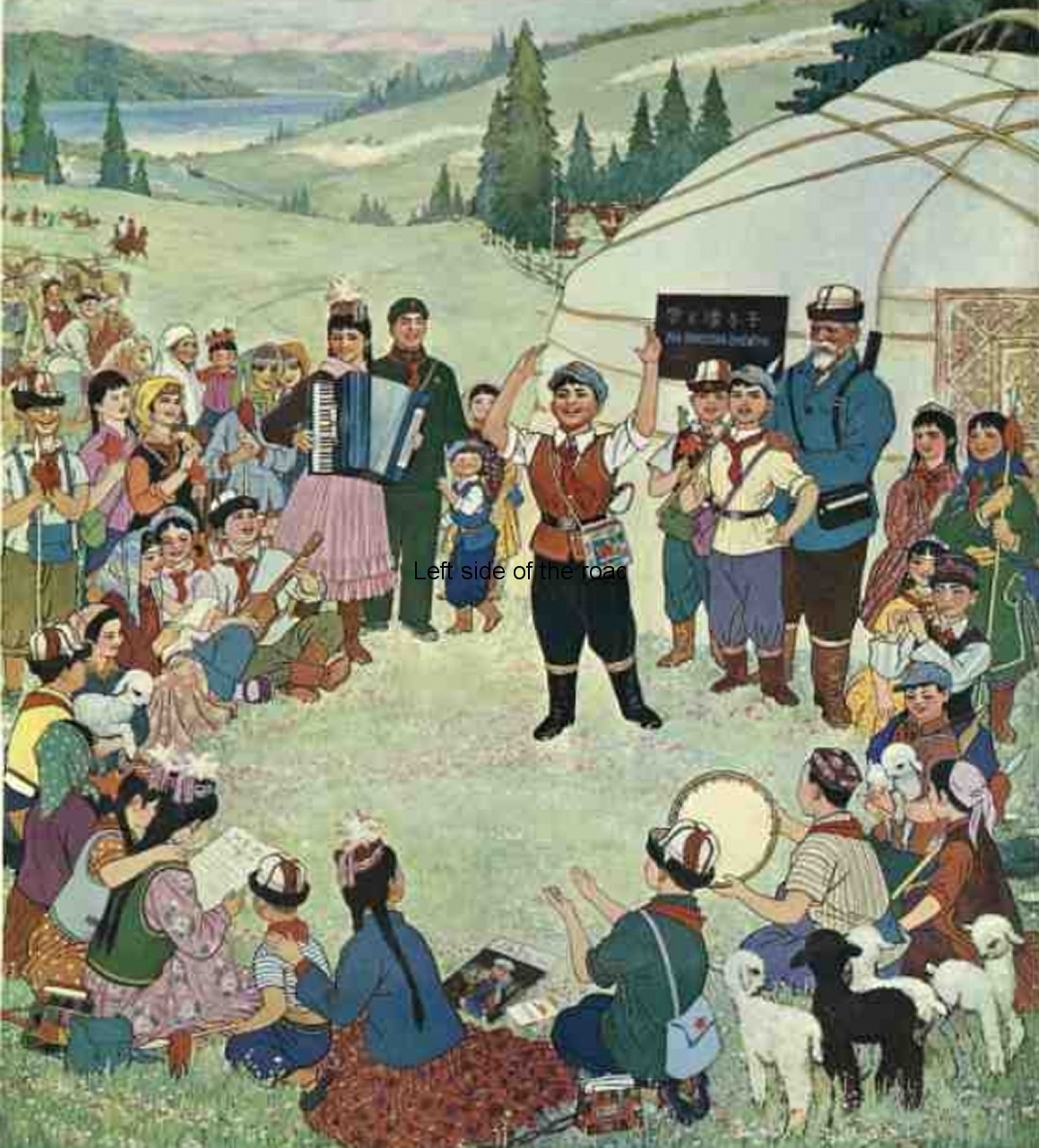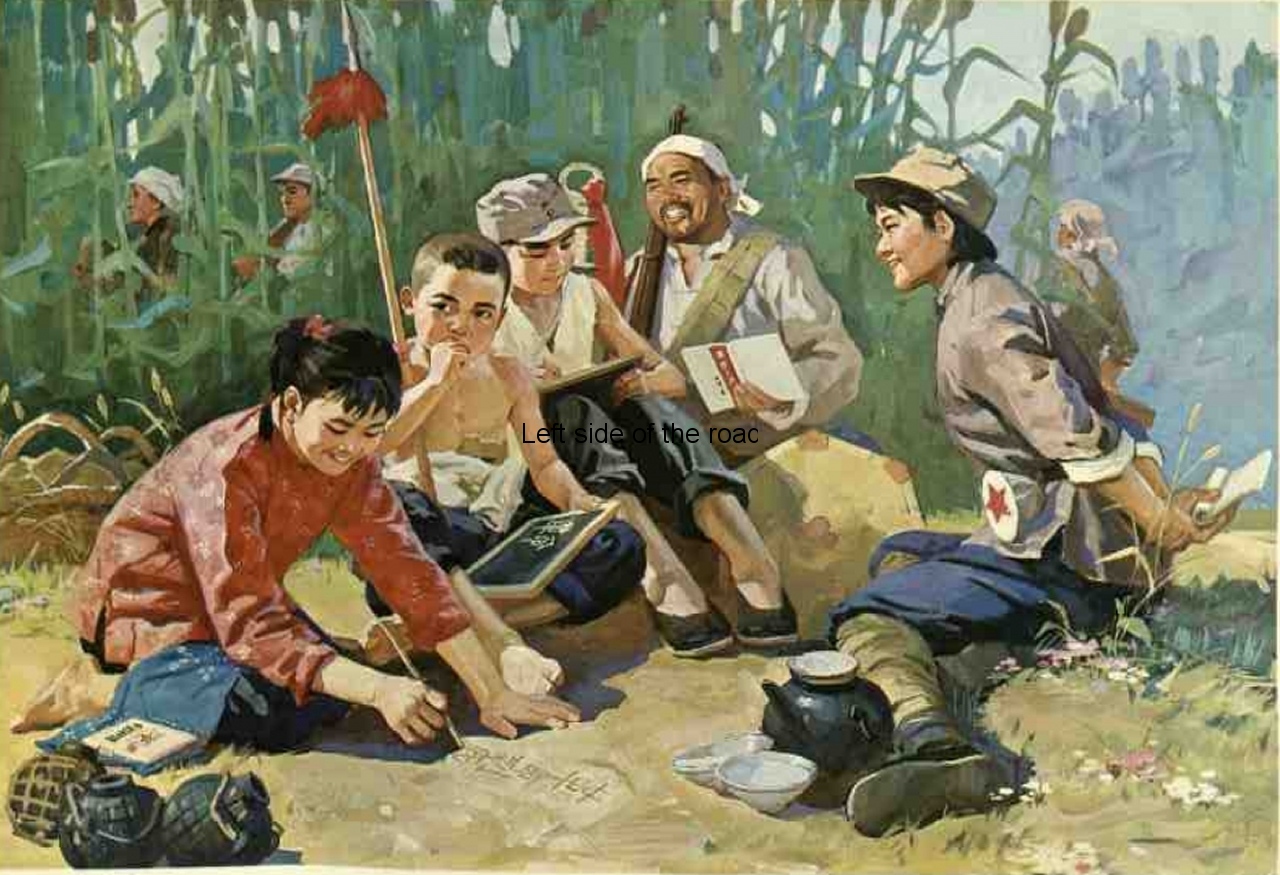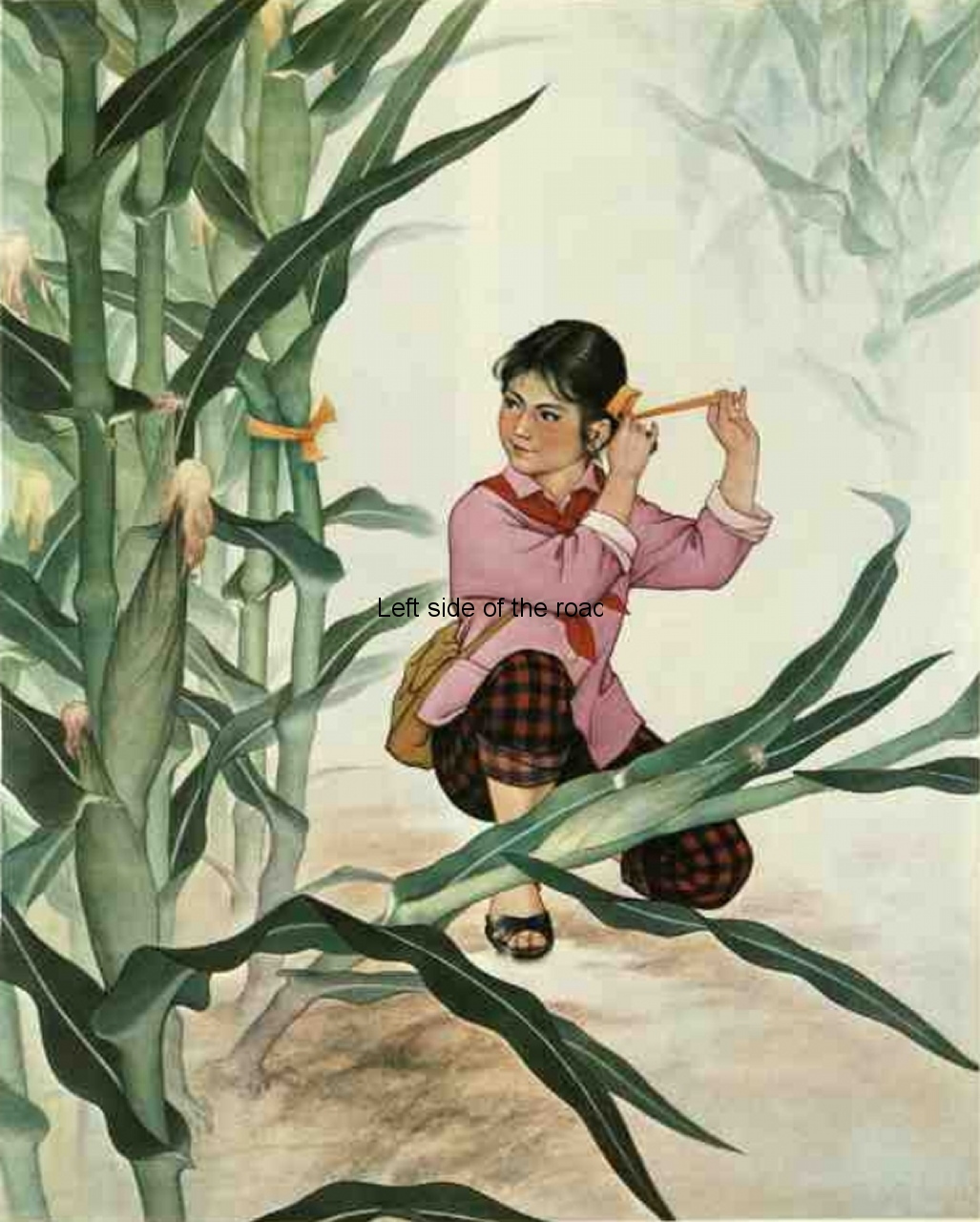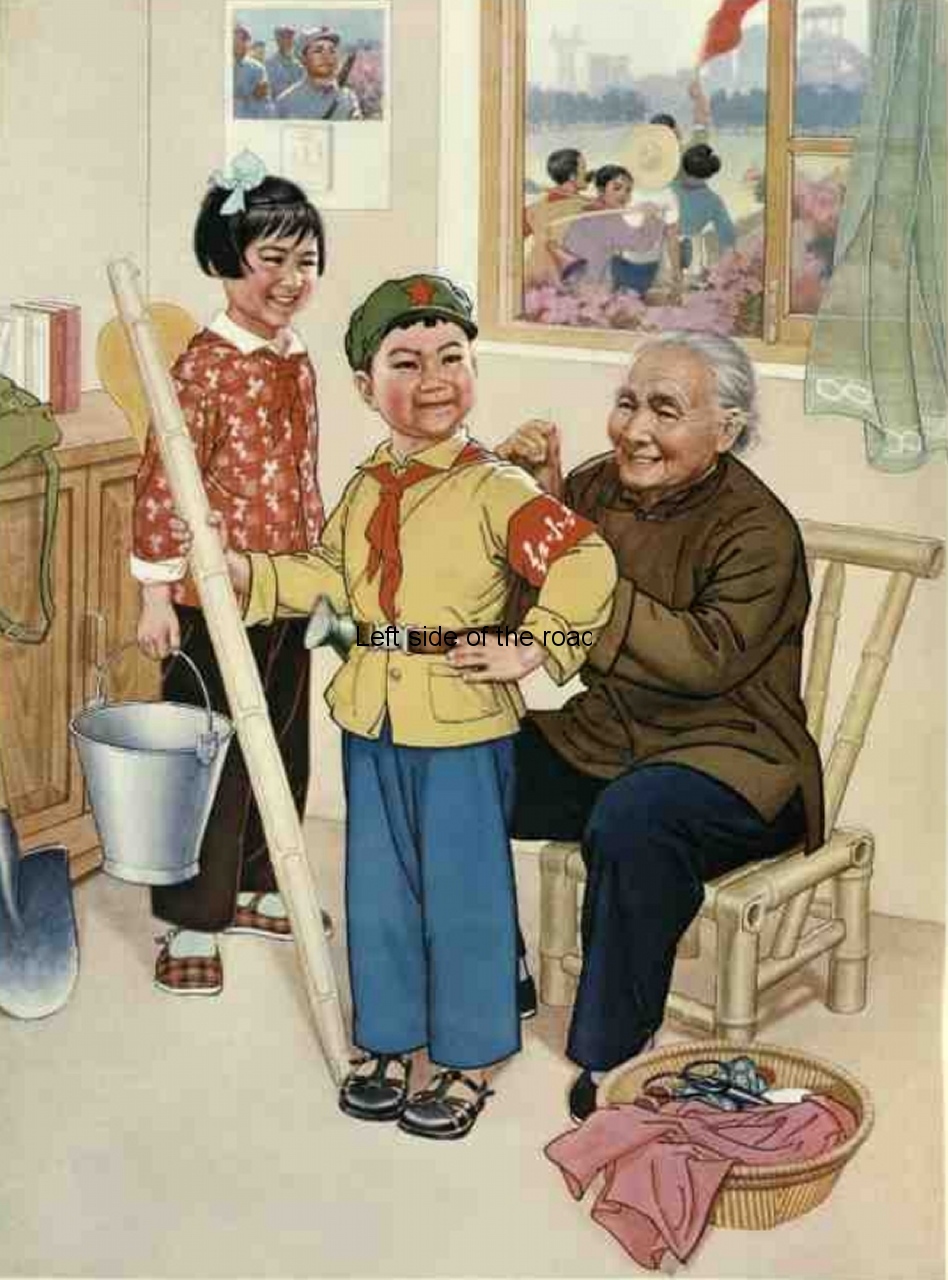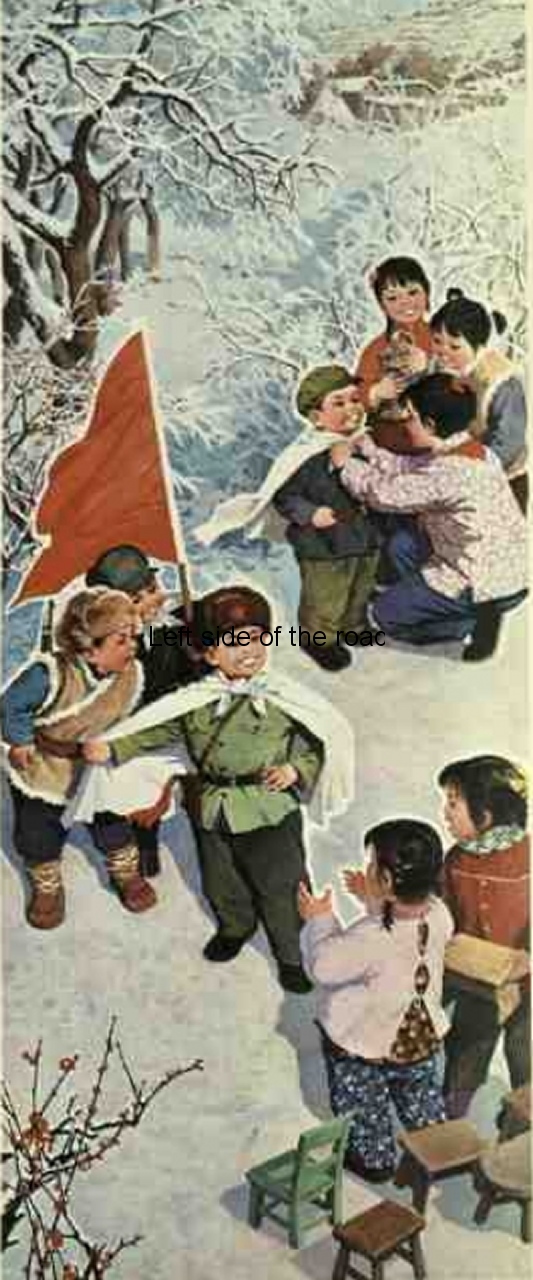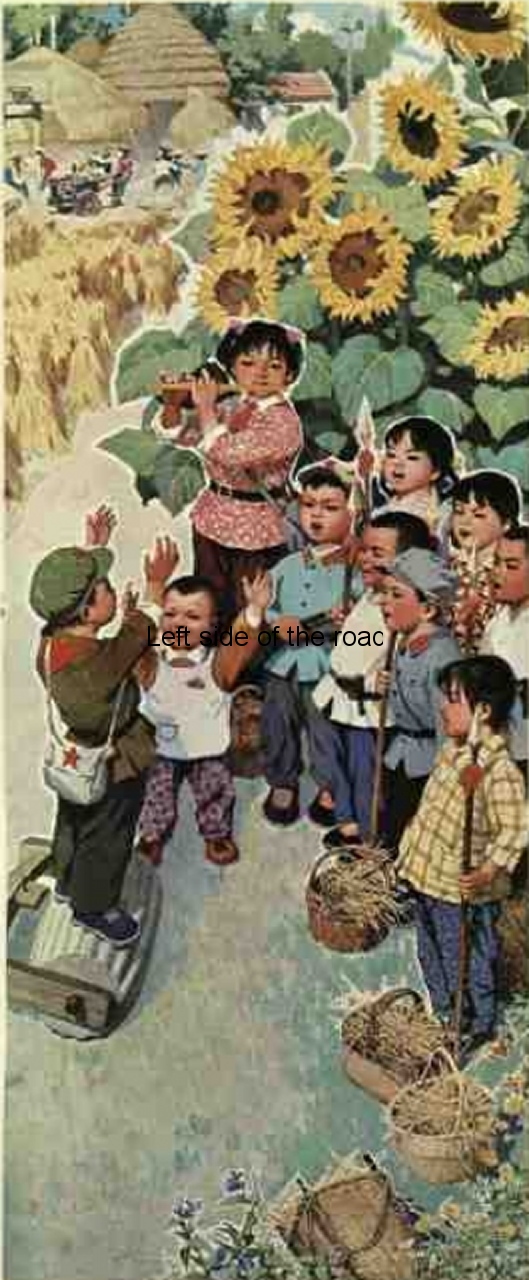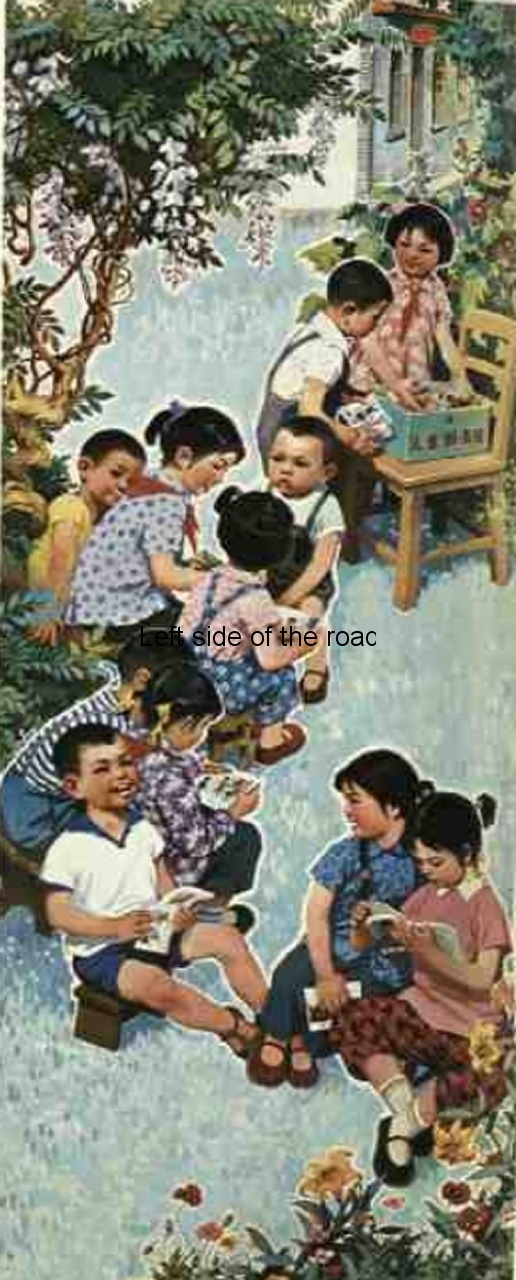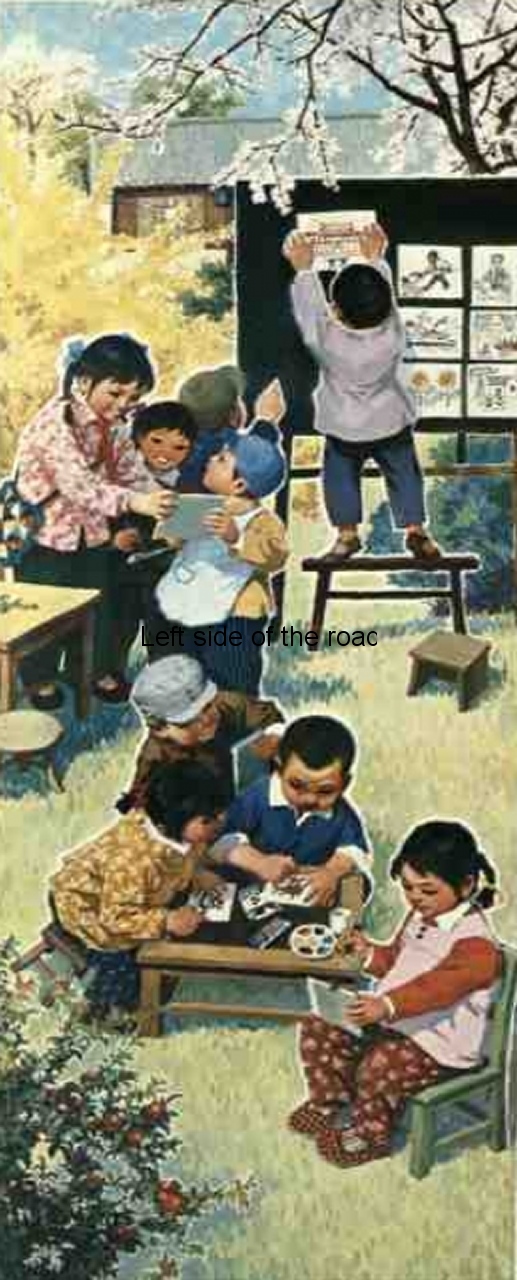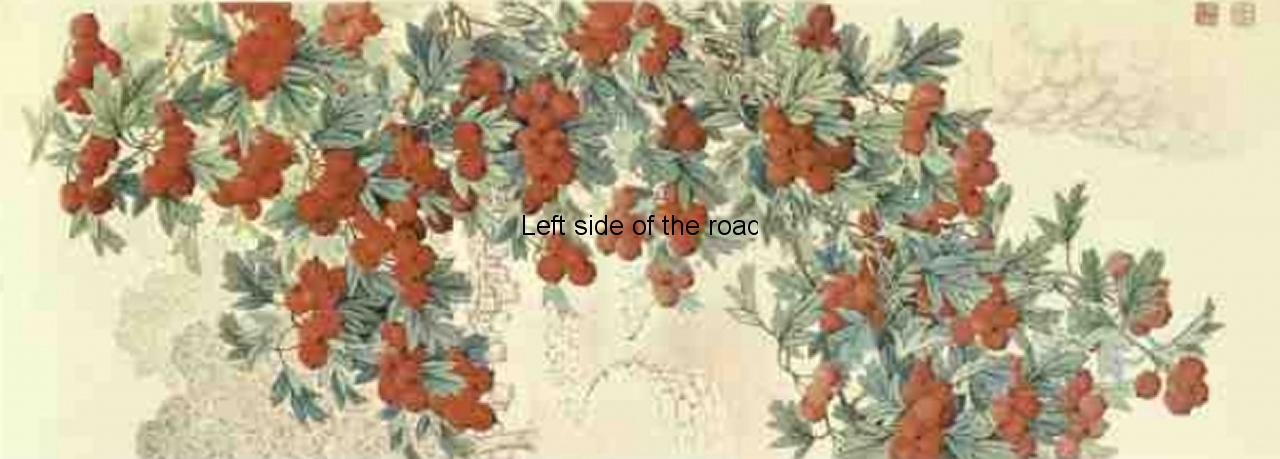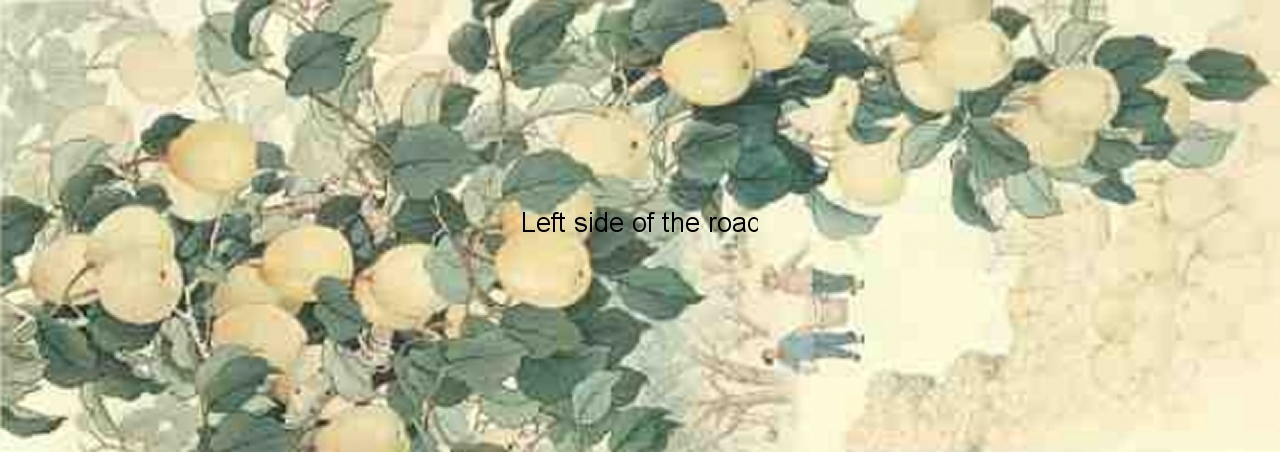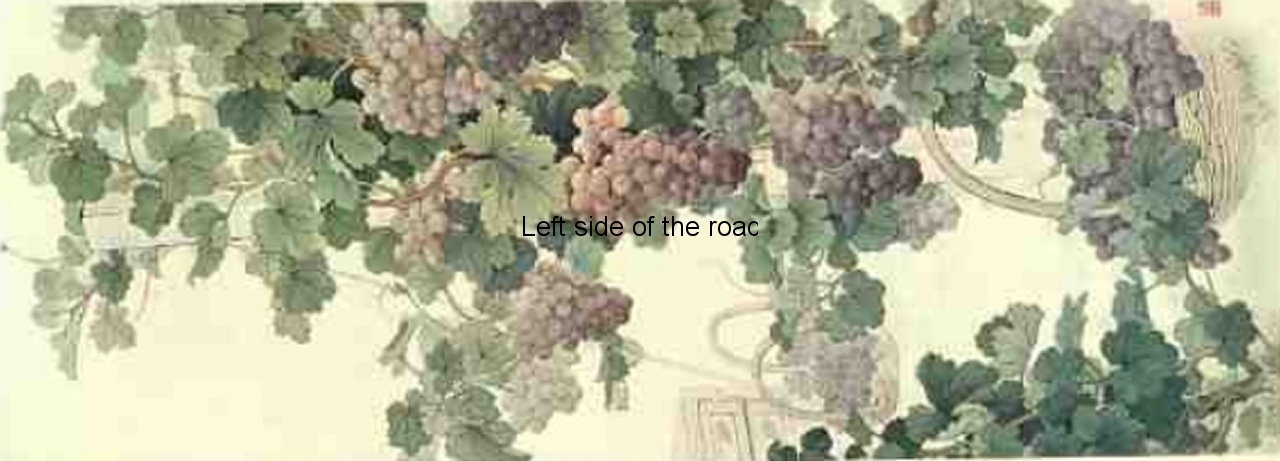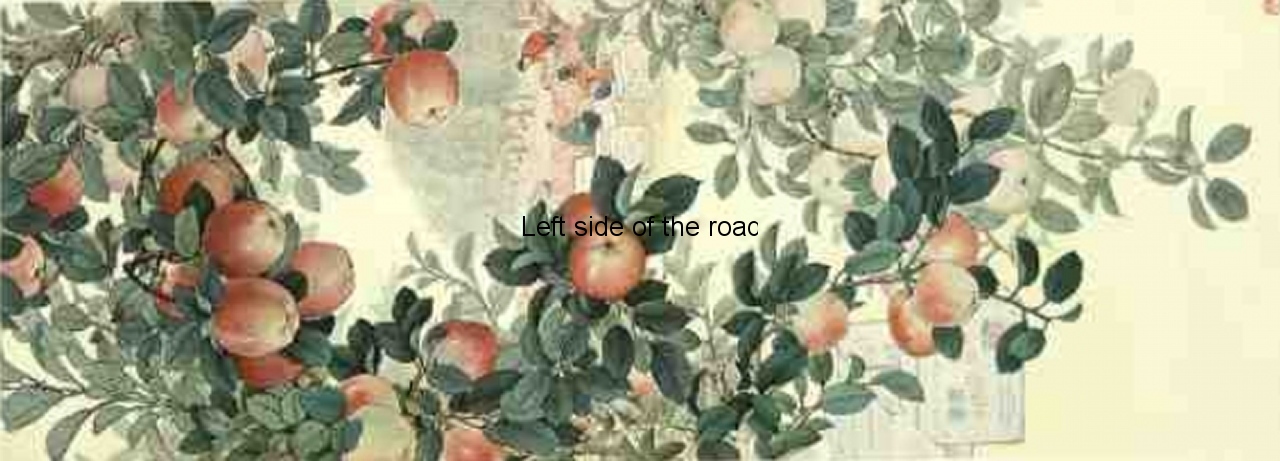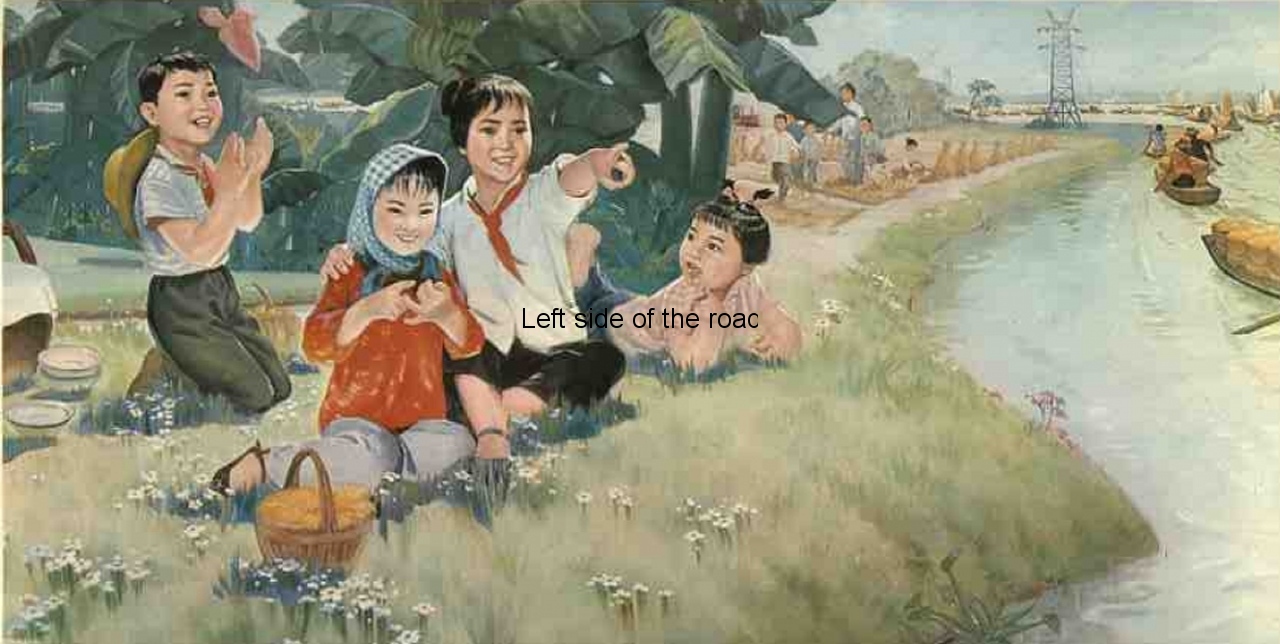
Chairman Mao Tse-tung
Chinese Revolutionary Art – 1975
So far the emphasis on this blog has been on those examples of Socialist Realist art that I have encountered on various visits to Albania in the past few years – especially the ‘lapidars’ (public monuments and sculptures). One of the drivers for starting this project was the fear that due to both active political vandalism and simple lack of care many of these unique works of socialist art were likely to disappear in the near future and would be lost to posterity.
The Albanian Lapidar Survey of 2014 meant that, at least, those monuments that still existed and were identified at the time would be recorded in as much detail as possible, including a comprehensive photographic record of their condition in 2014. The fate of those lapidars has varied in the intervening years, some suffering further decay others suffering inappropriate (if at times well meaning) and destructive ‘renovation’.
With many of the lapidars I have visited I have attempted to carry out a deep reading of what they represent and have tried to put them in their historical context. I don’t even try to maintain that I have always got it right but in lieu of any other such record (much information about the more than 650 lapidars covered in the ALS investigation – and many other works of art, such as bas reliefs, mosaics, etc. – having been destroyed or lost in the chaotic years of the 1990s) I hope my efforts can help in reconstructing a comprehensive data base for the future. Although many have already been written about on this blog there are still many to follow.
Travelling quite extensively around the country I have encountered artistic elements of the socialist past that were outside the remit of the ALS. That includes the likes of the mosaics (Bestrove, Tirana Historical Museum and on the Bashkia in Ura Vajgurore – to name a few) and bas reliefs (for example, the Durres Tobacco Factory and Radio Kukesi) already mention as well as paintings (in the National Art Gallery in Tirana), statues (including the ‘Sculpture Park‘ behind the National Art Gallery and the 68 Girls of Fier), stand alone structures (such as the Party Emblem in Peshkopia) and murals (such as the Traditional Wedding Mural in the hotel restaurant also in Peshkopia), exhibits in museums and a number of other works that have (sometimes) miraculously survived the 30 years following the success of the counter-revolution.
By the time the Party of Labour of Albania had achieved victory over the fascist invaders in November 1944 the idea of Socialist Realist Art as something Socialist countries should encourage had become entrenched in the thinking of revolutionary Marxist-Leninists. I presented my interpretation of this when discussing art in Albania but the same arguments would suit the use of art in the other major Socialist countries, especially the Soviet Union and China.
I intend to look at Soviet Socialist Realist Art, initially, by reading the stories being told in the Metro stations, principally of Leningrad (now St Petersburg) and Moscow.
When it comes to the People’s Republic of China there are already examples of the use of art in the struggle to establish Socialism in the pages of Chinese Literature. Various issues of that magazine are available from 1953 to 1981 (the final 5 years an example of how literature and art can be used to turn back Socialism in a similar way it was used to promote Socialism from 1949 till just after the death of Chairman Mao in 1976).
The Chinese approach to literature and art can also be gleaned from the works of the writer and cultural theorist Lu Hsun.
Here I present a slide show of a collection of posters from the last, full revolutionary year of the People’s Republic of China (1975) to give an idea of how Chinese poster art had developed to that date.

